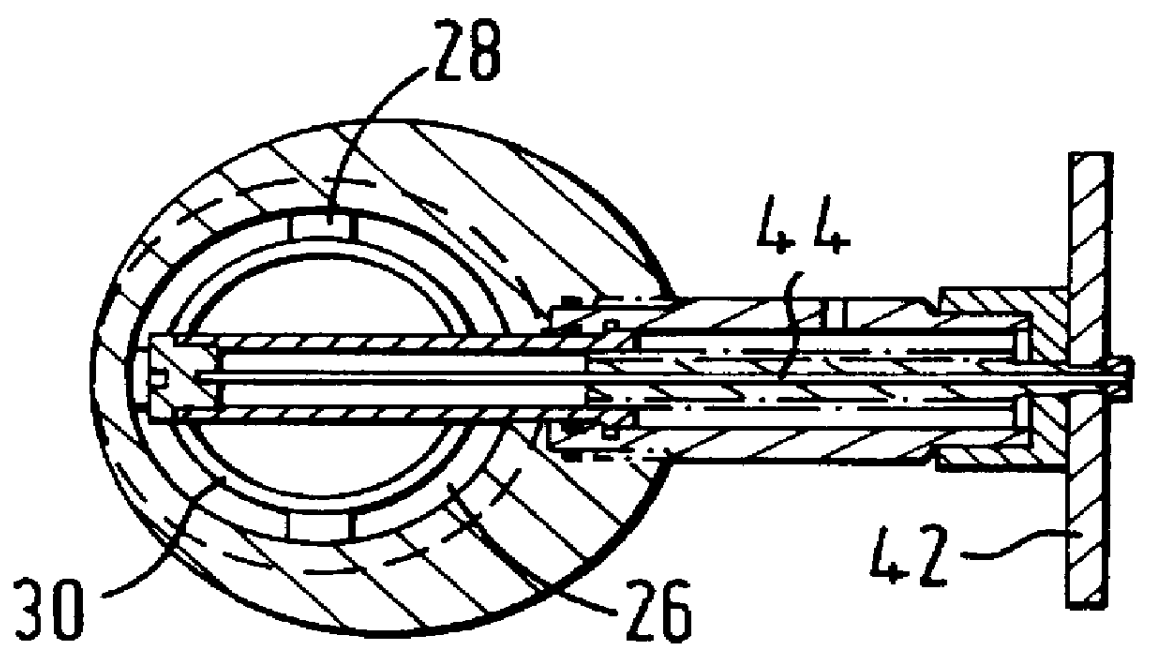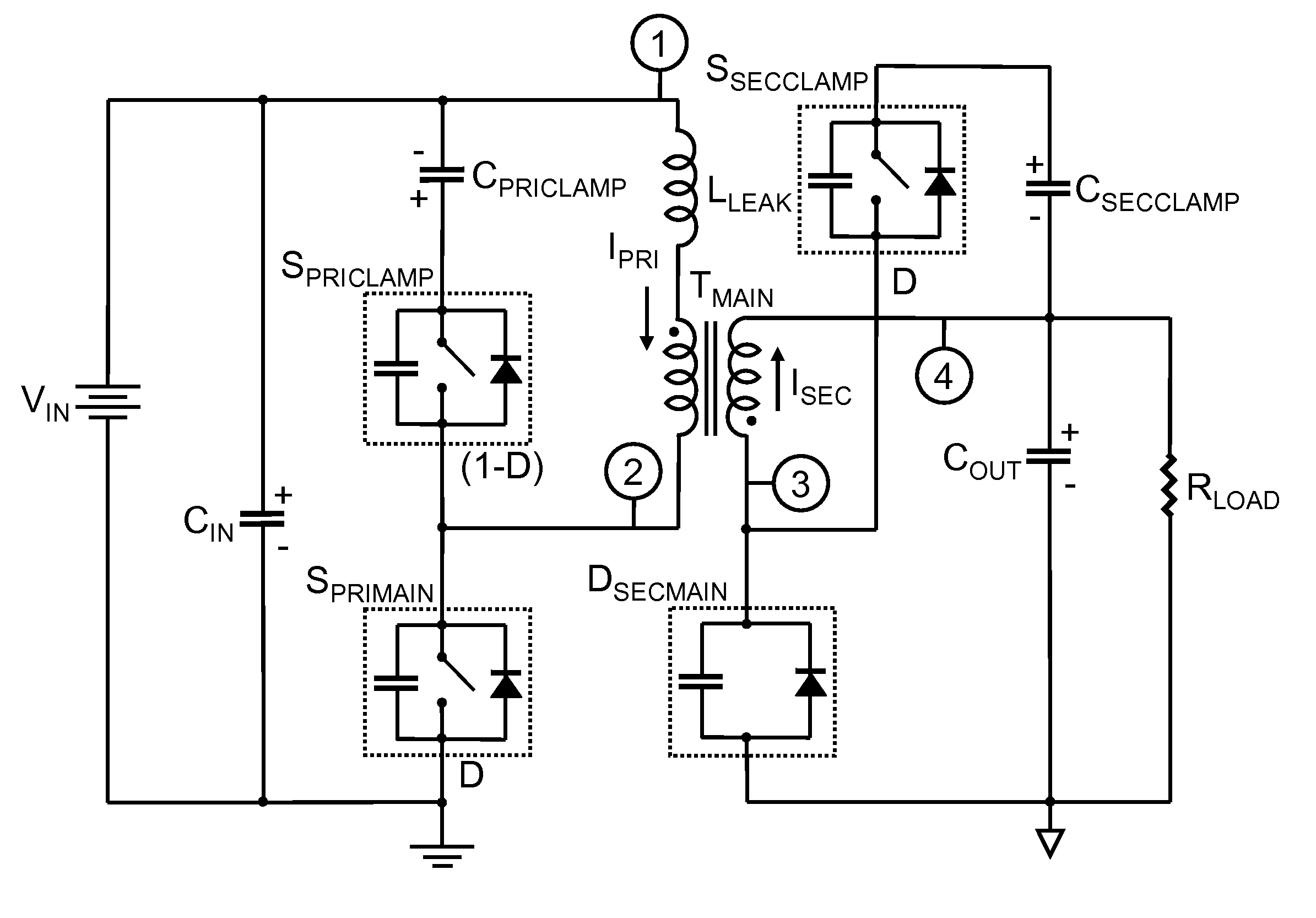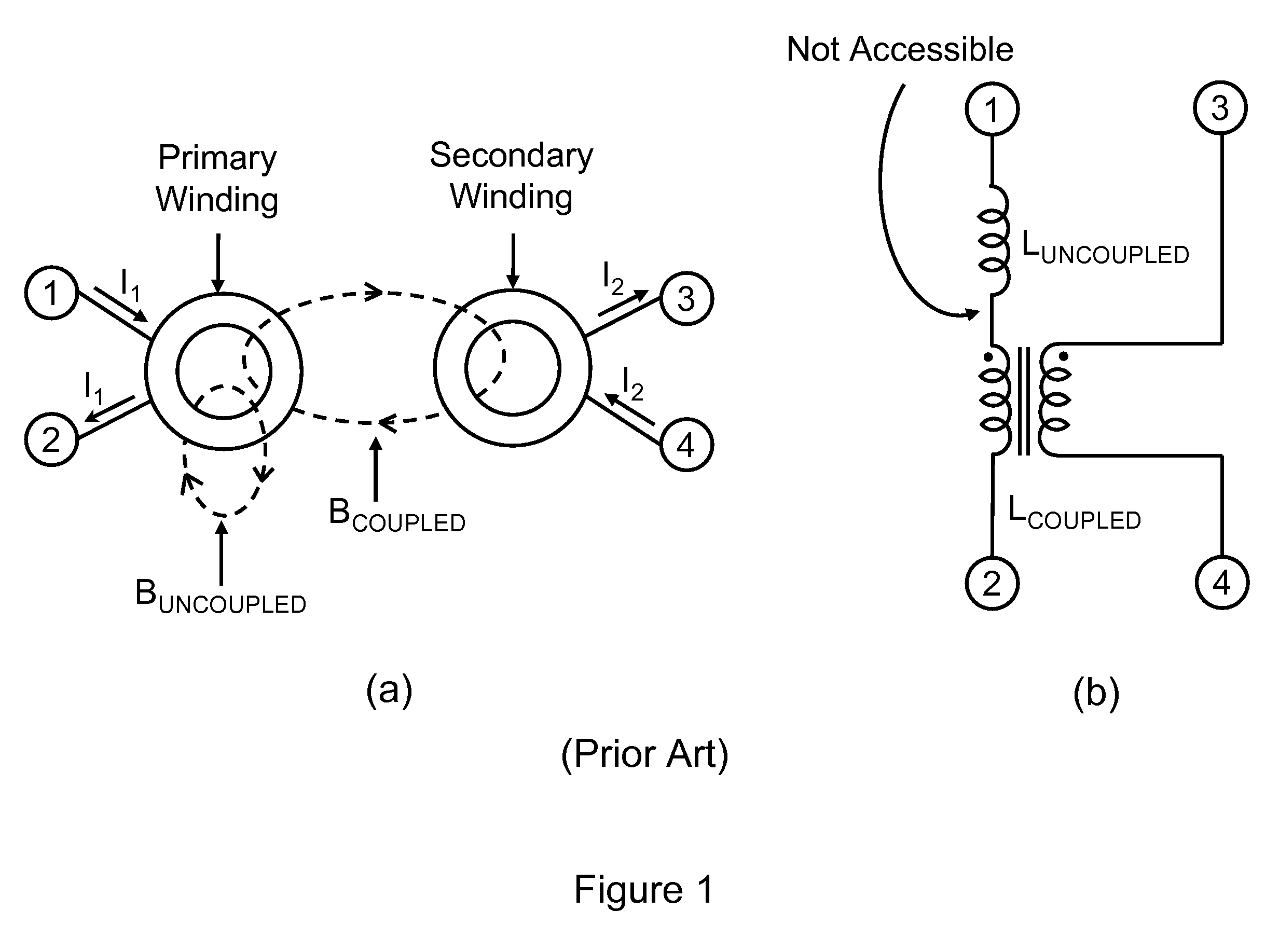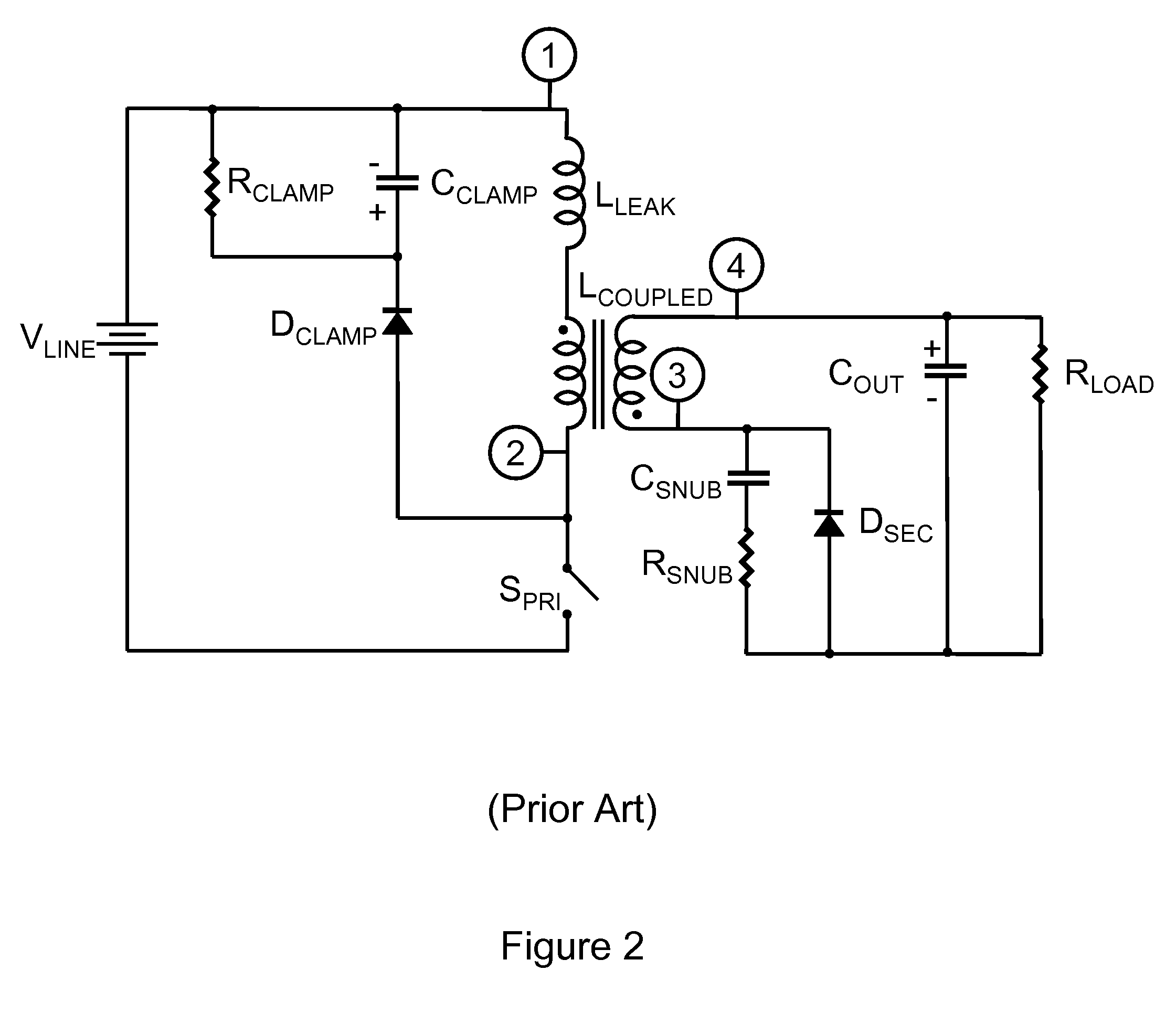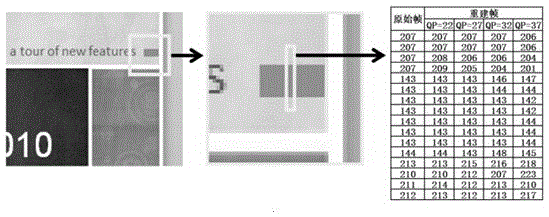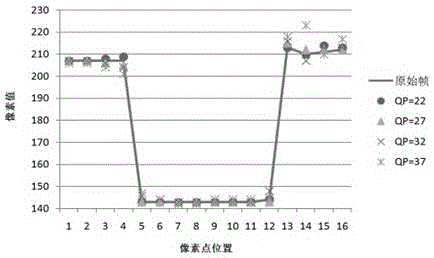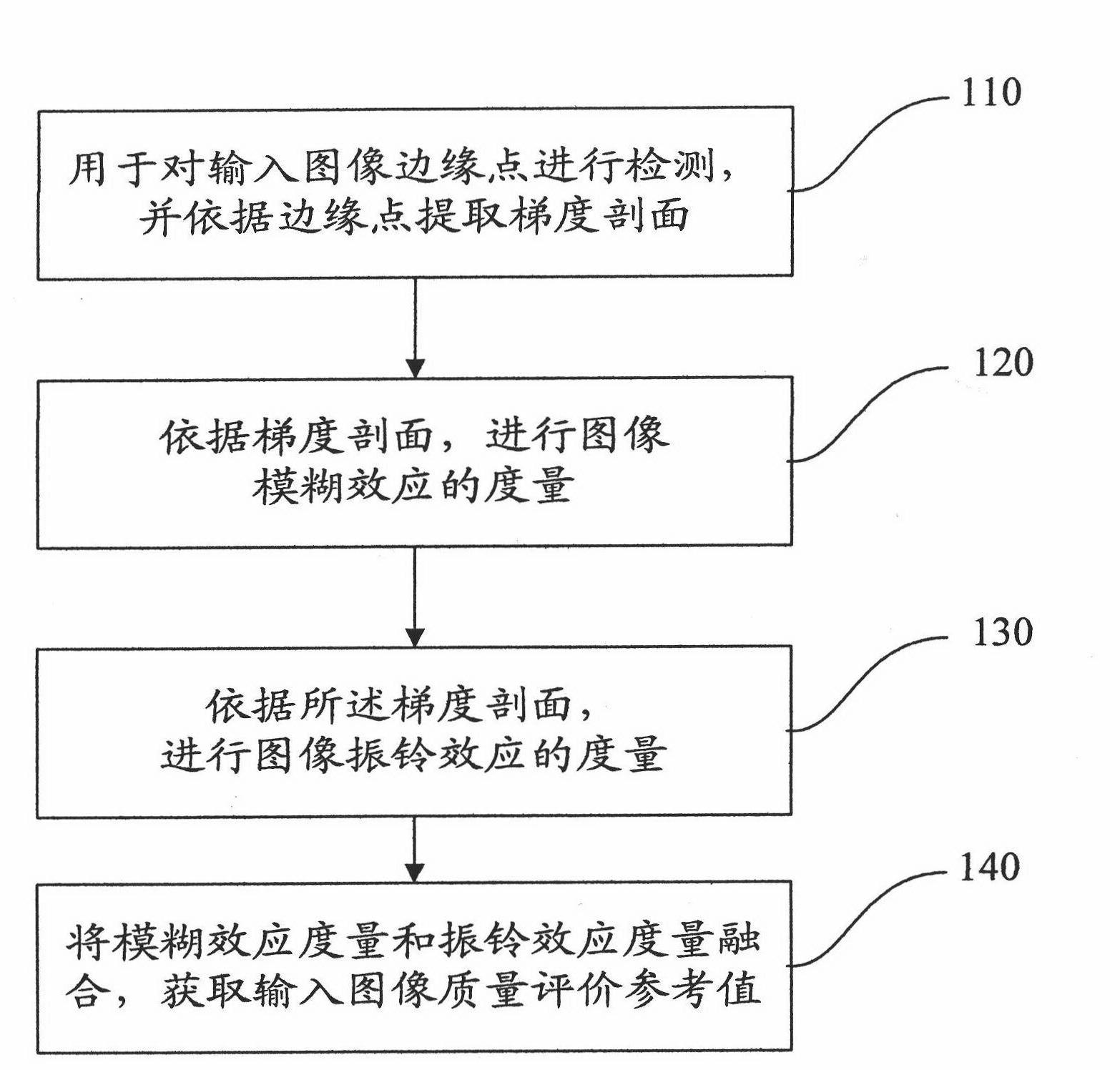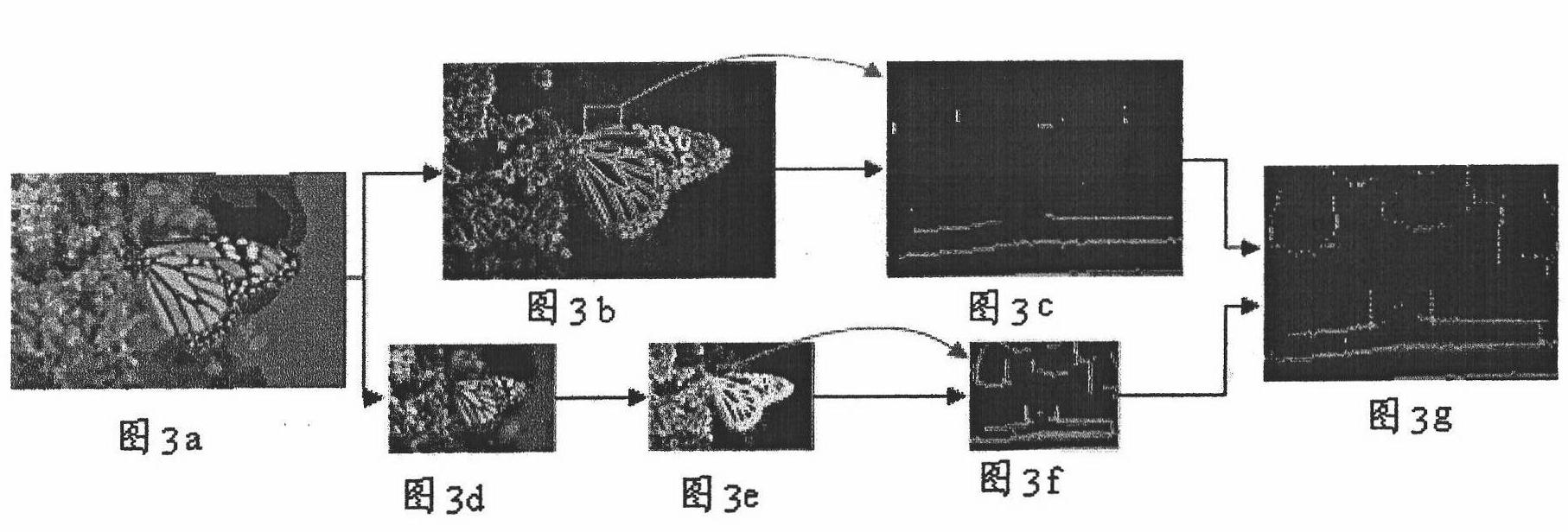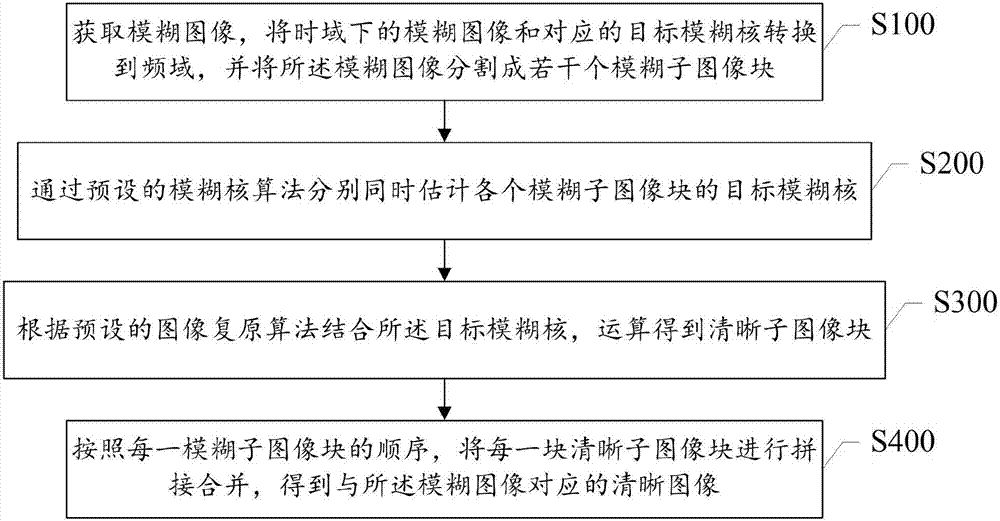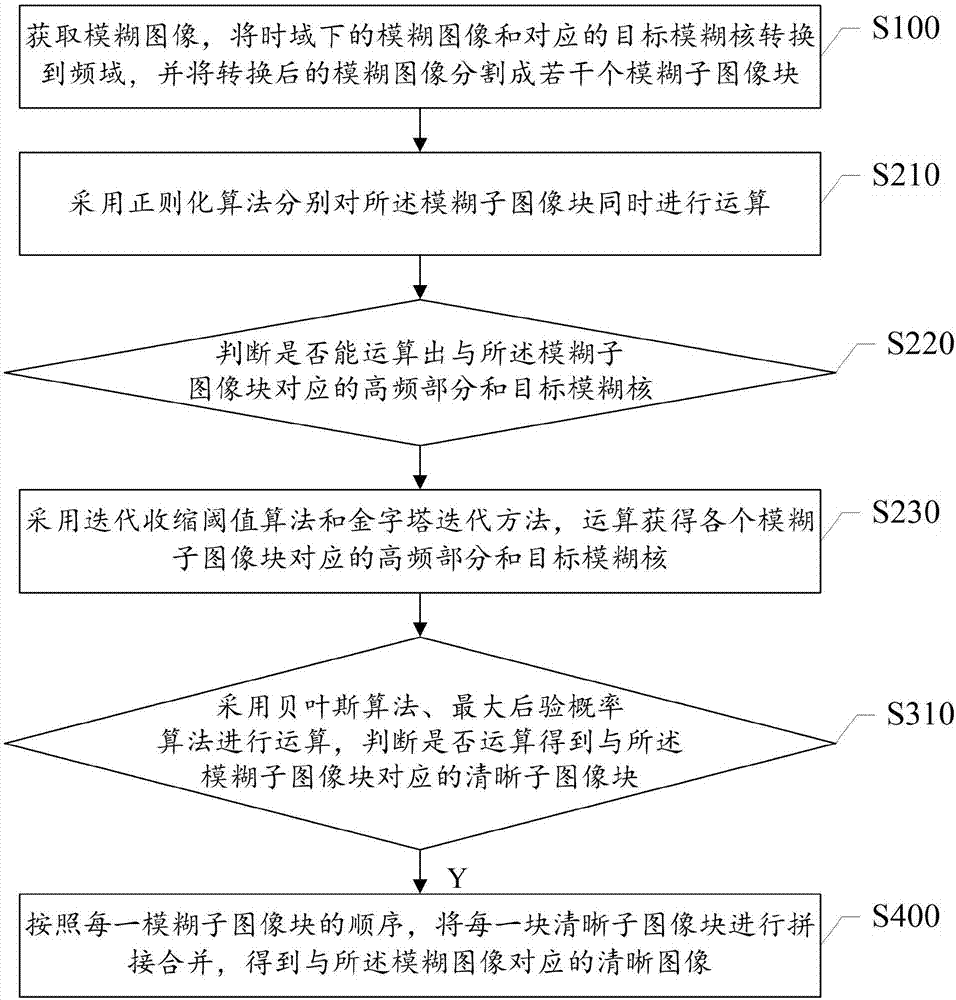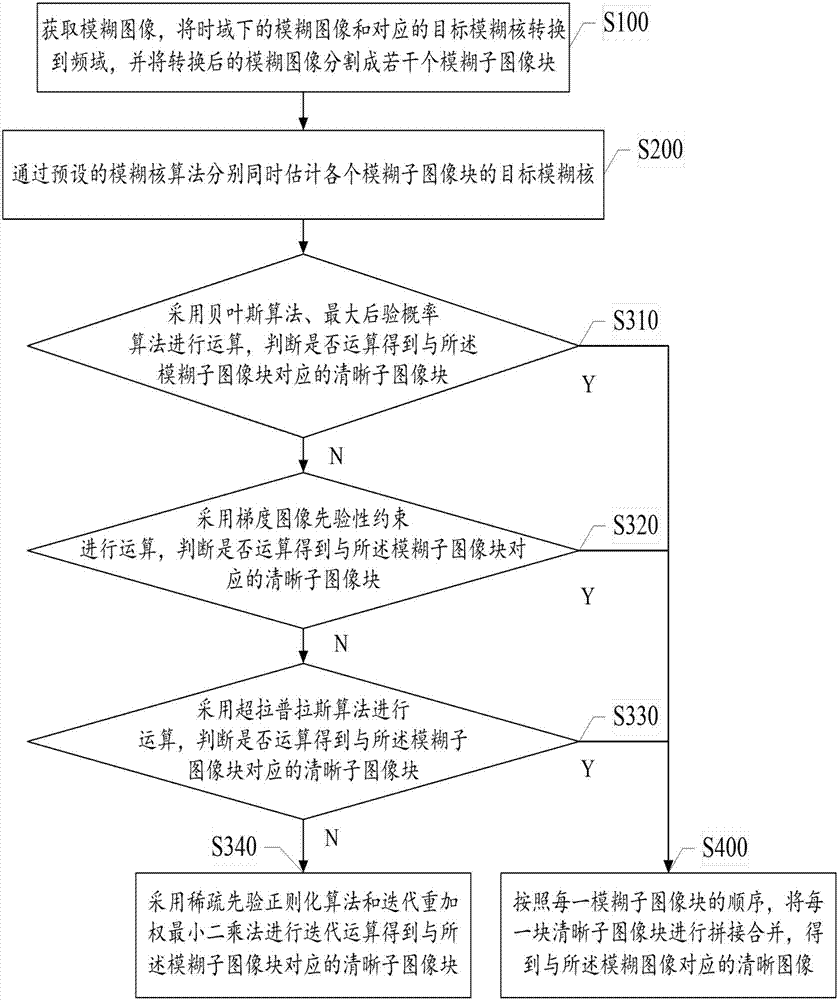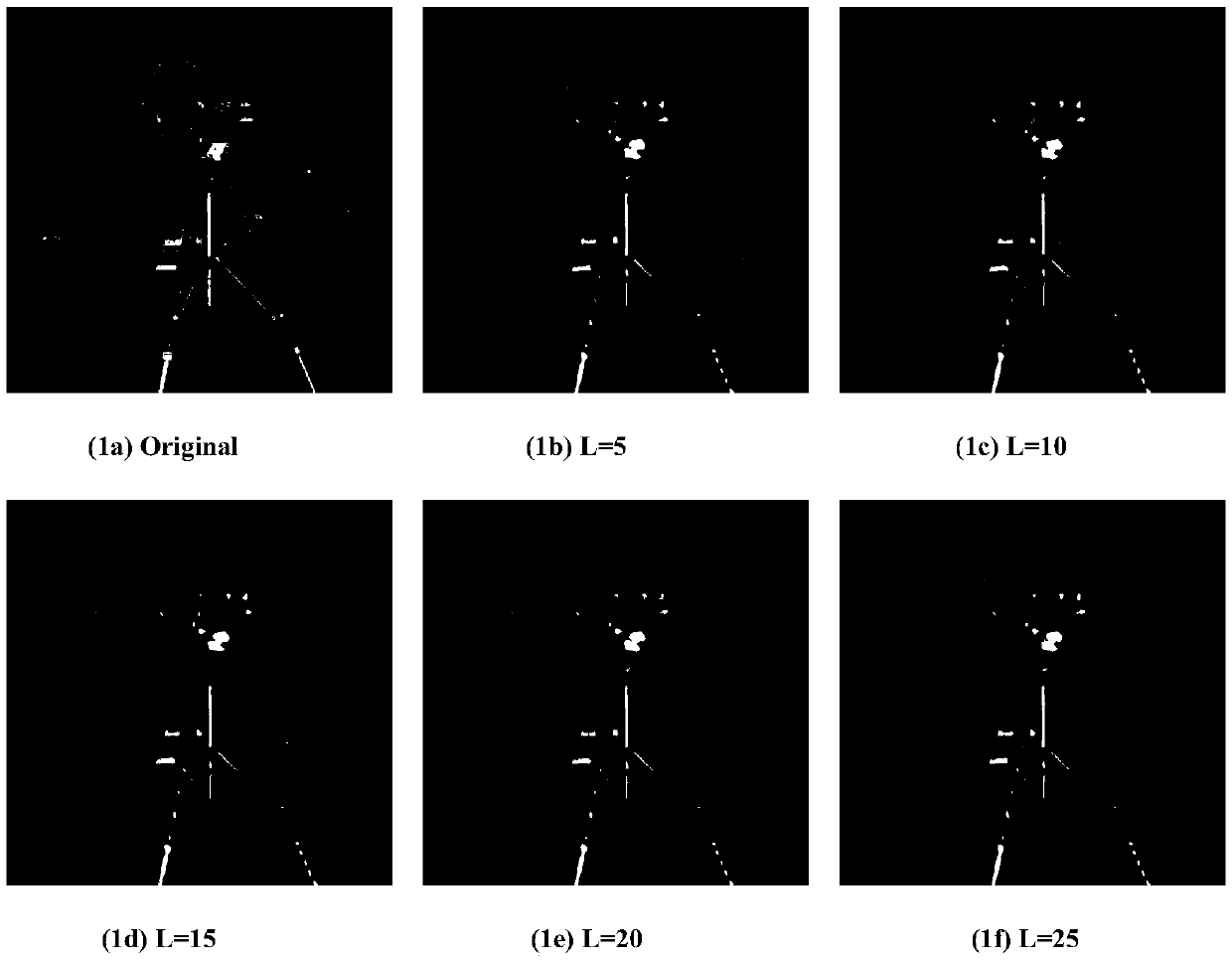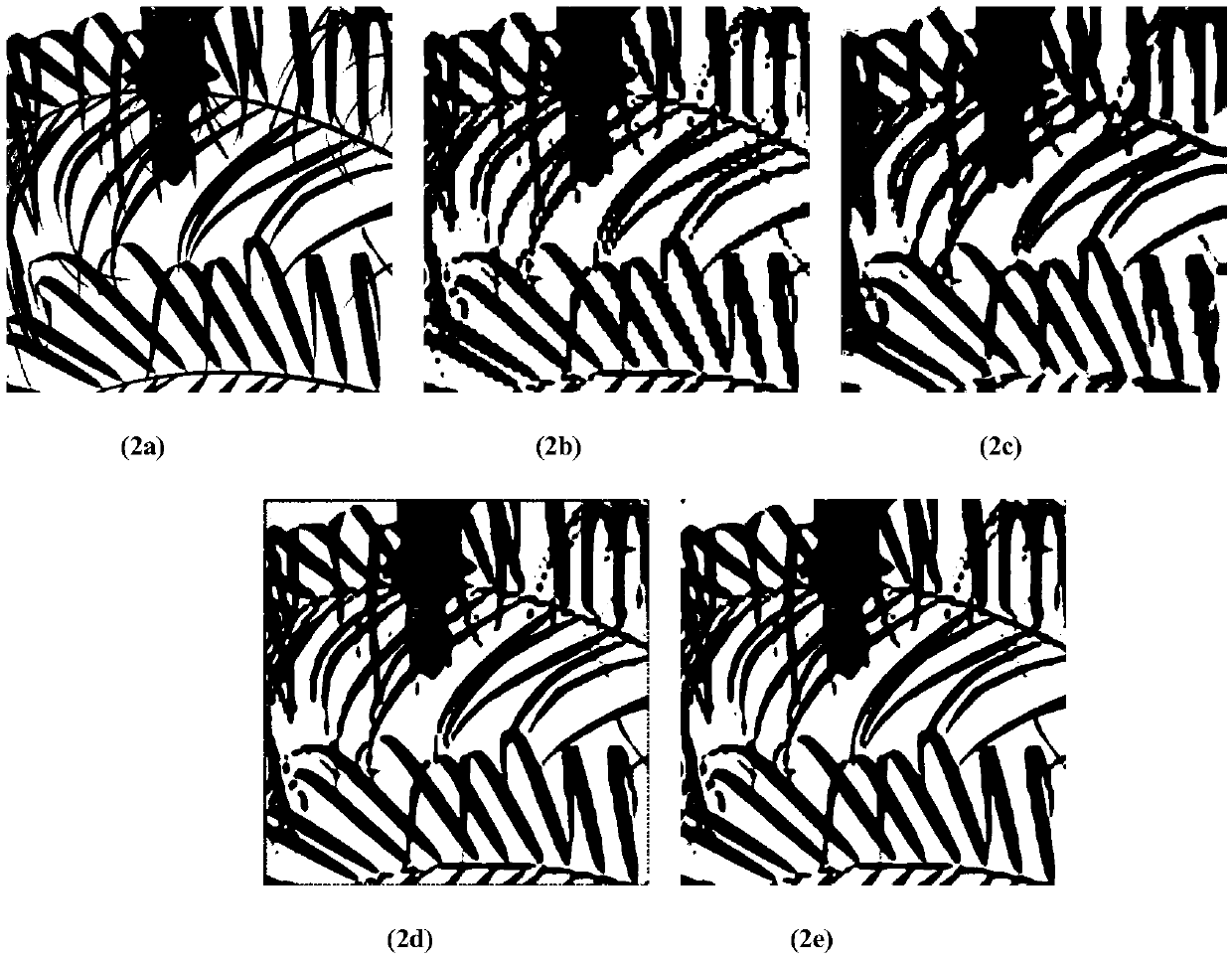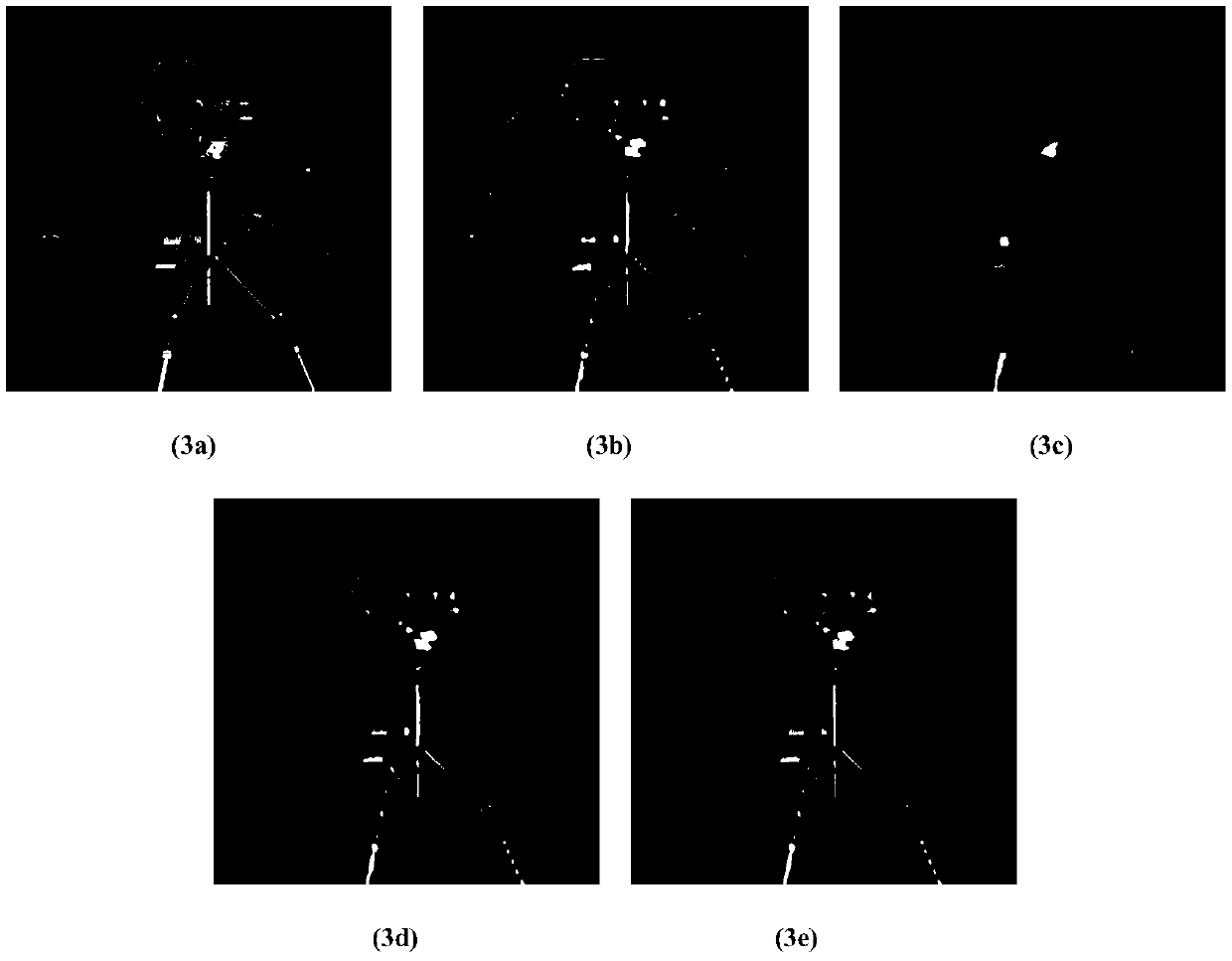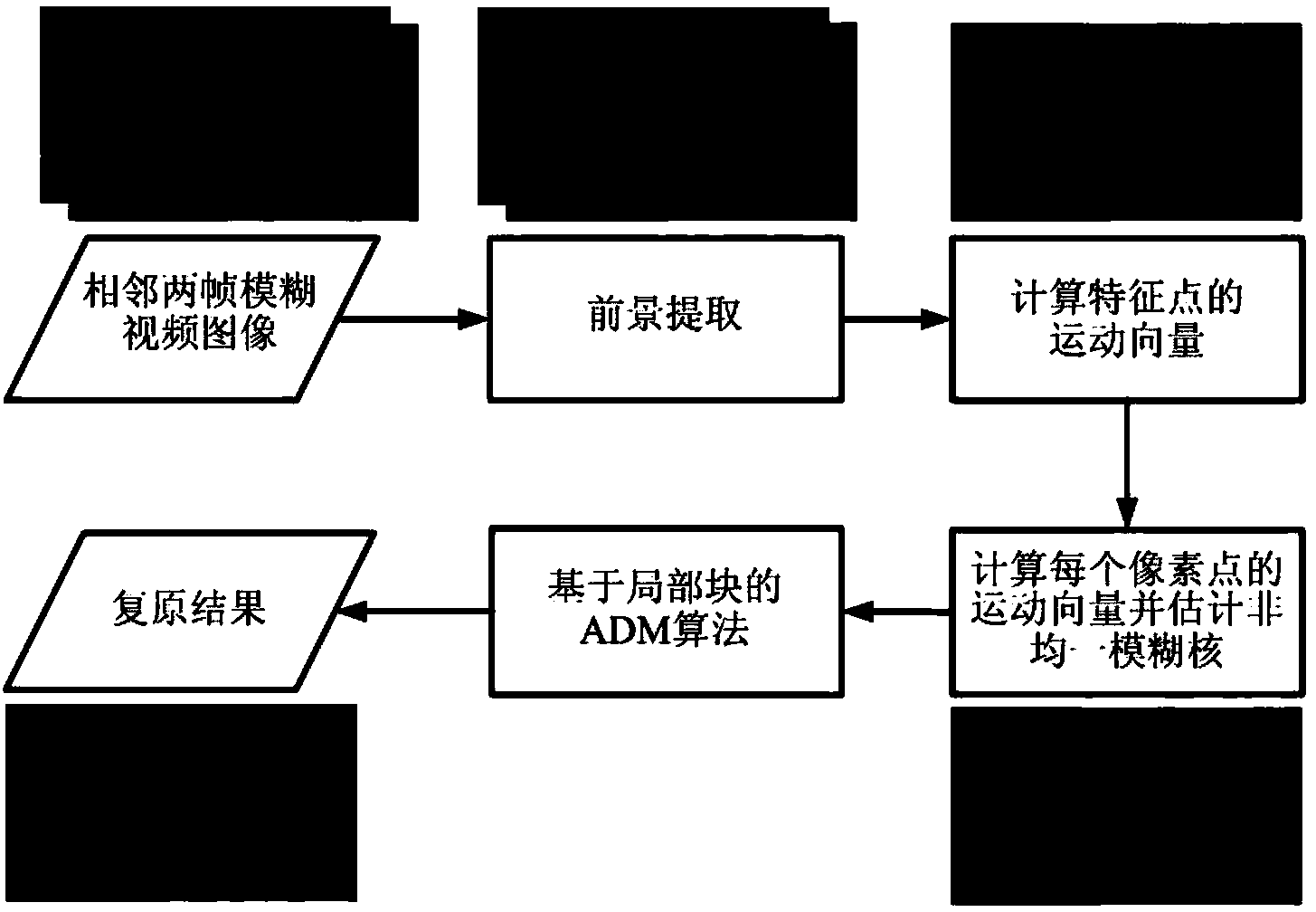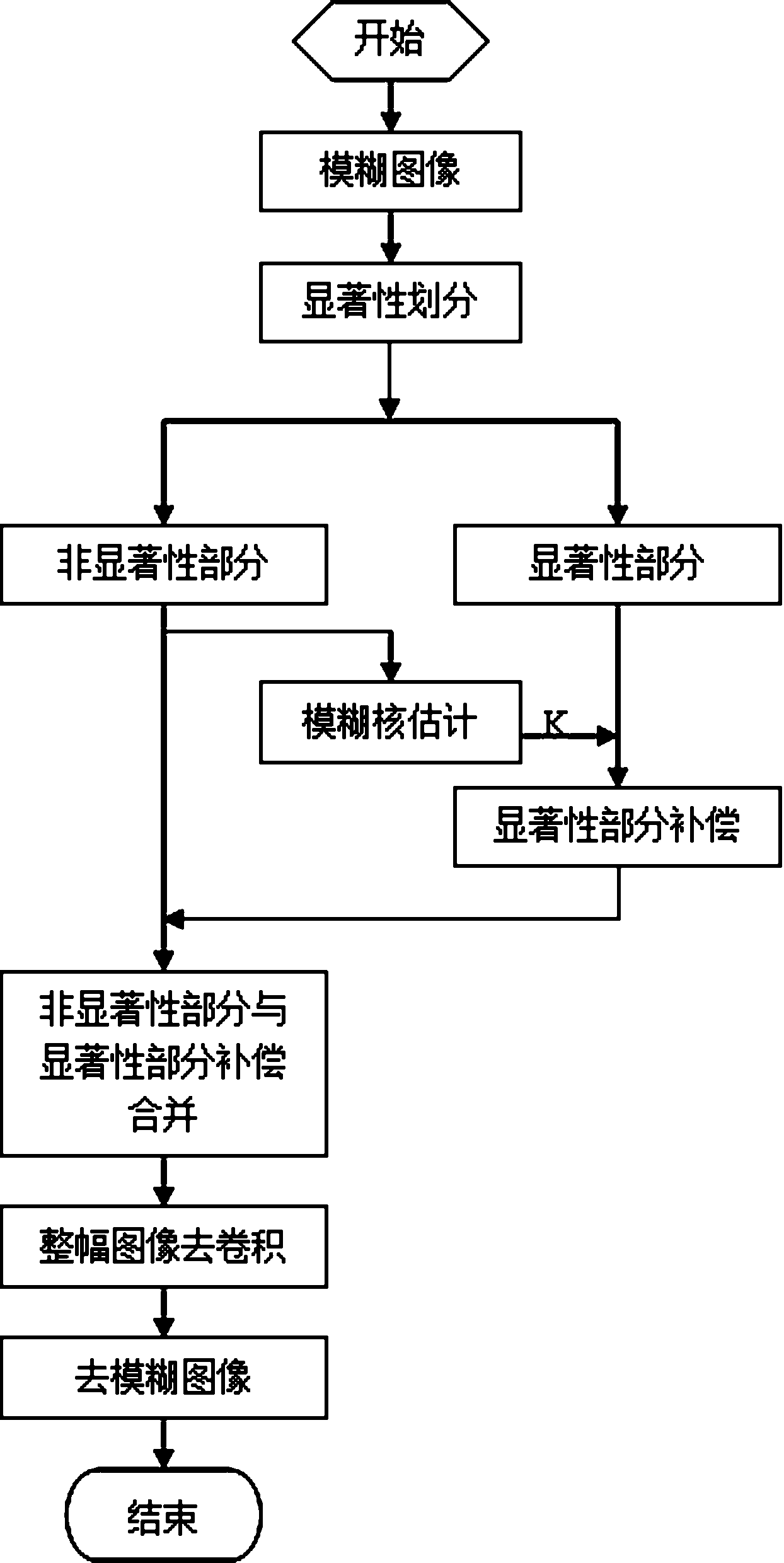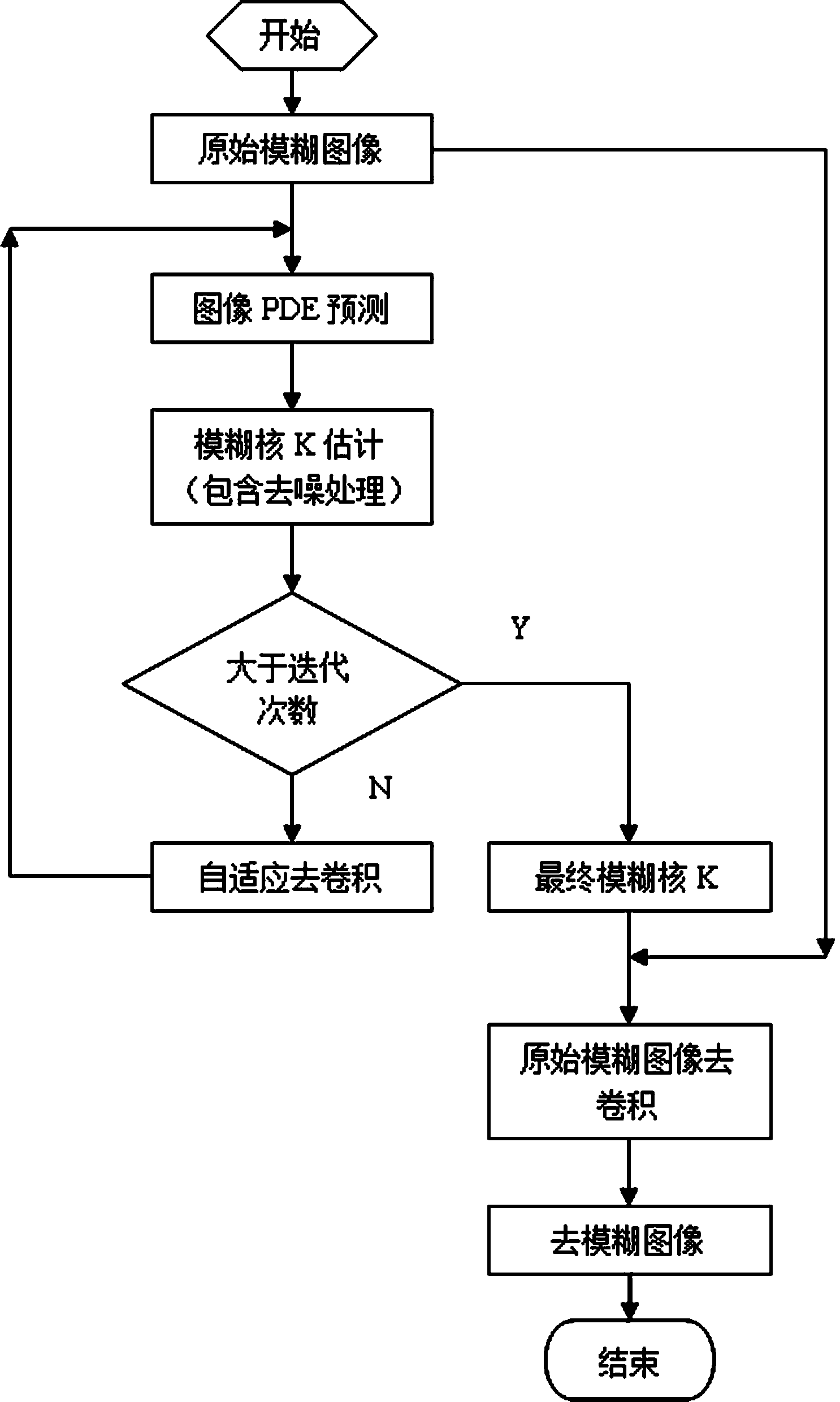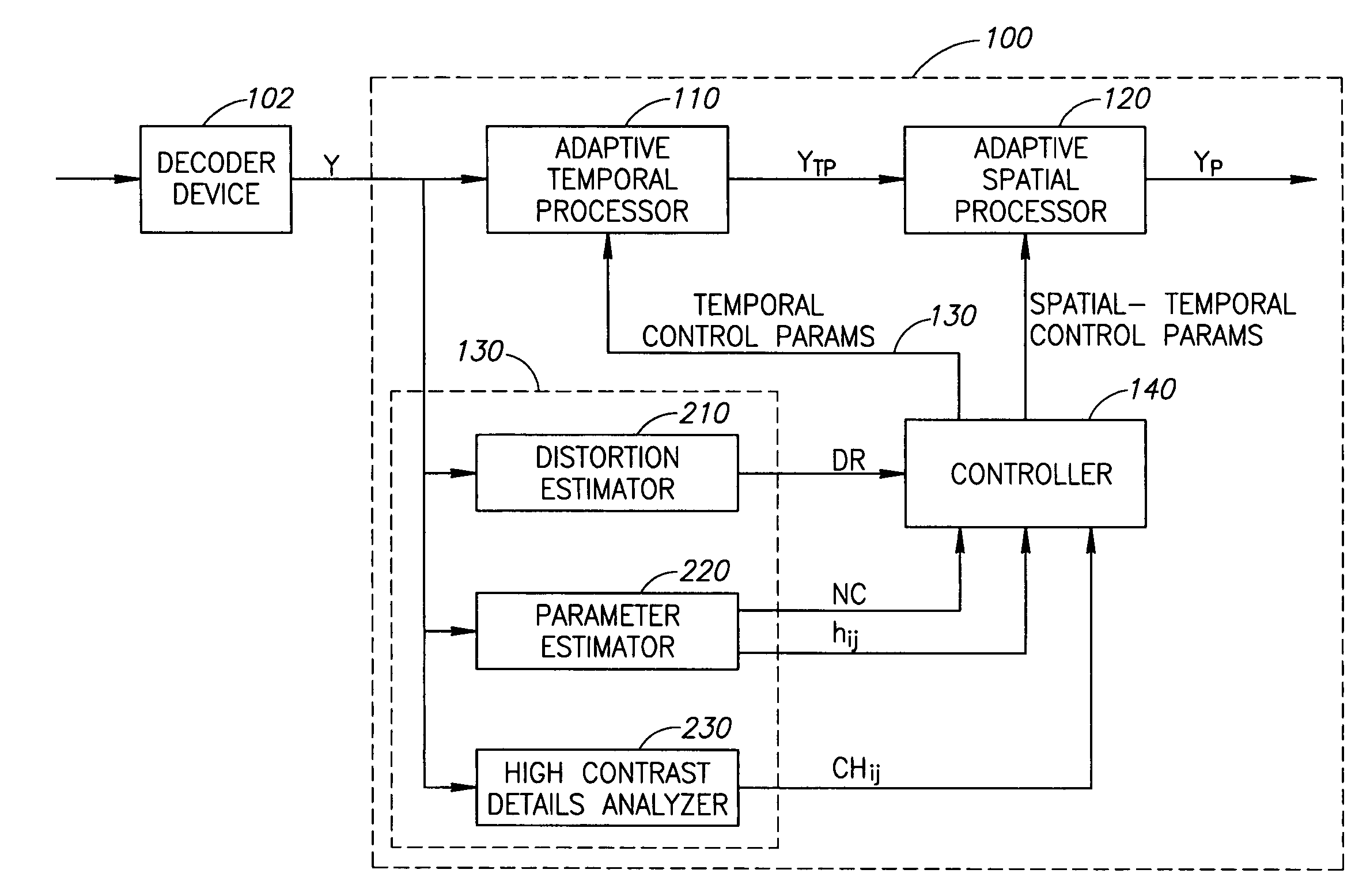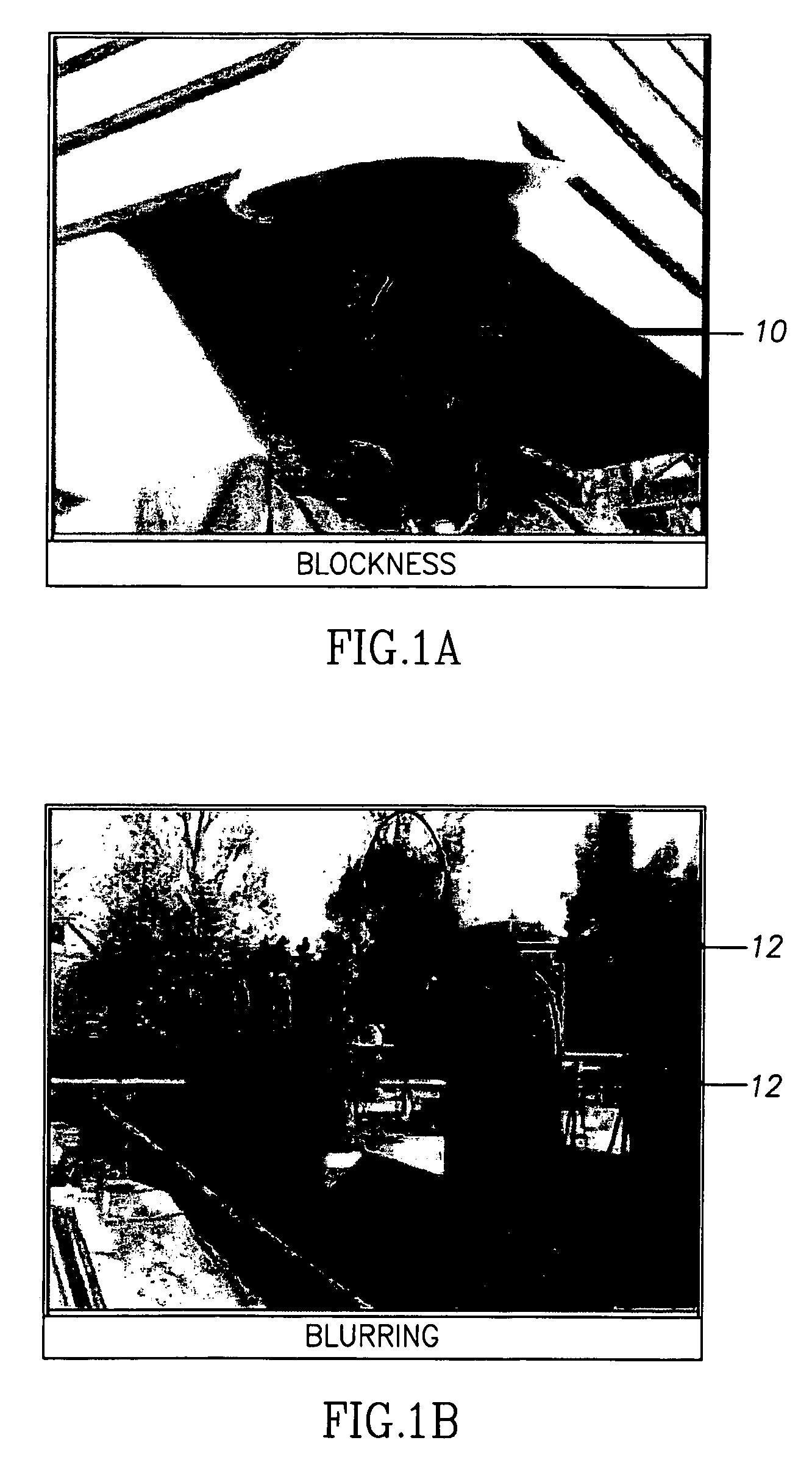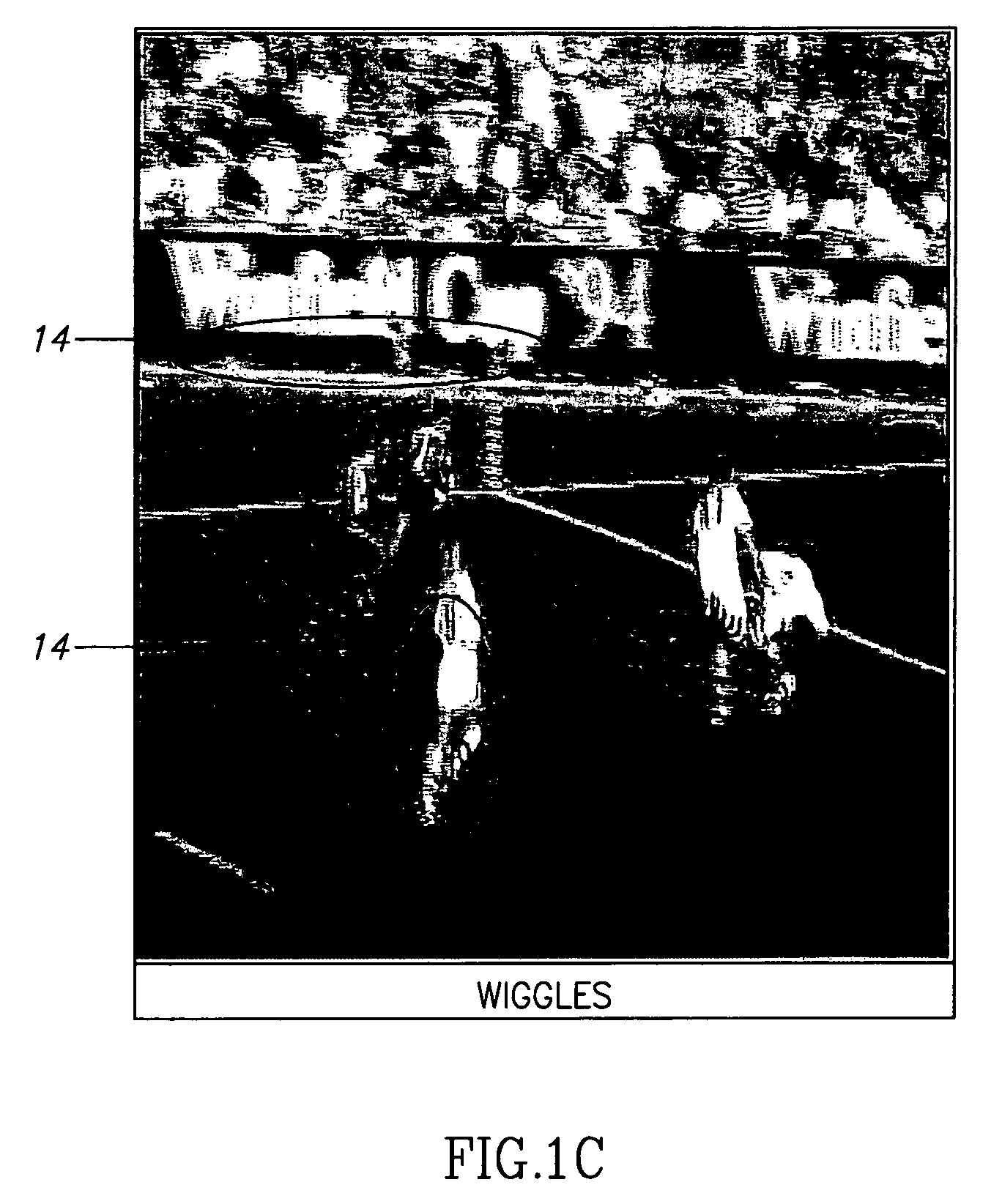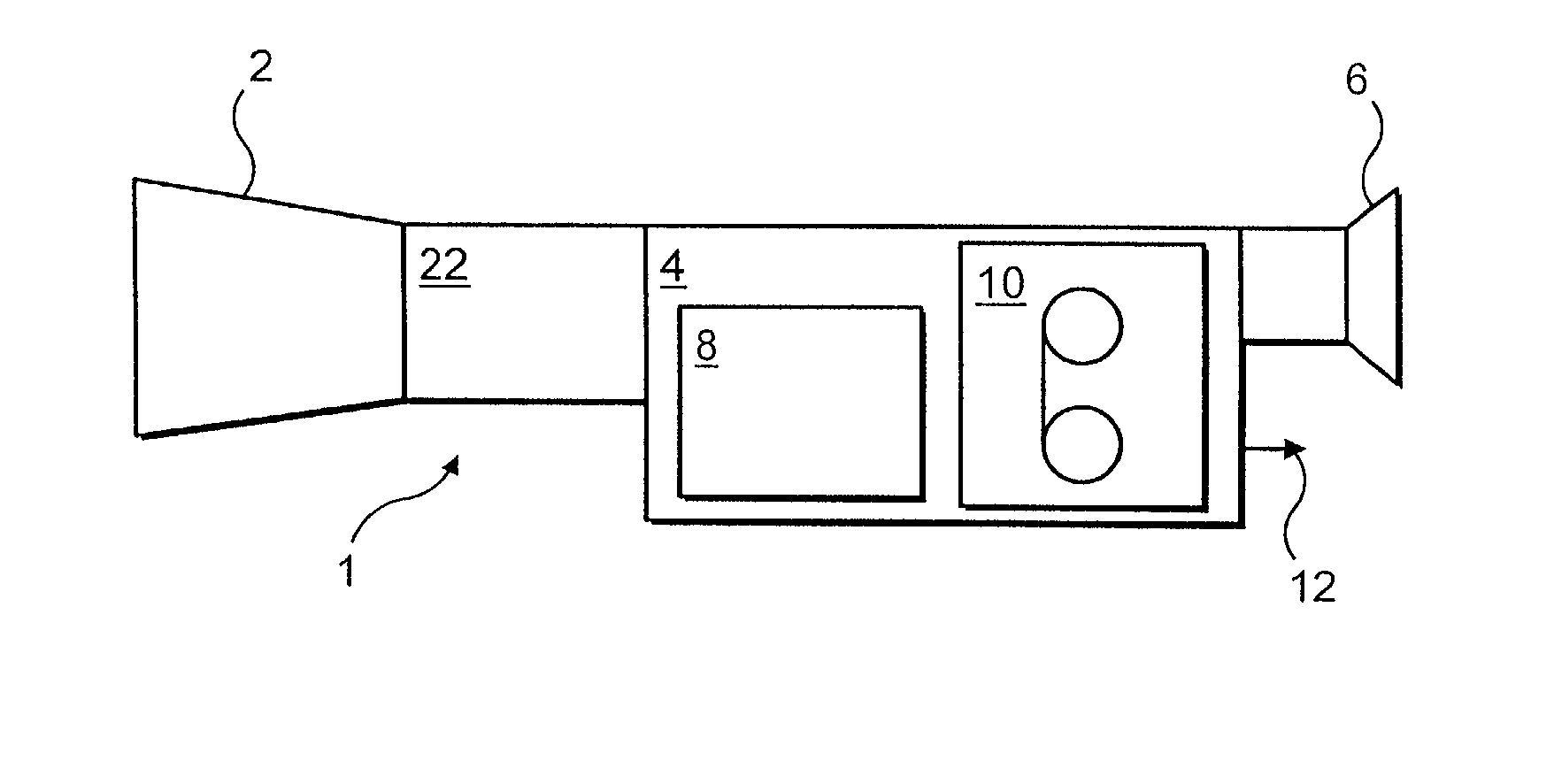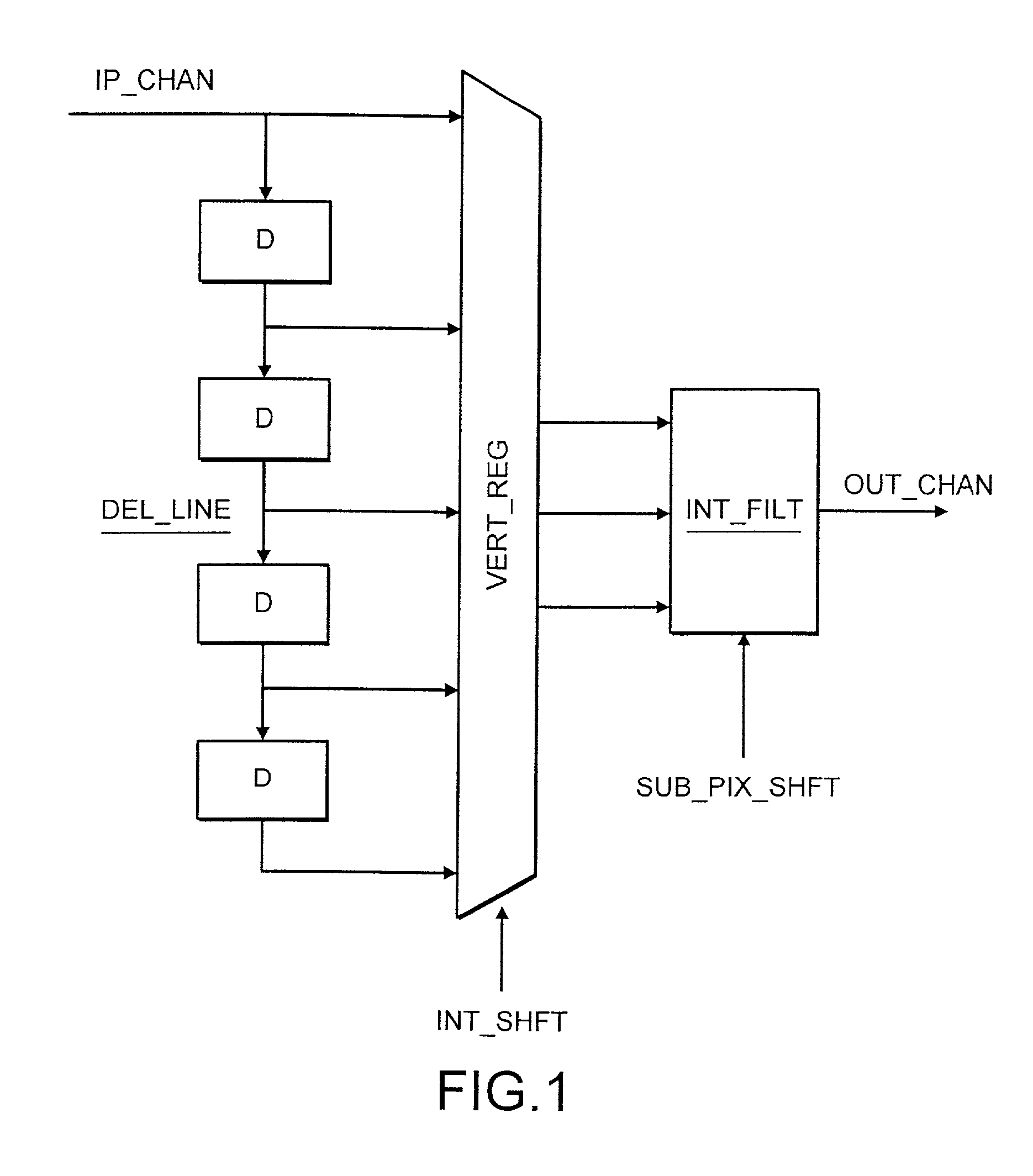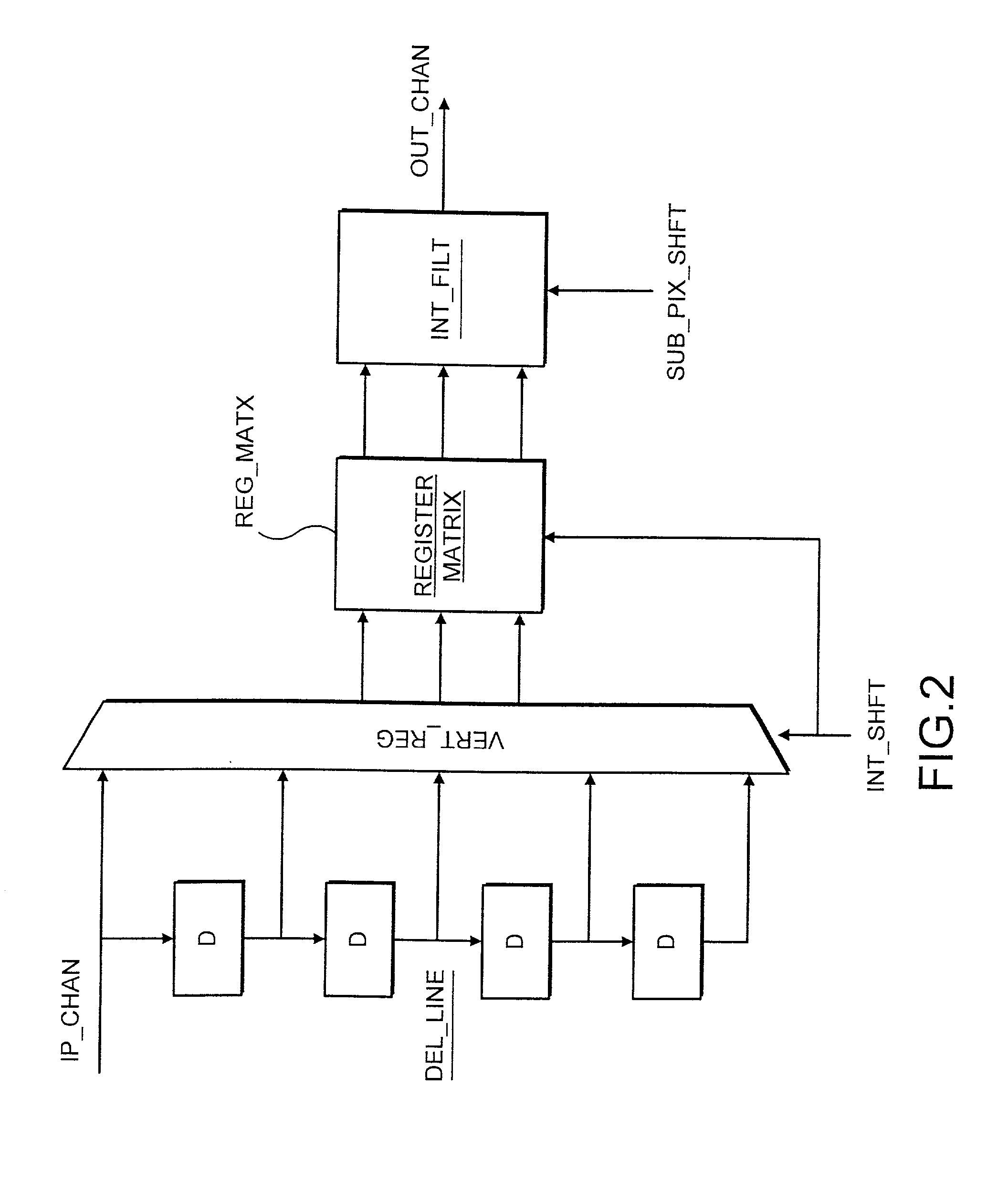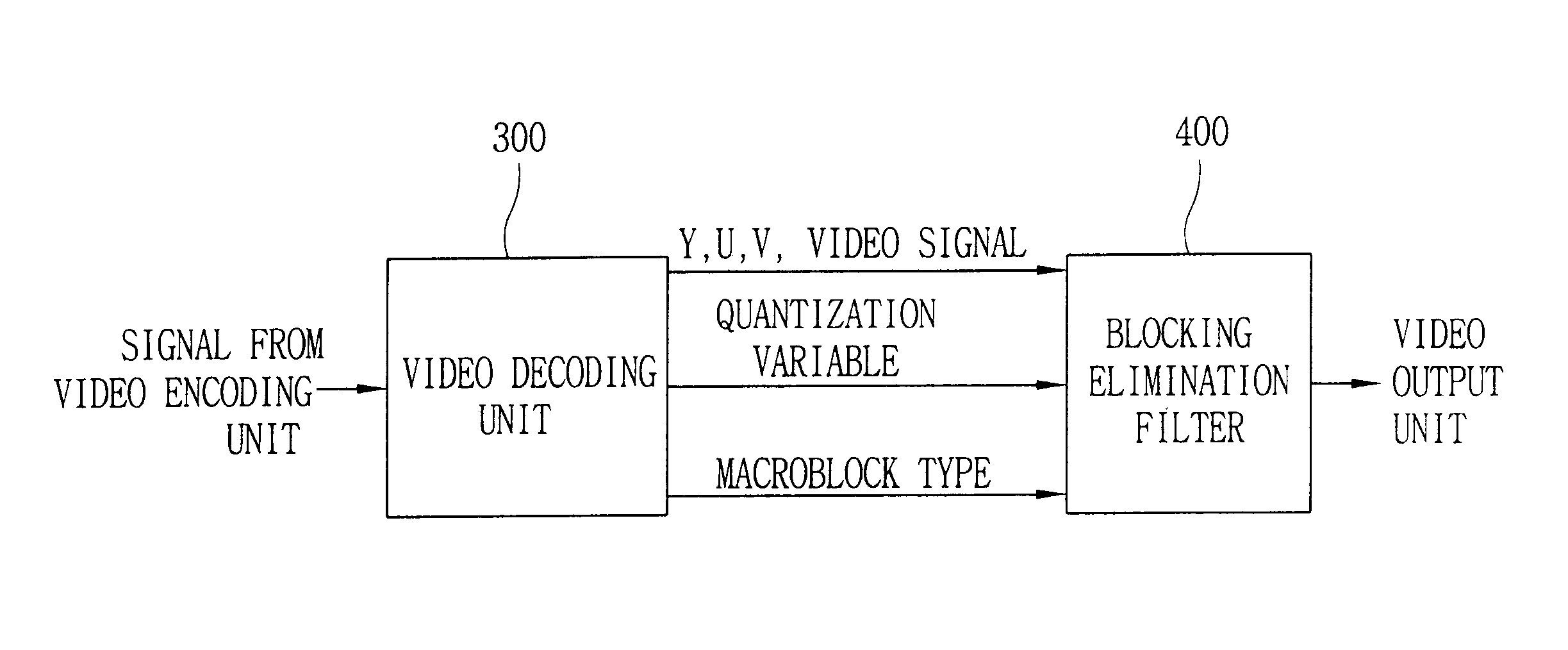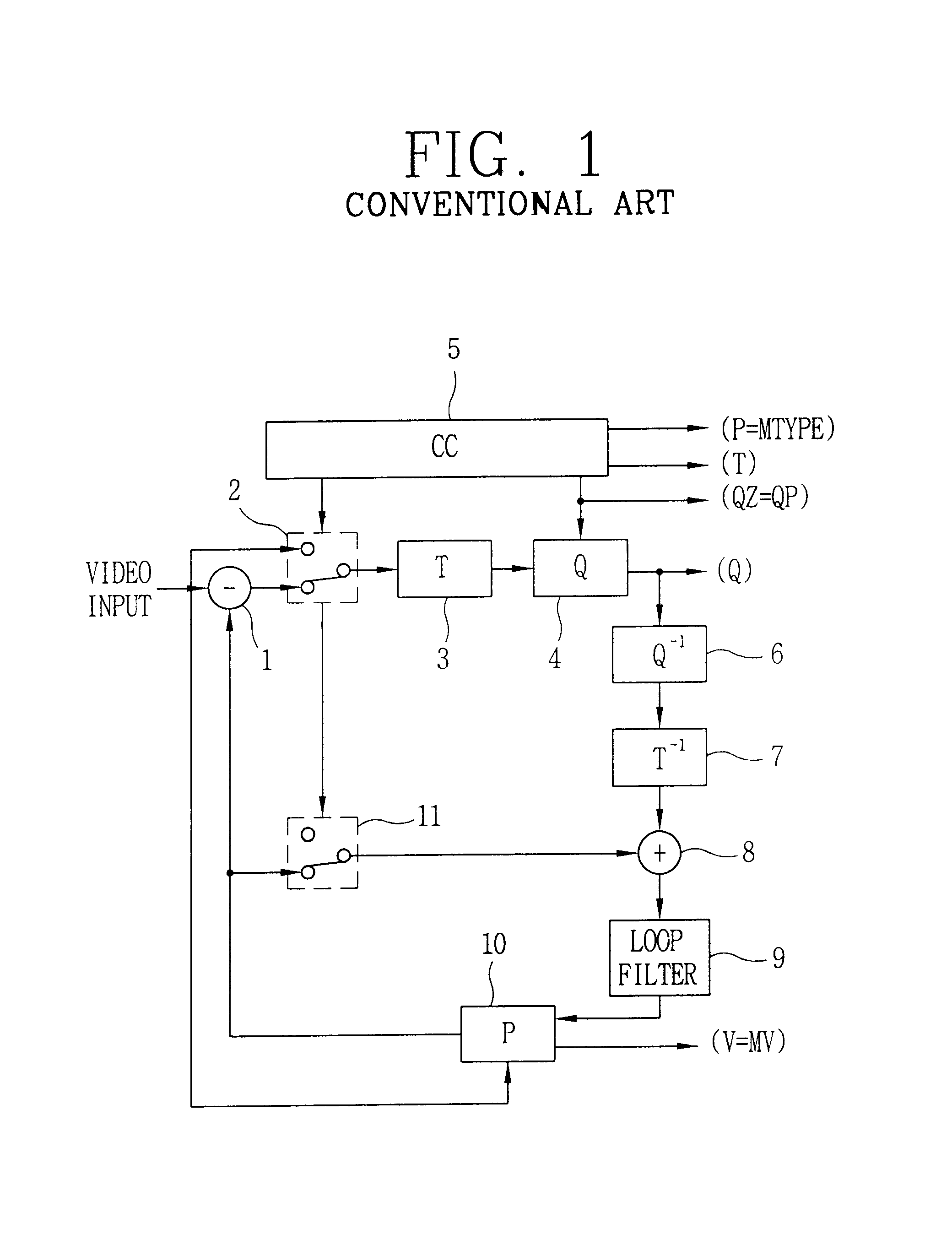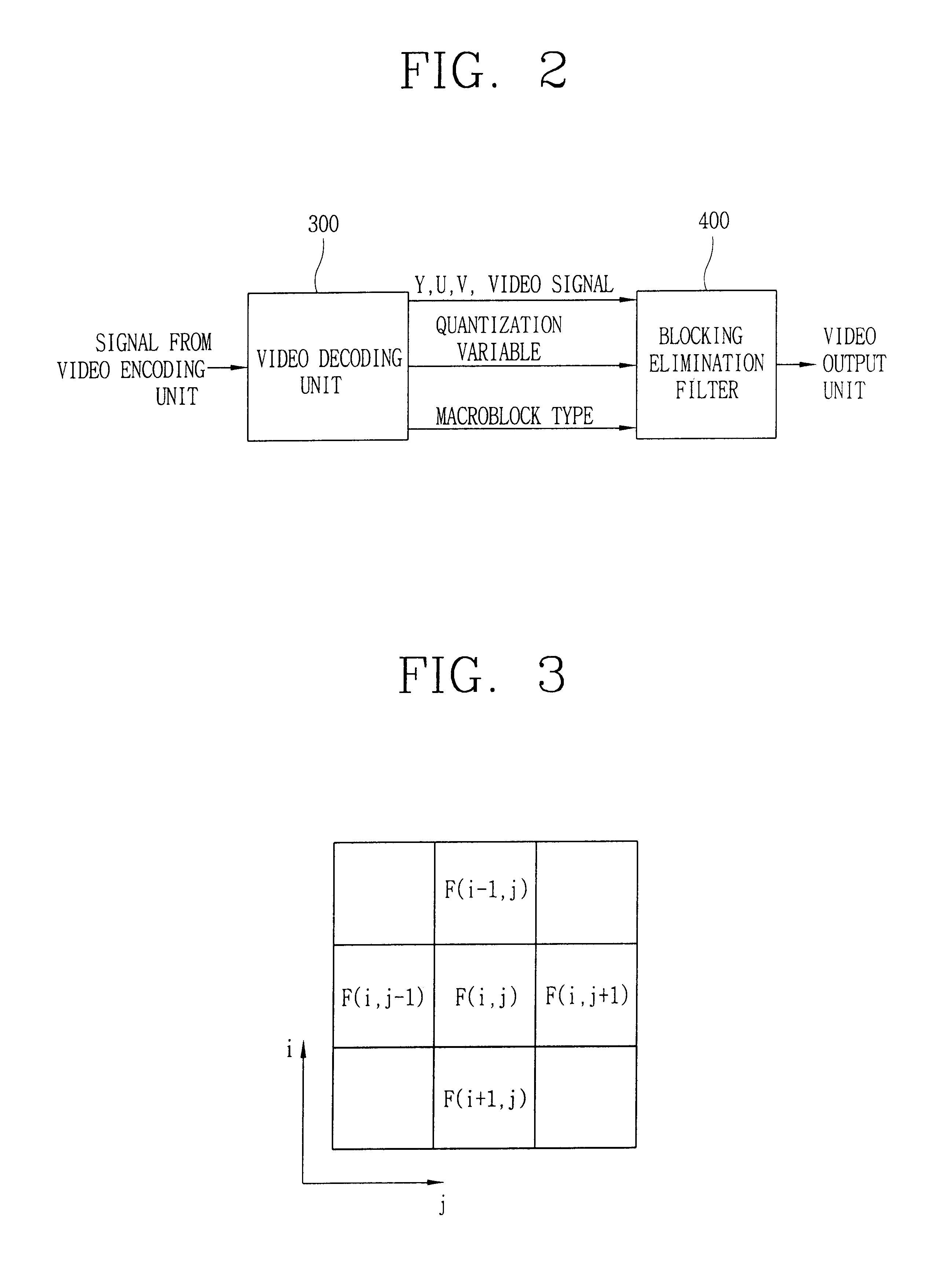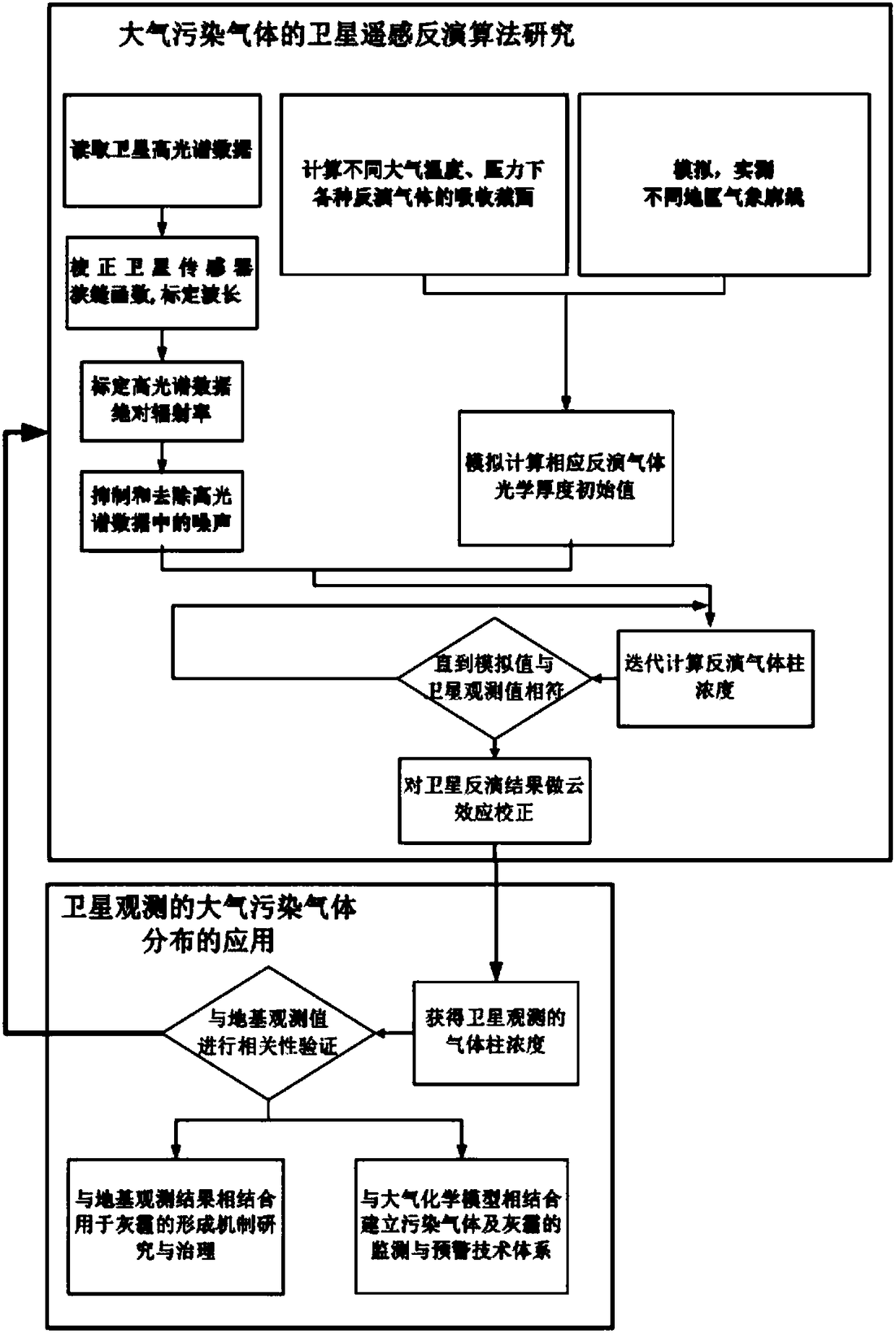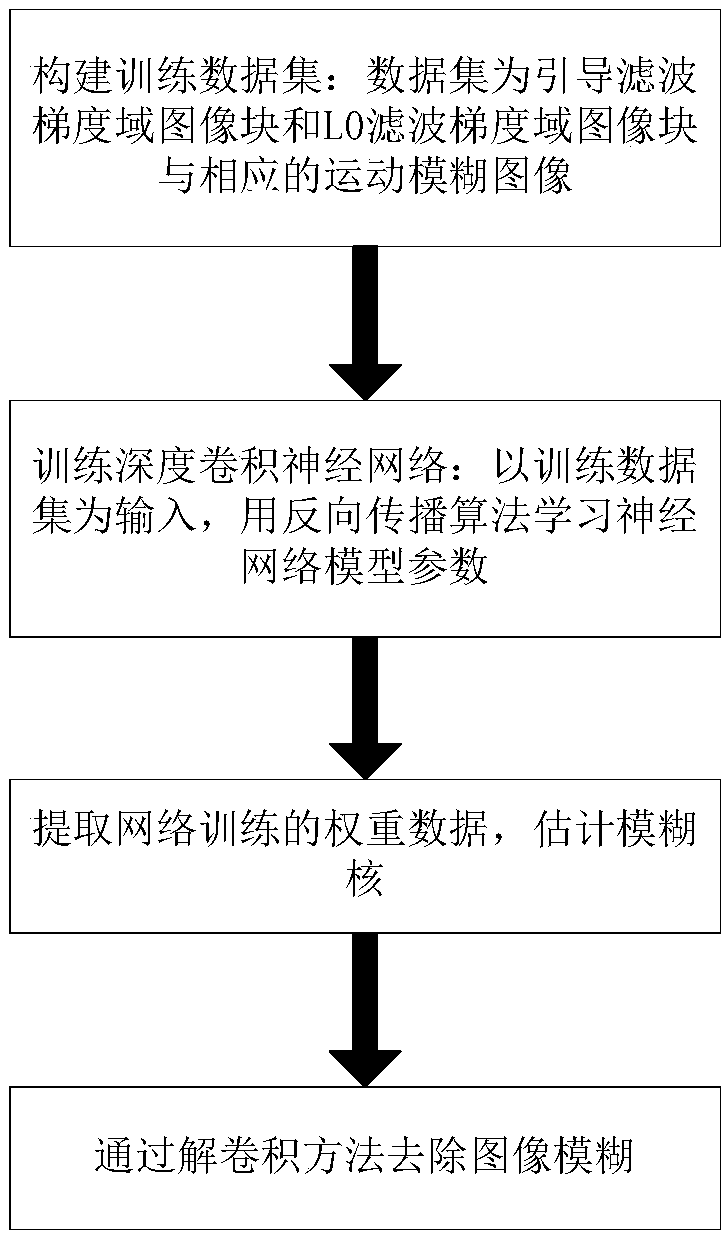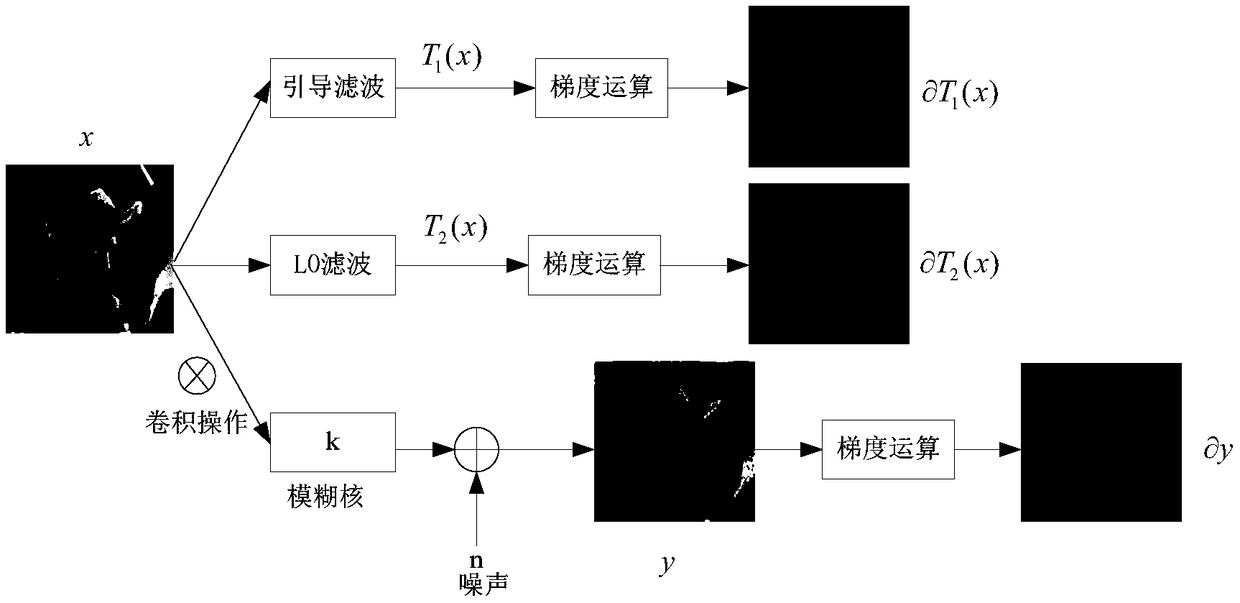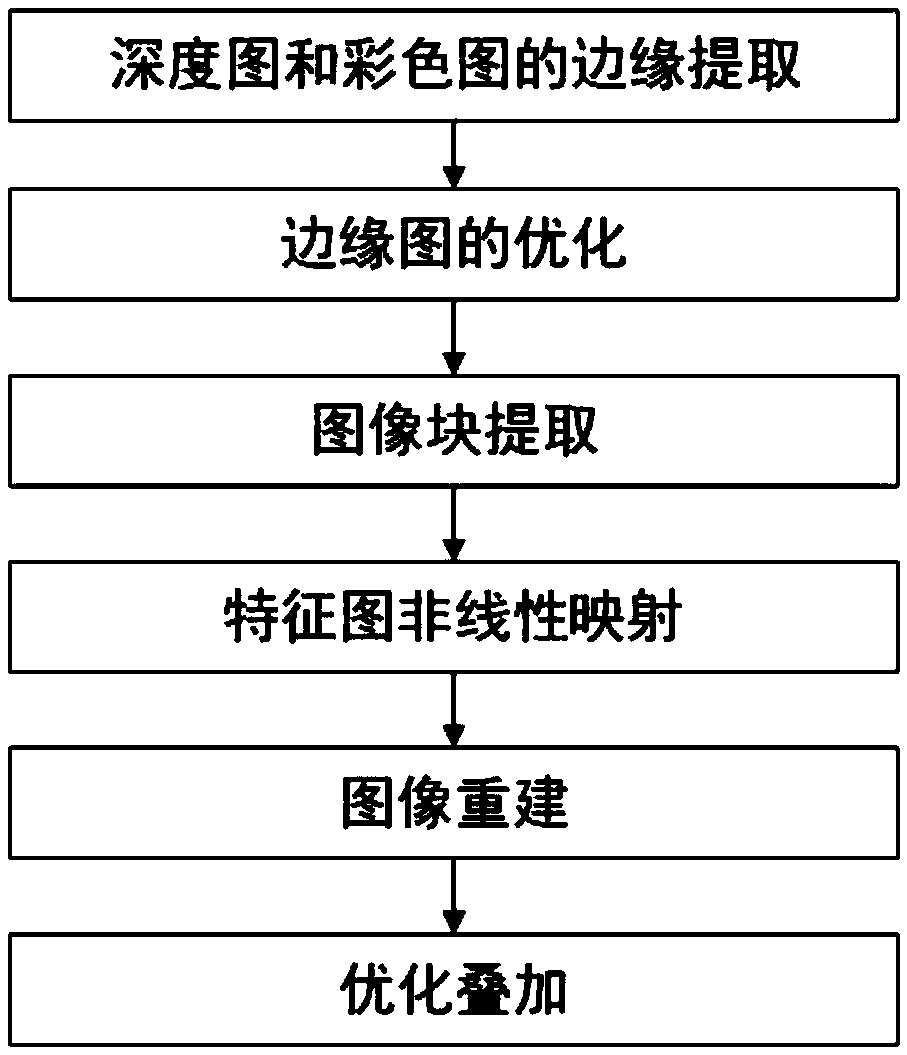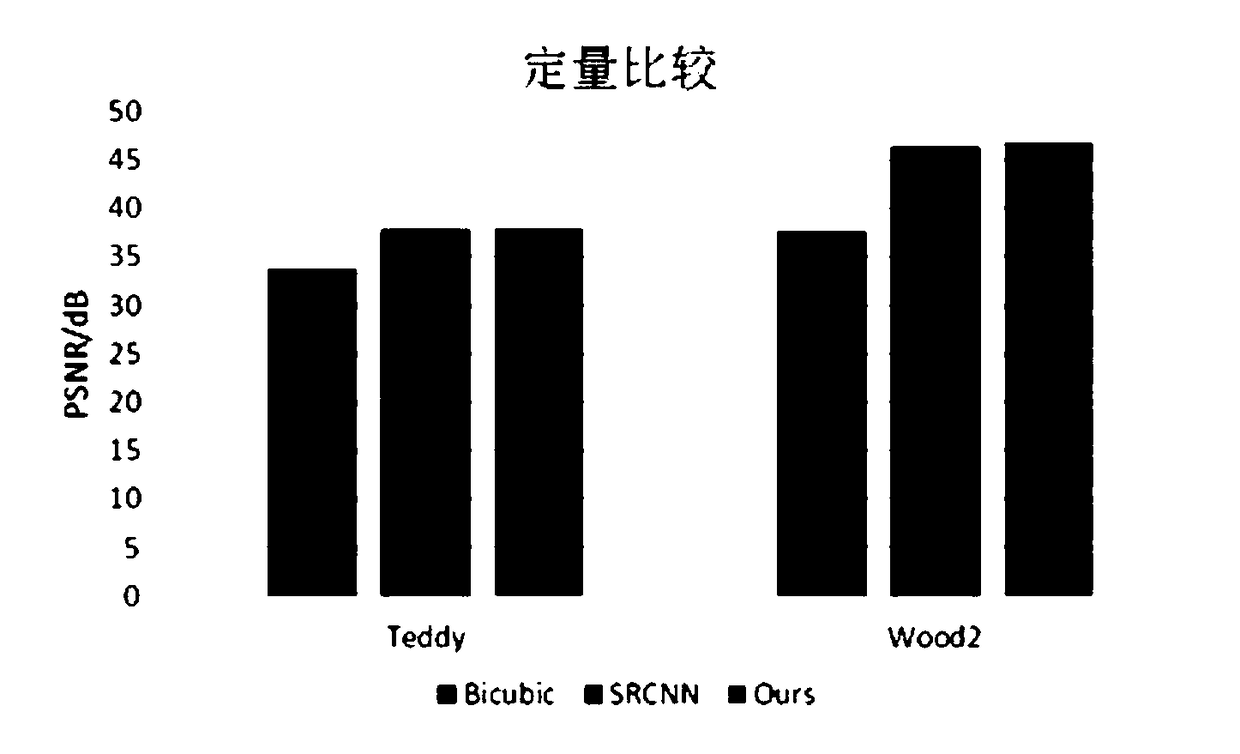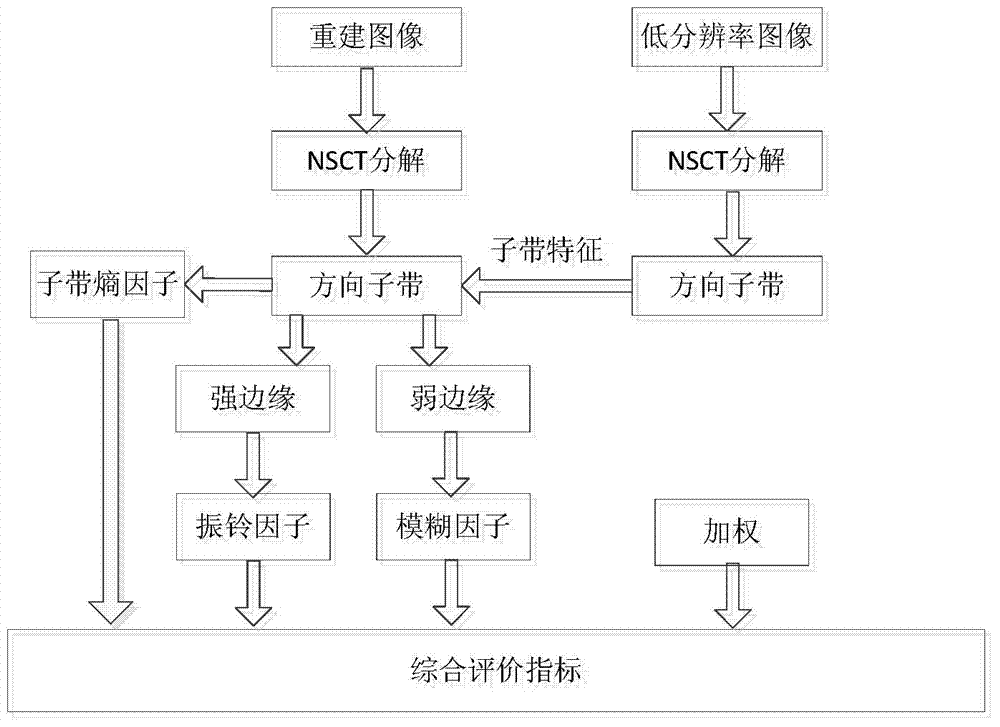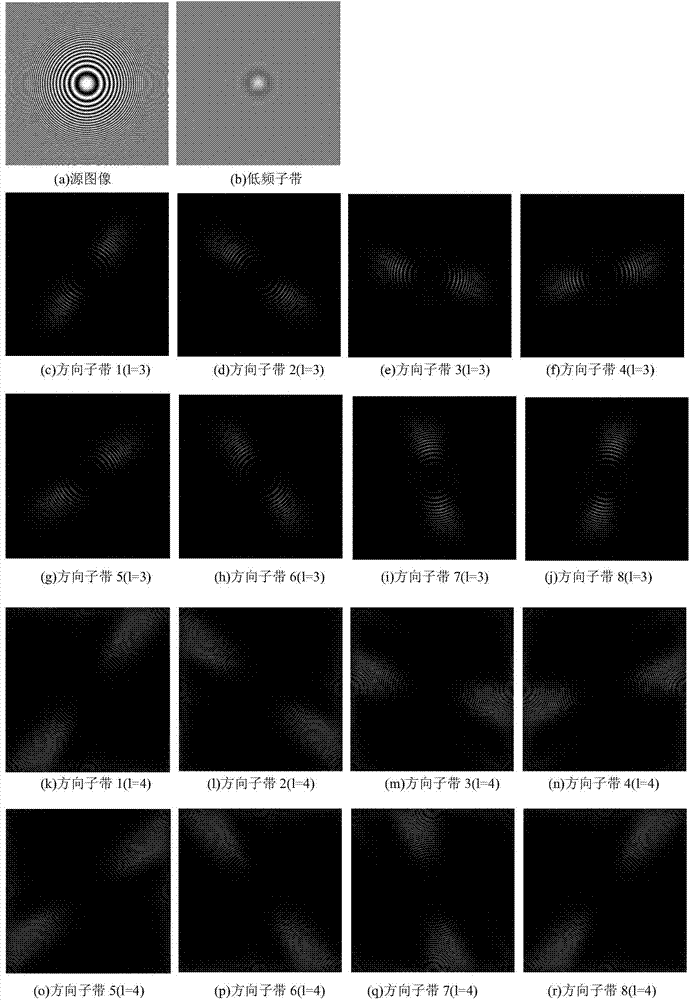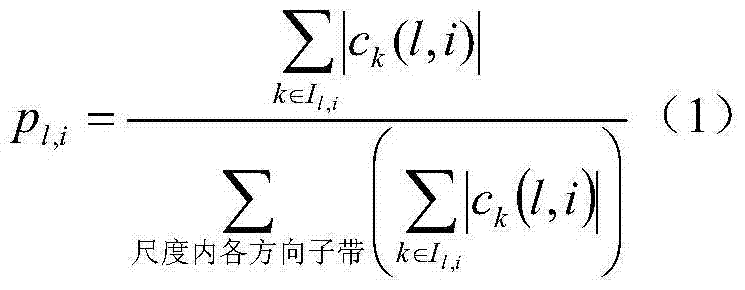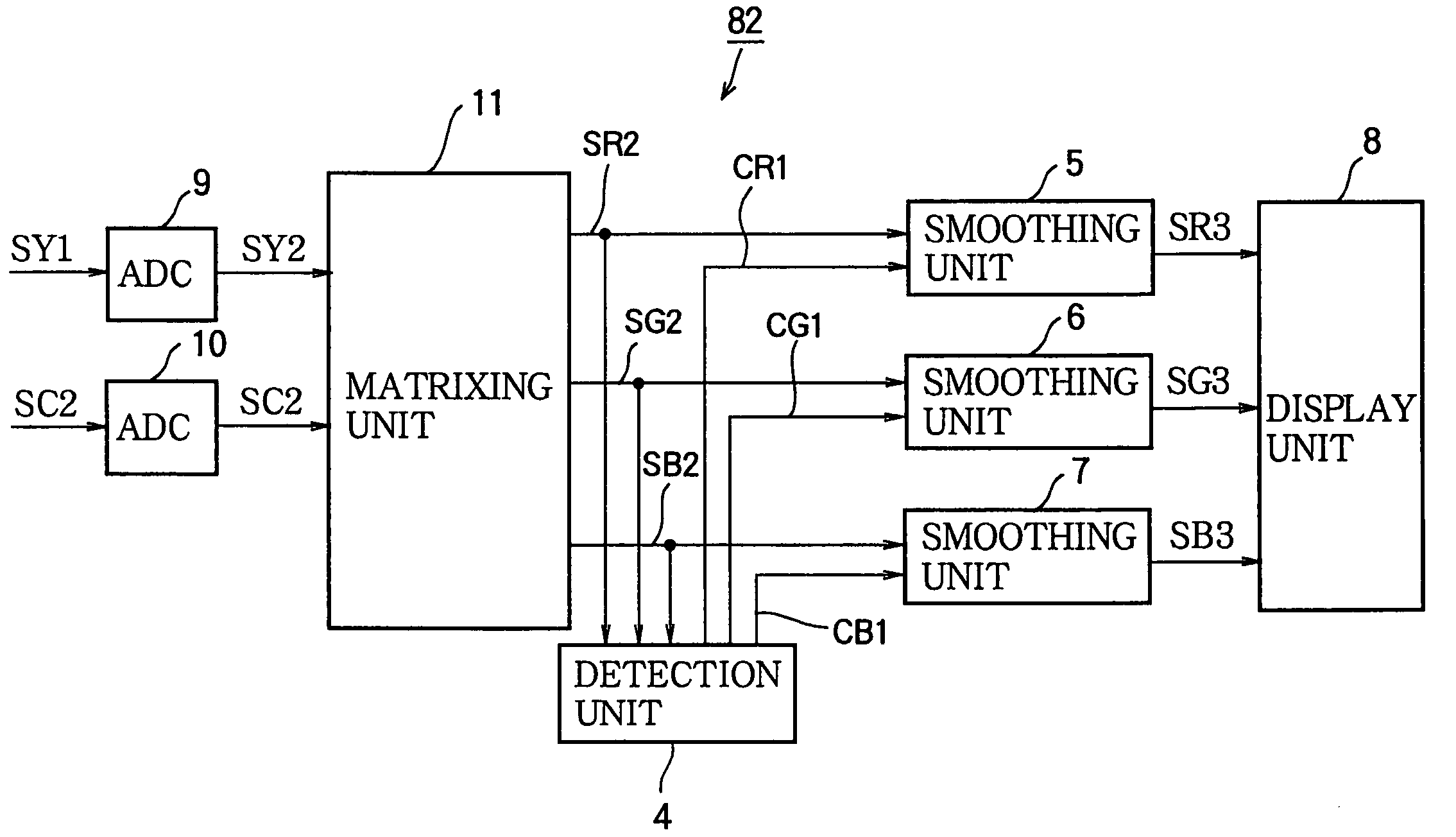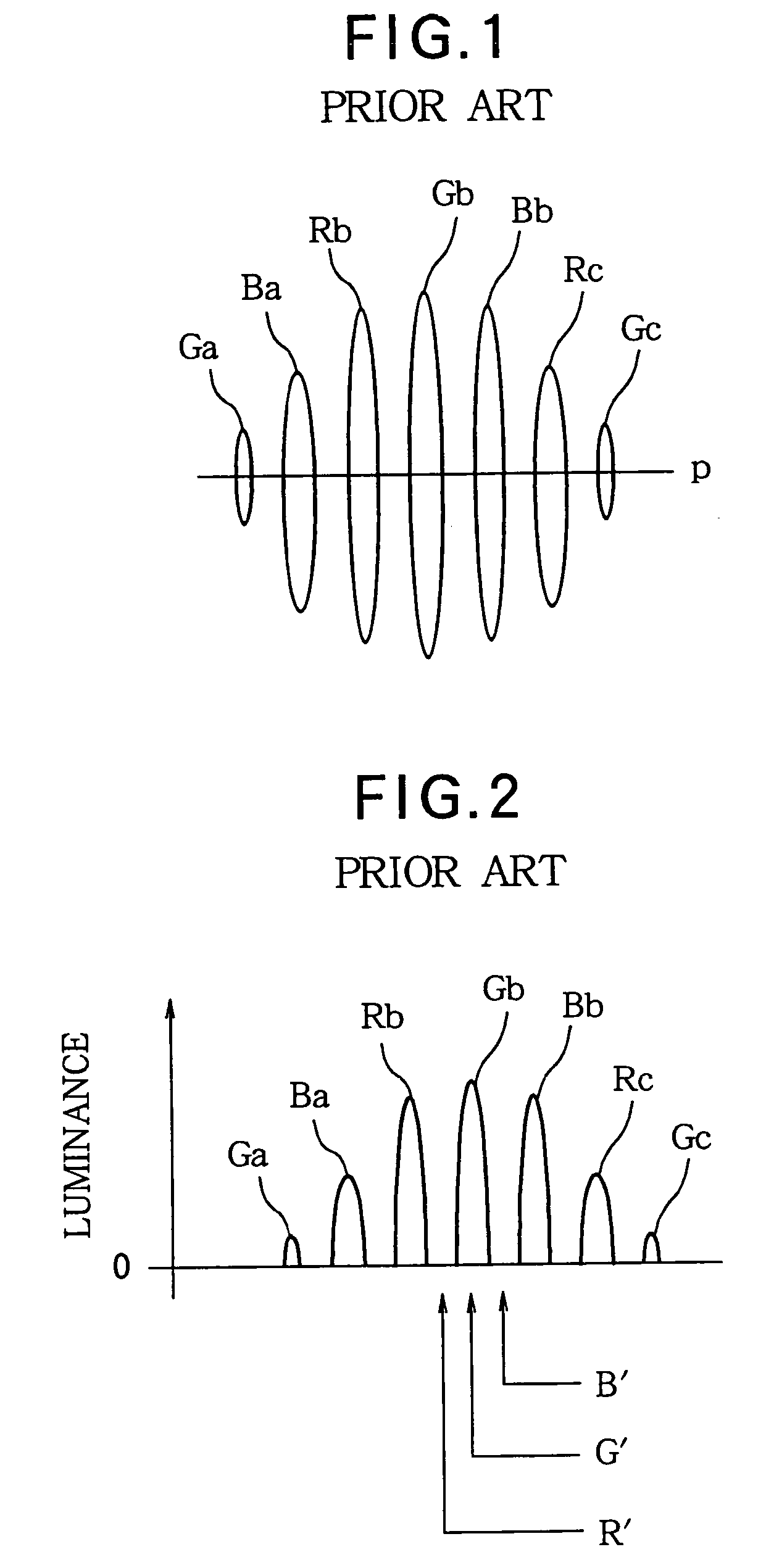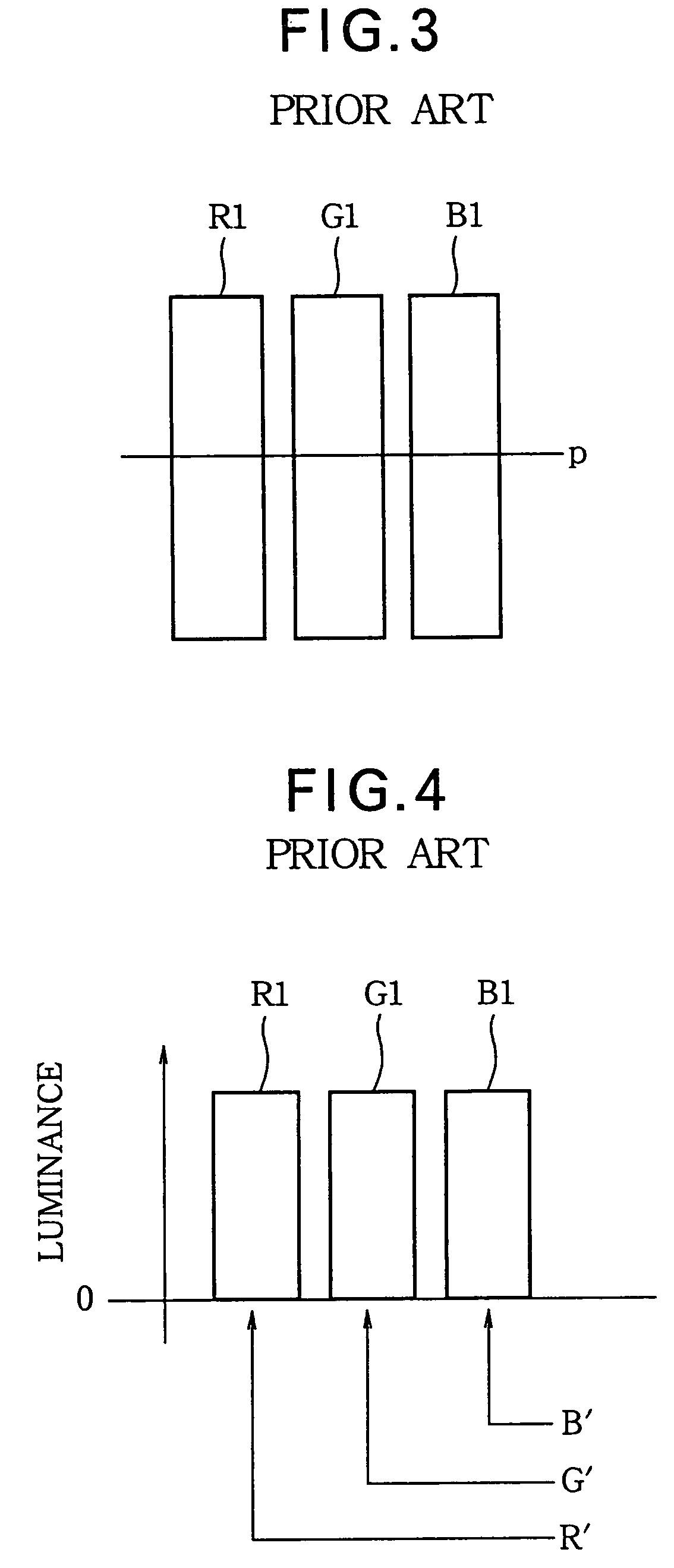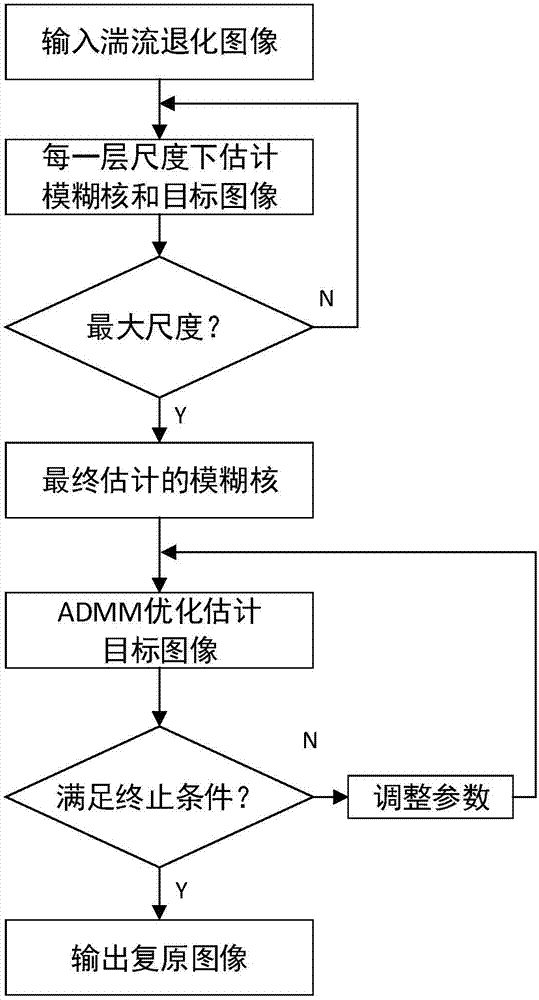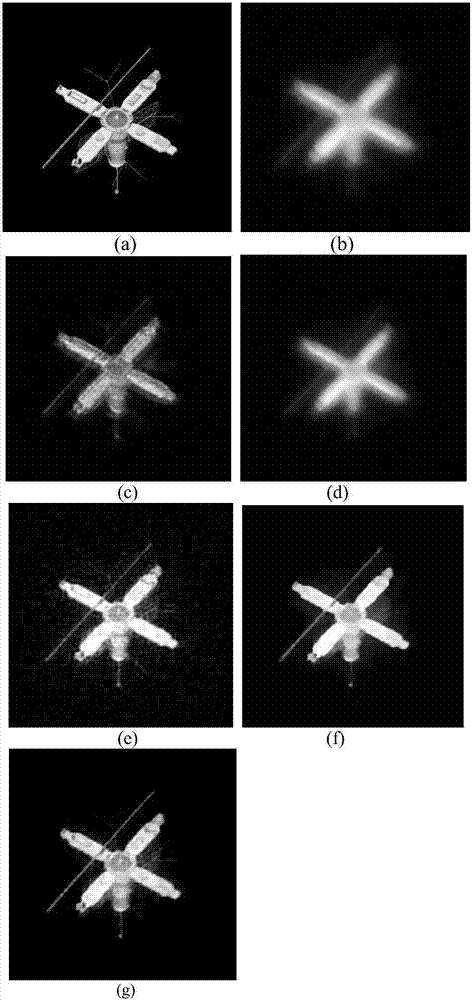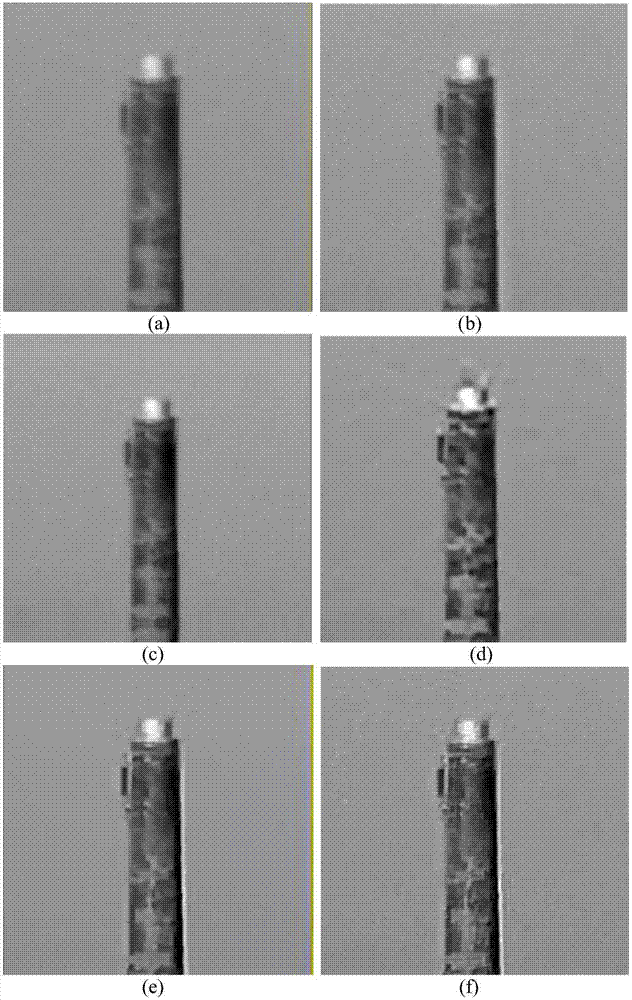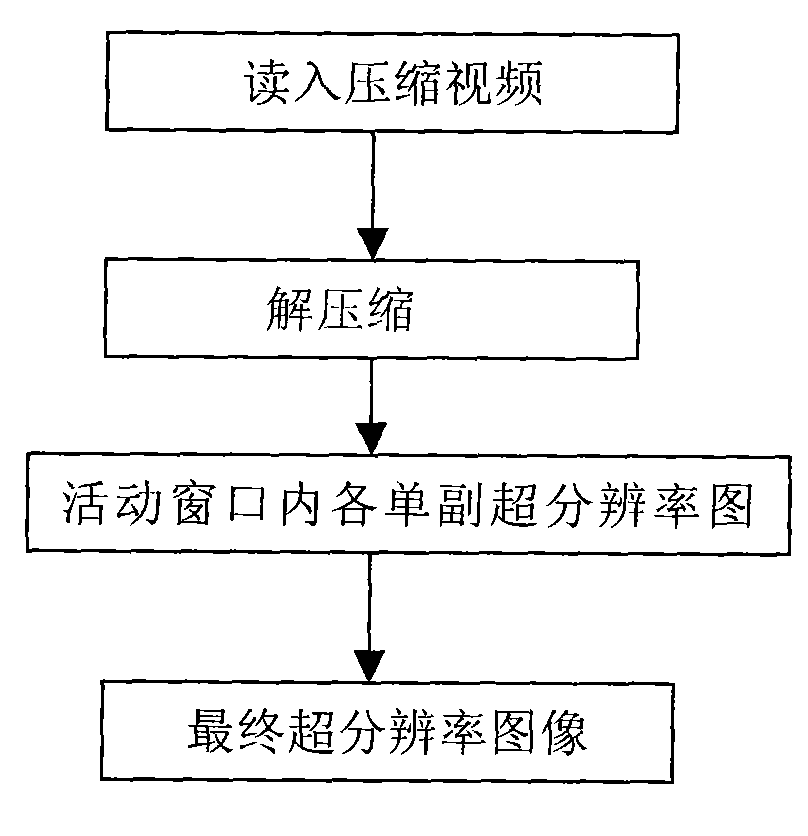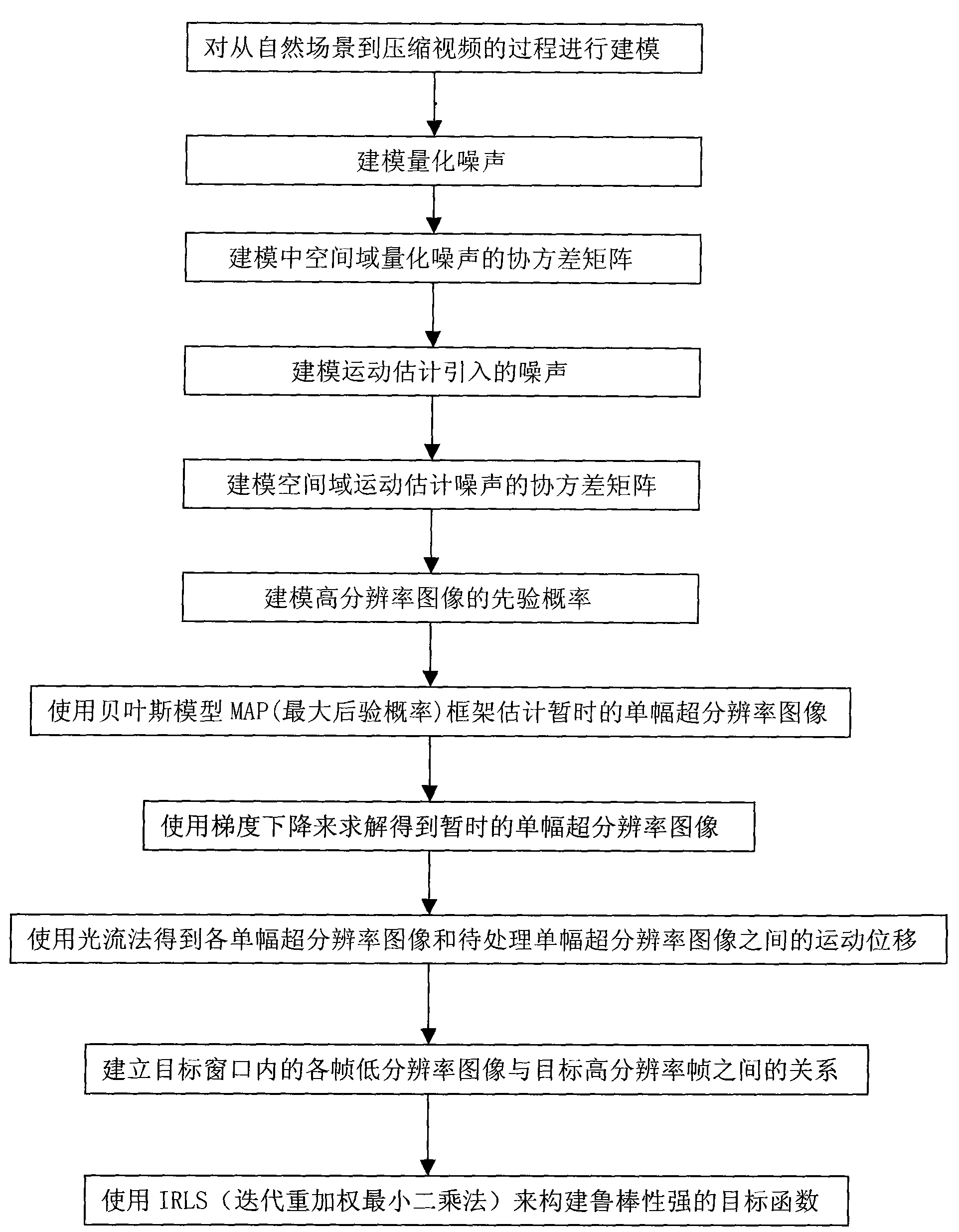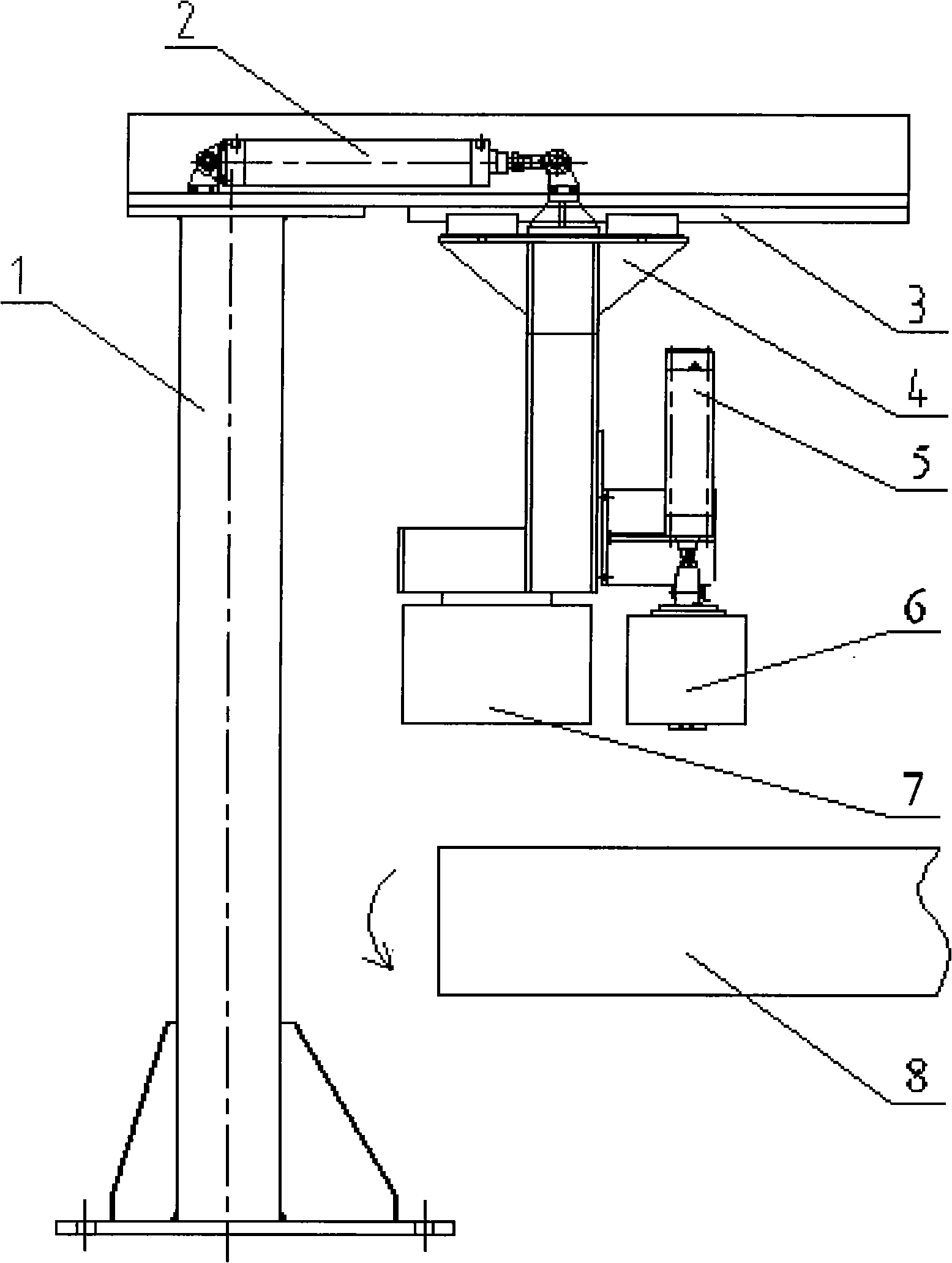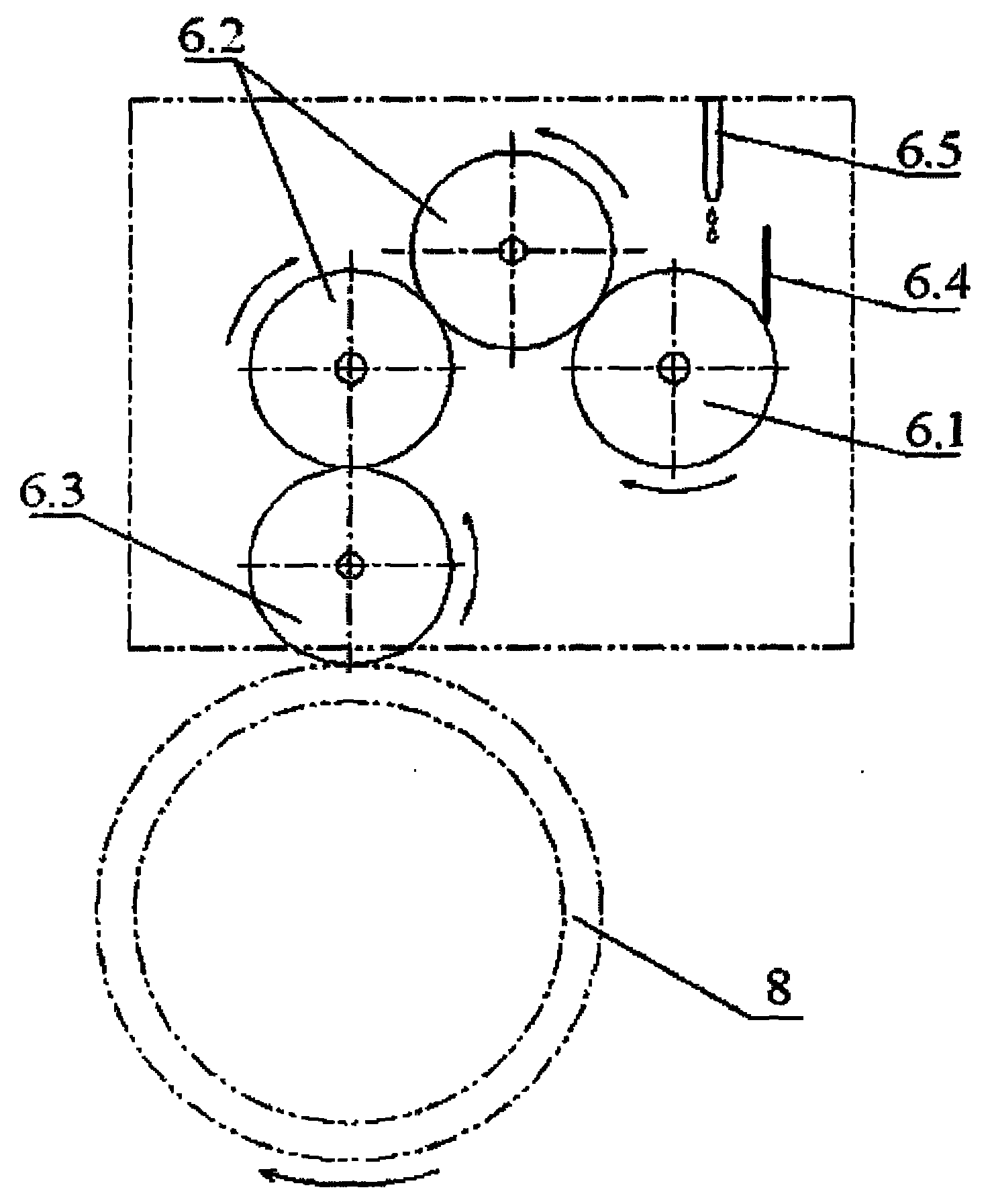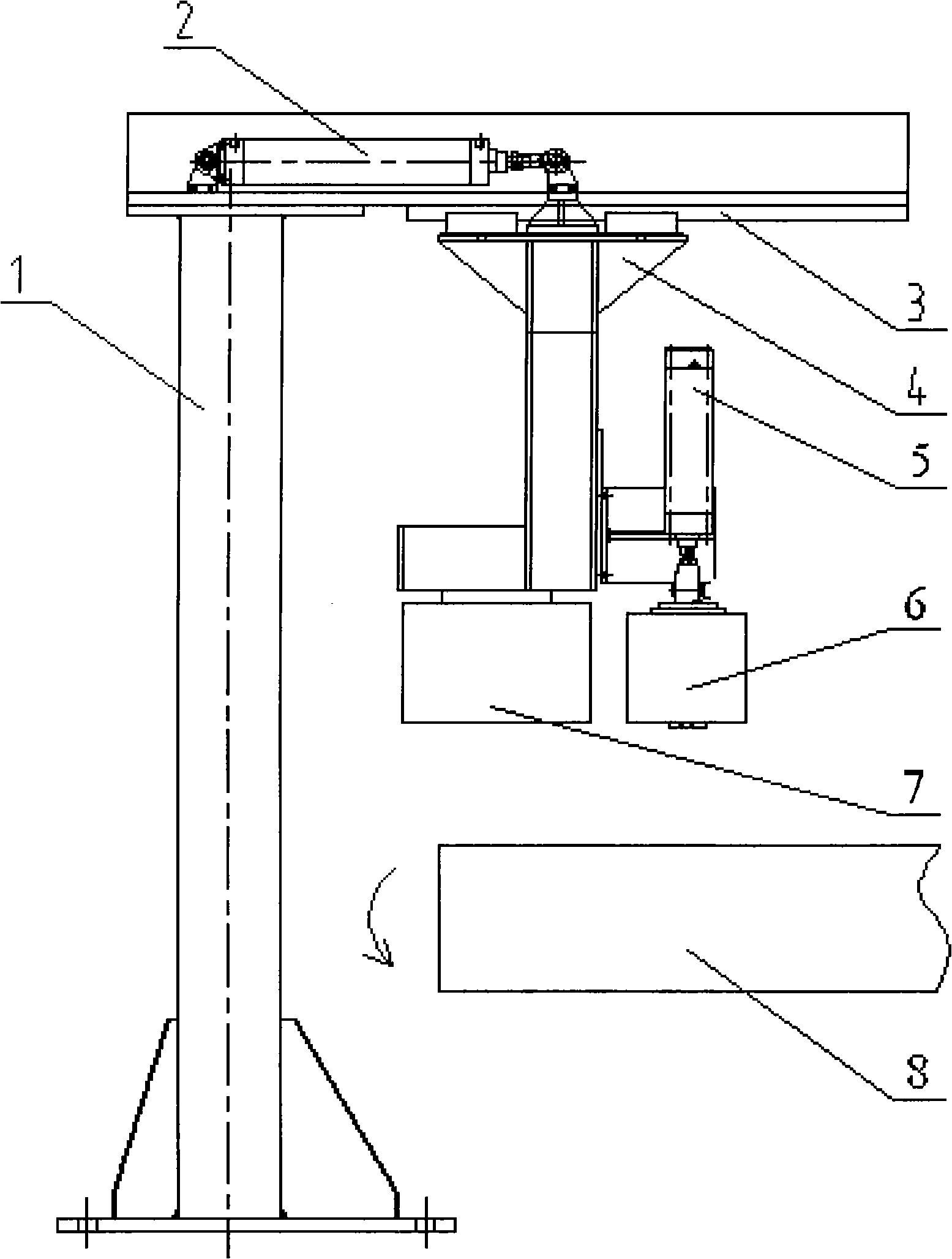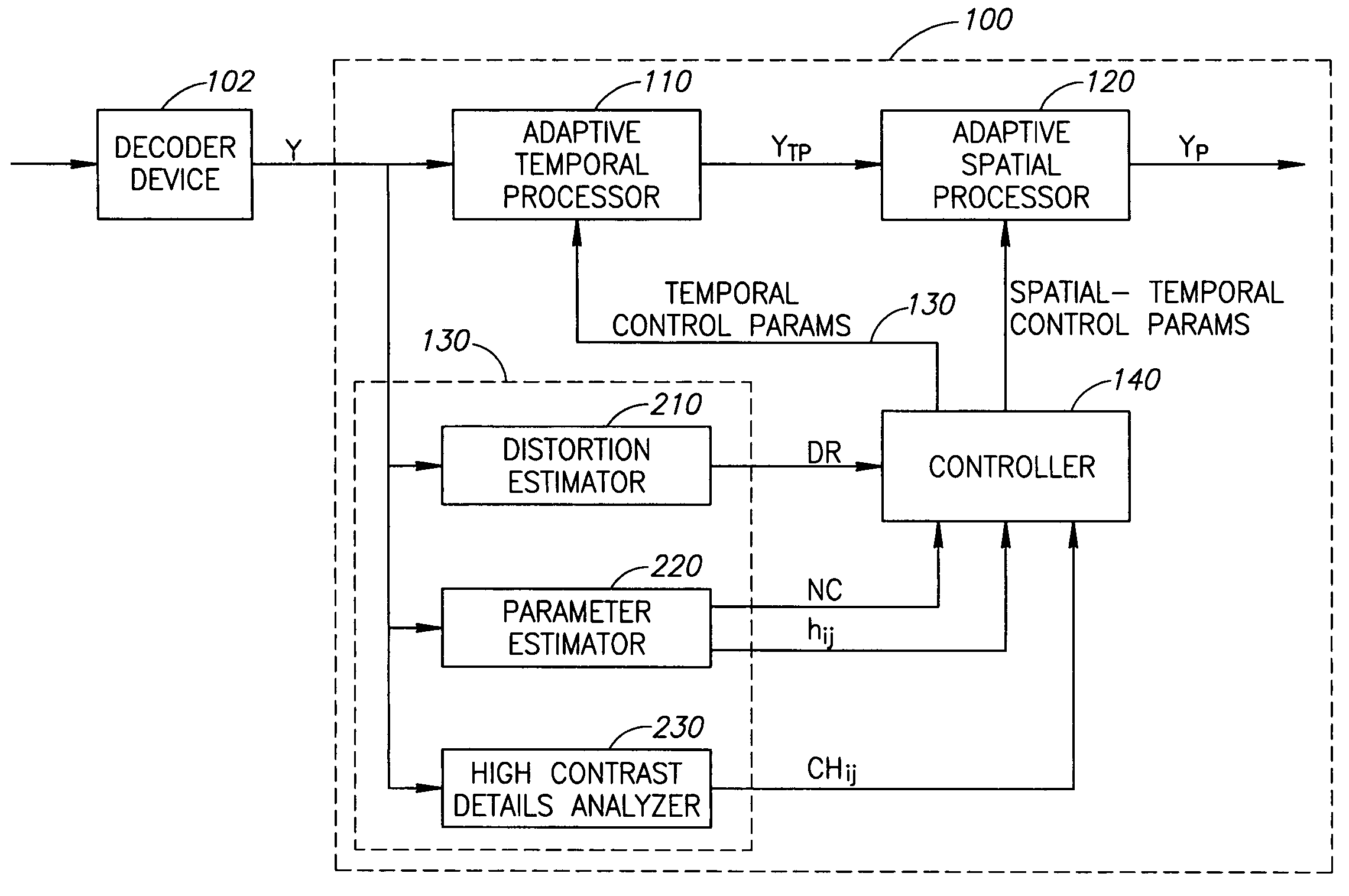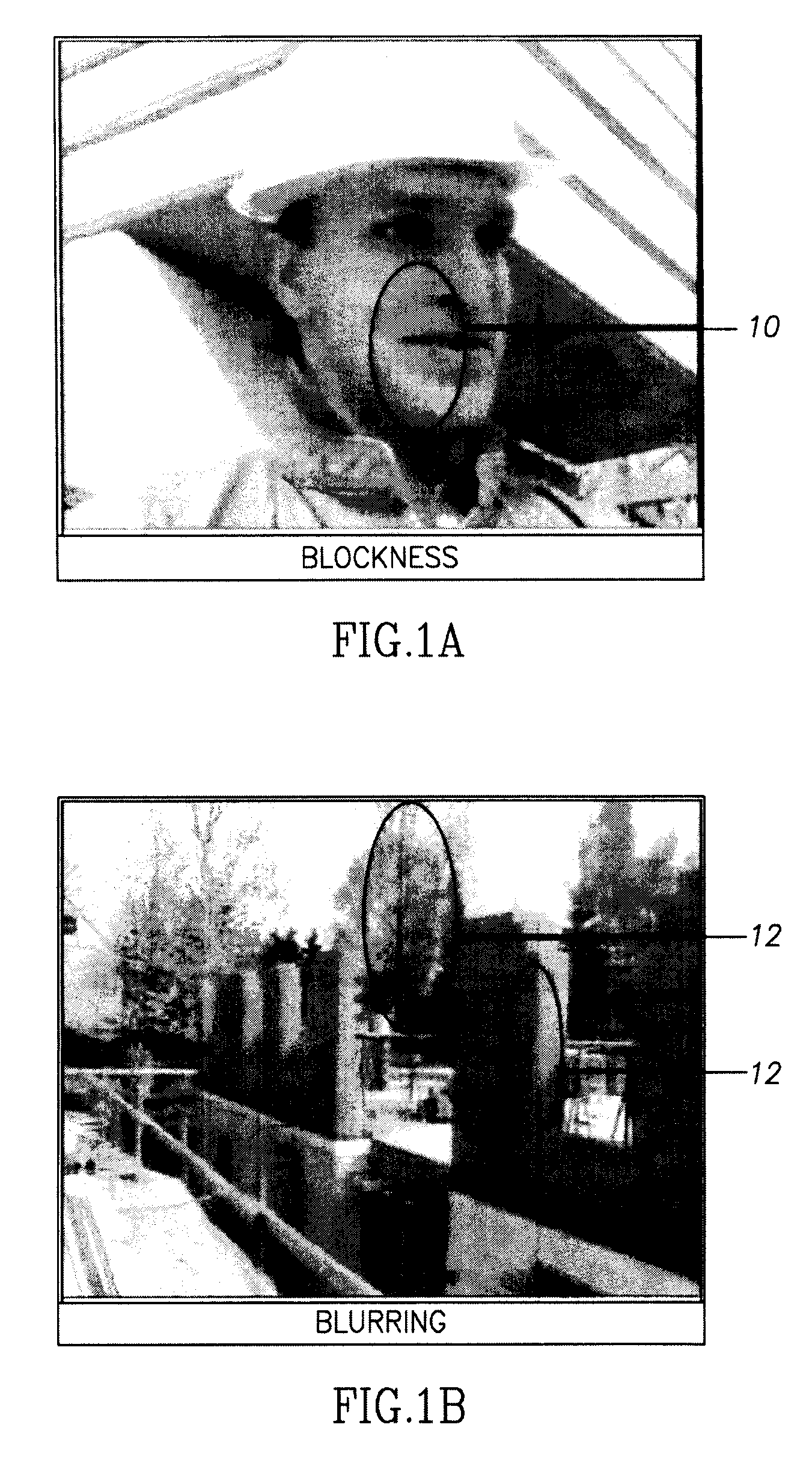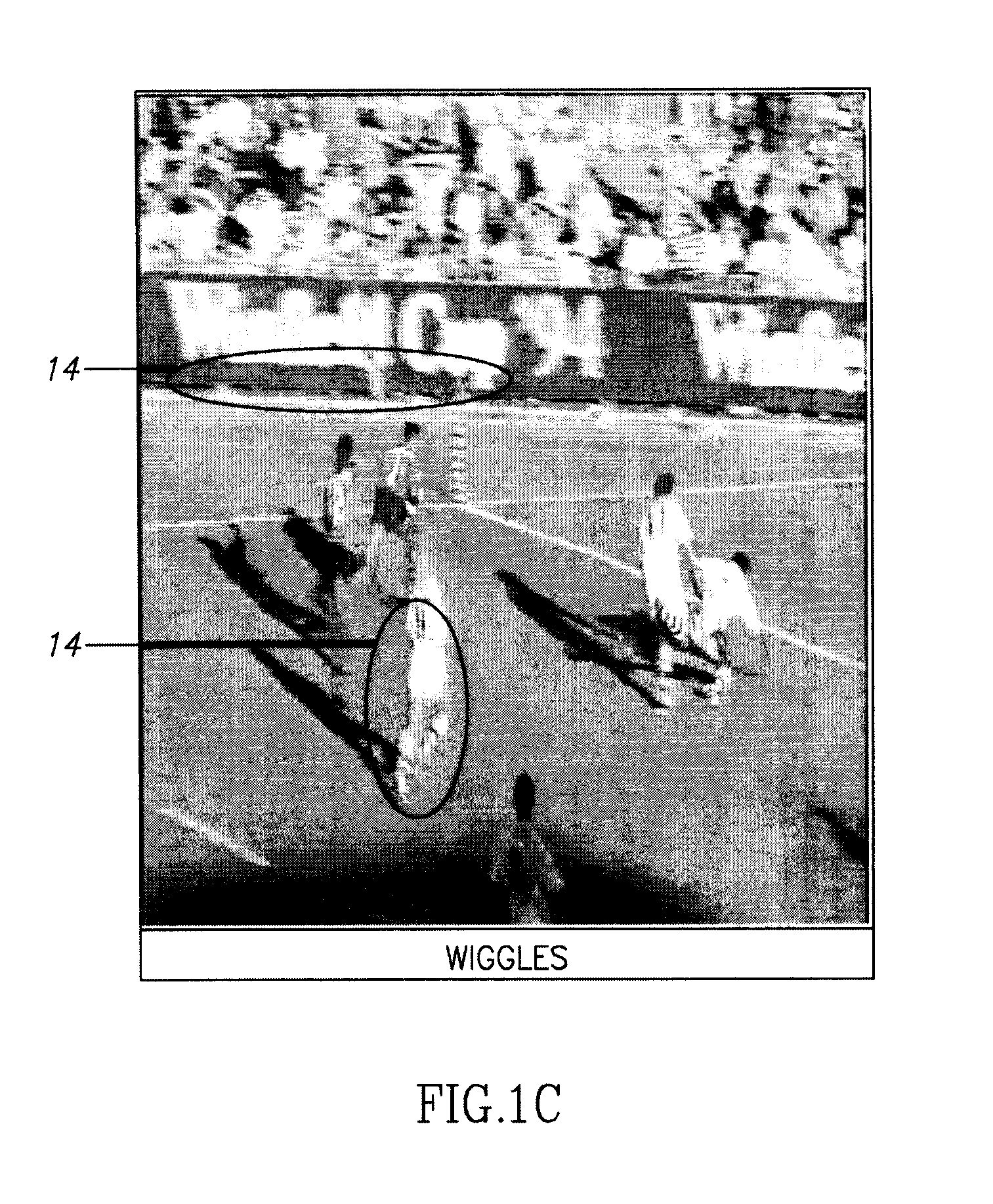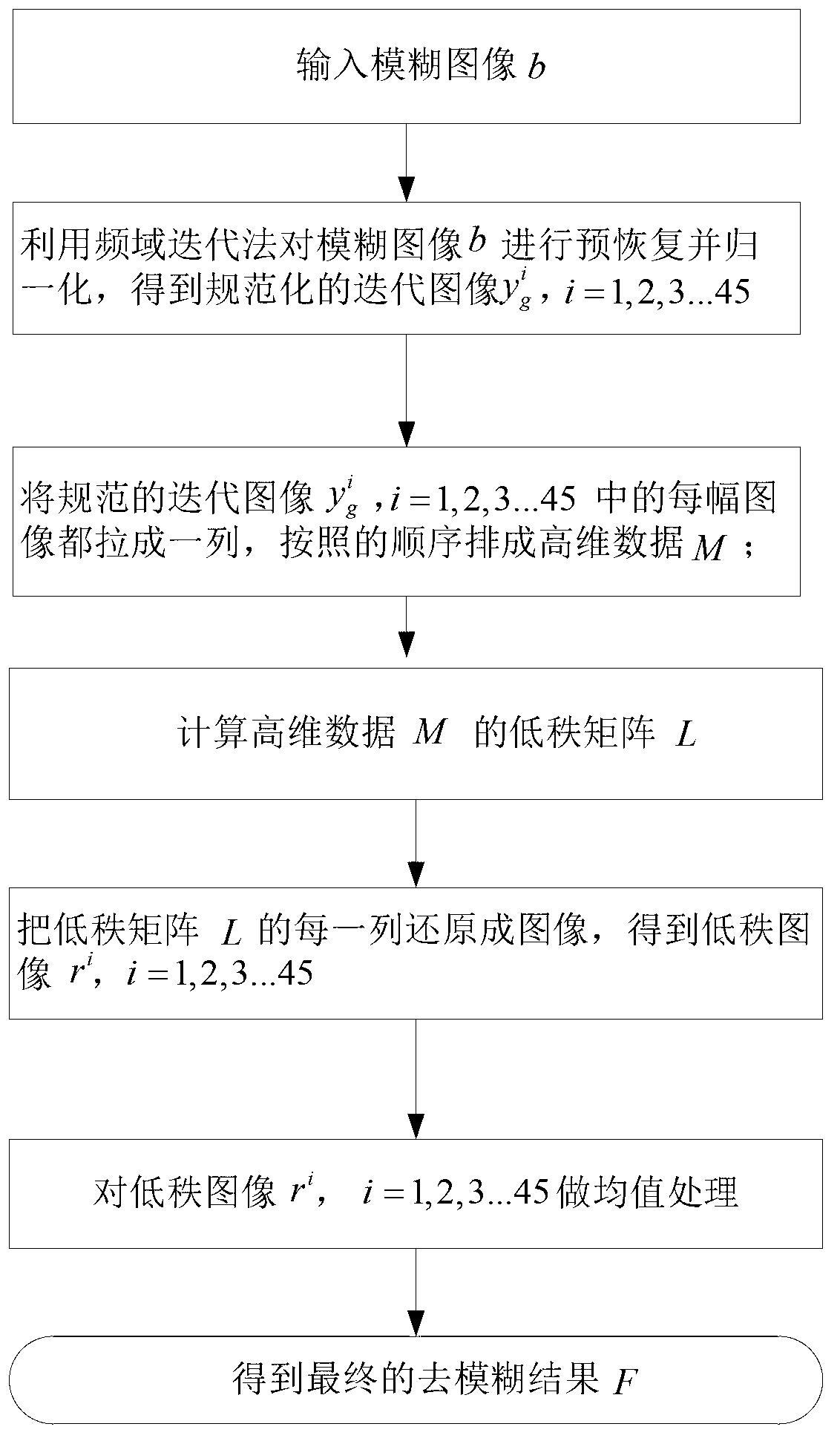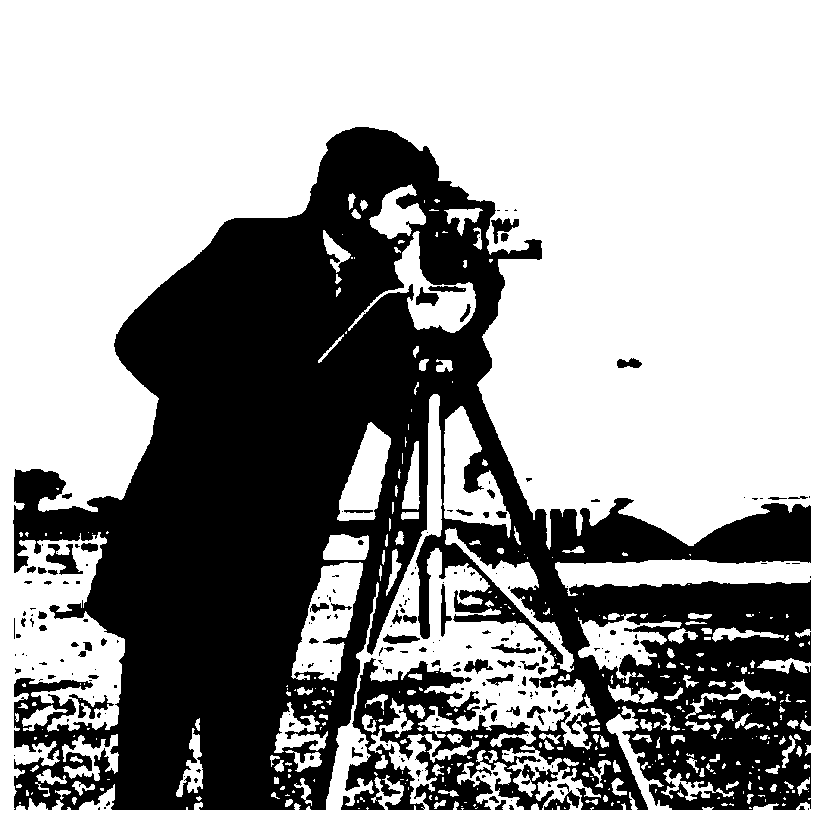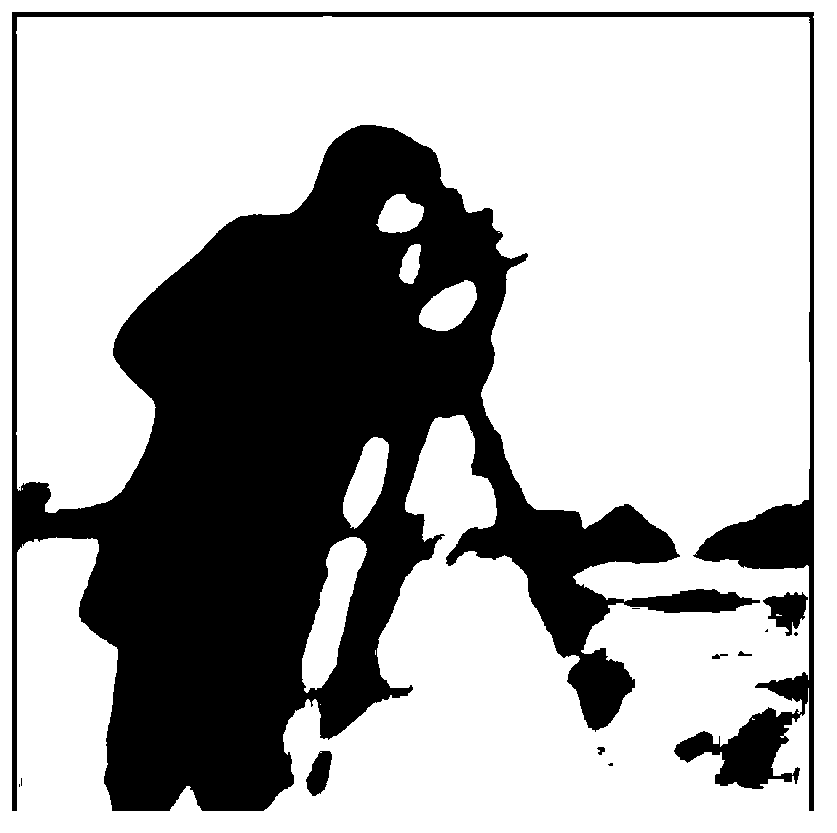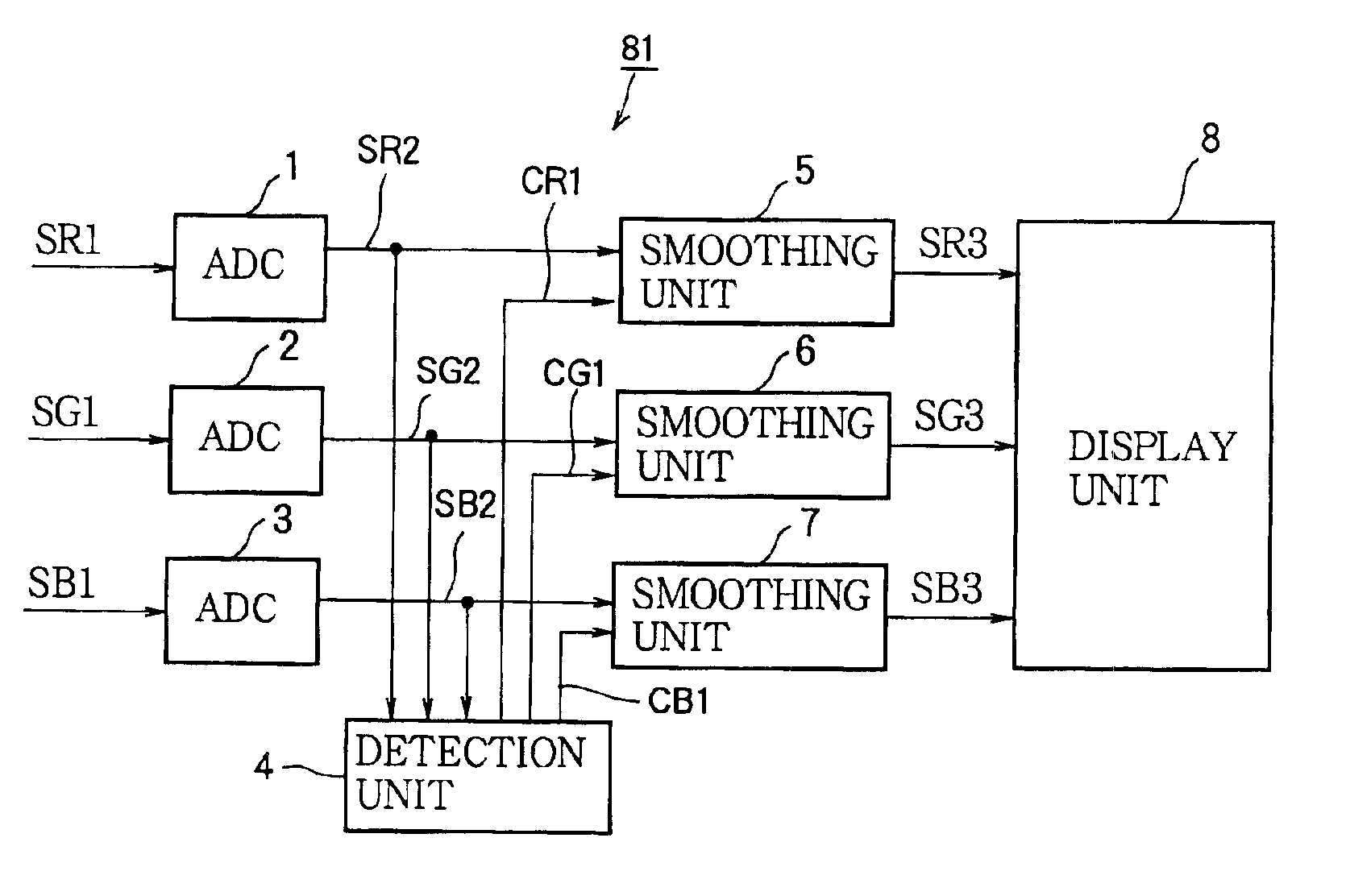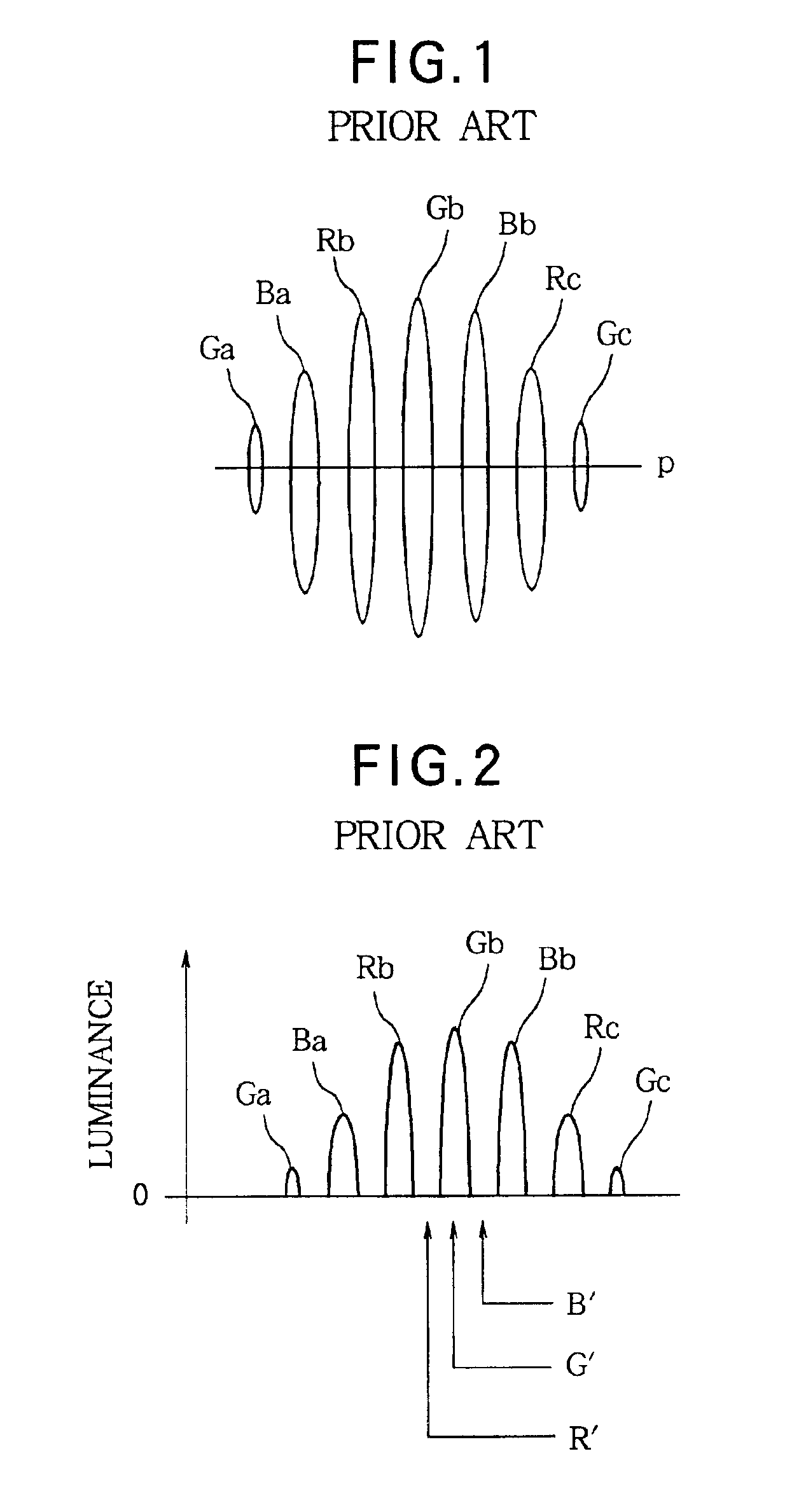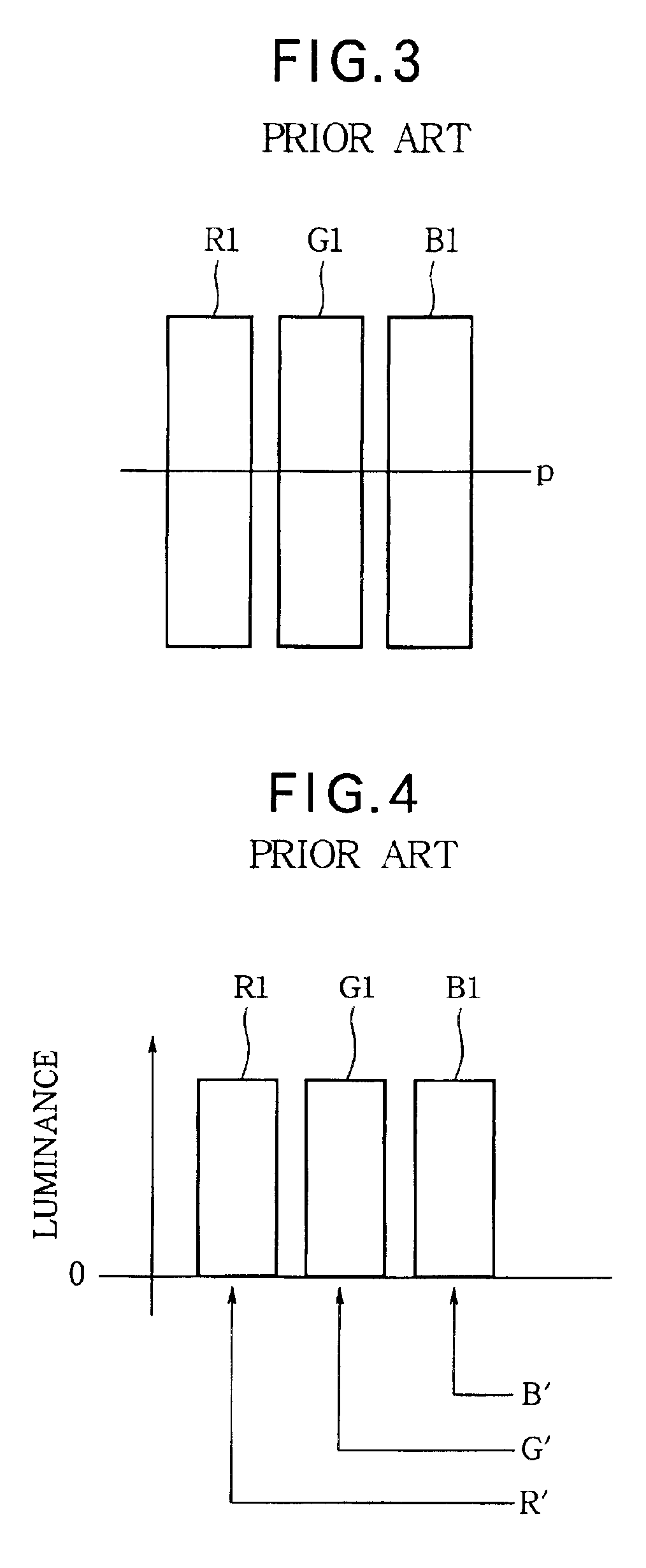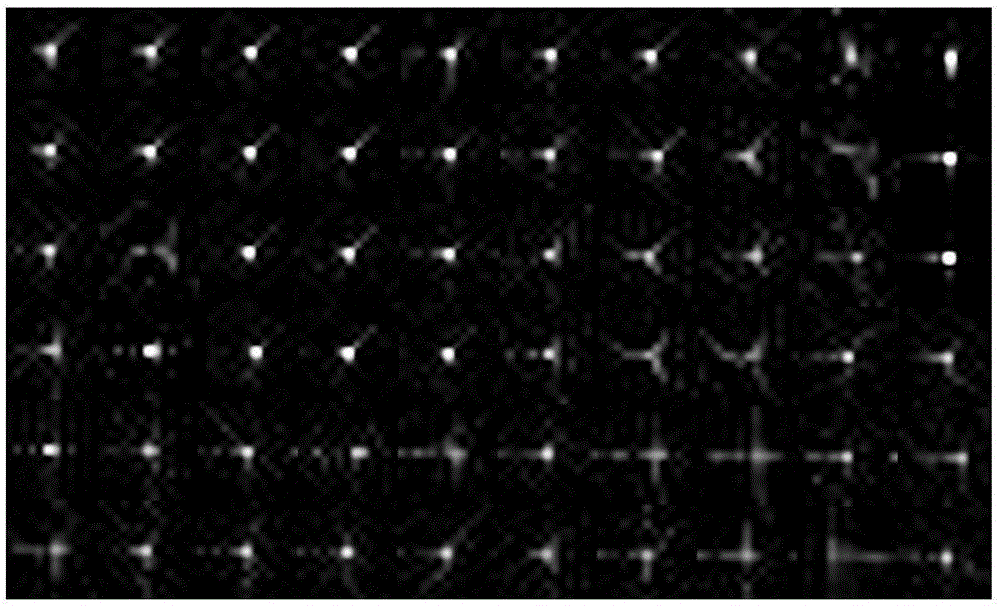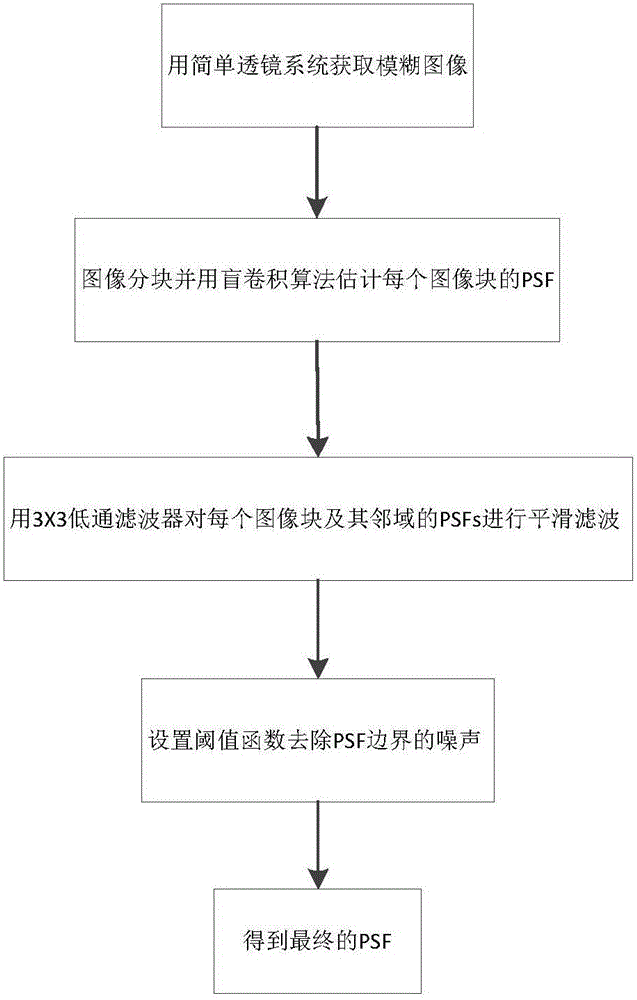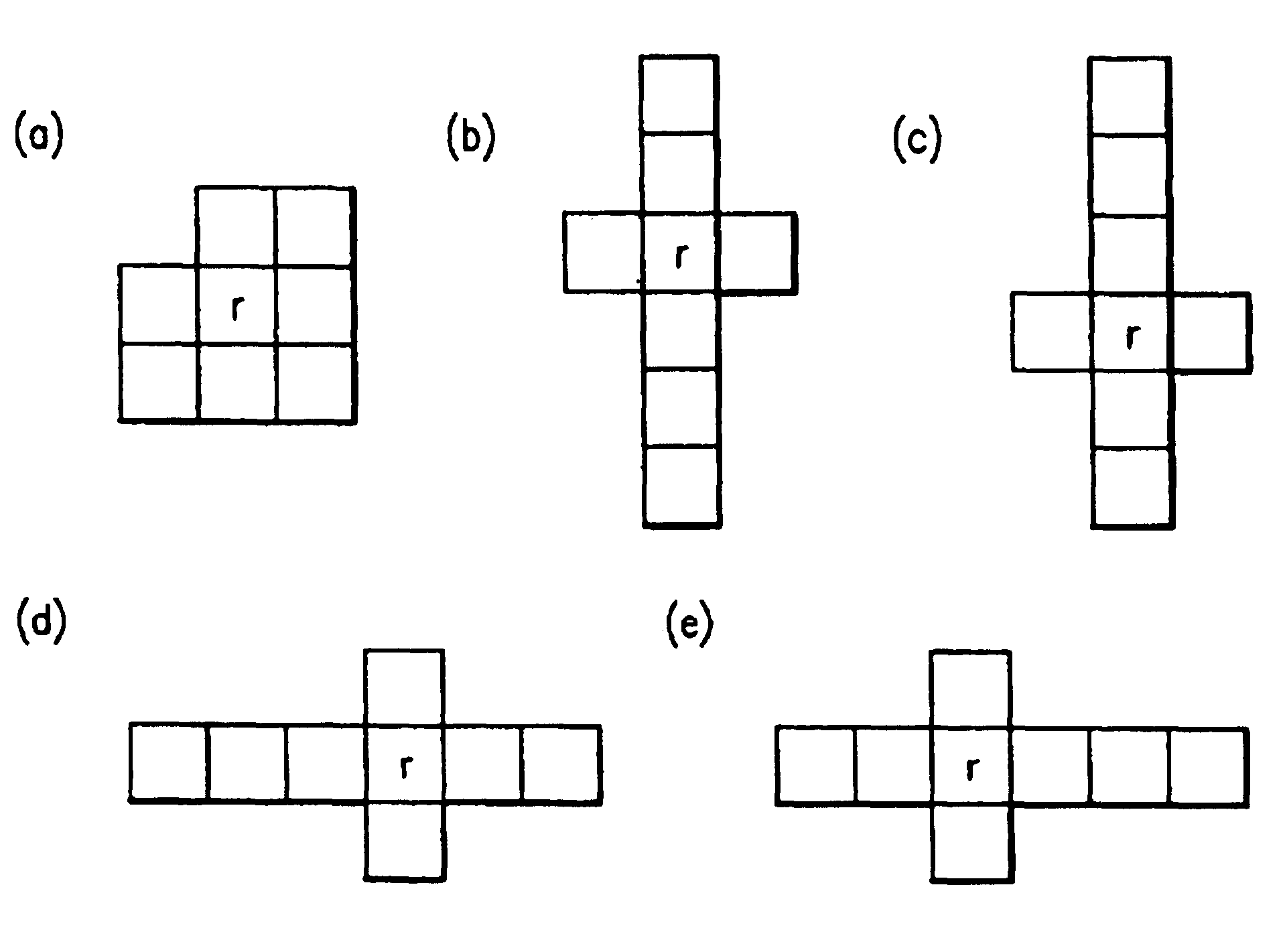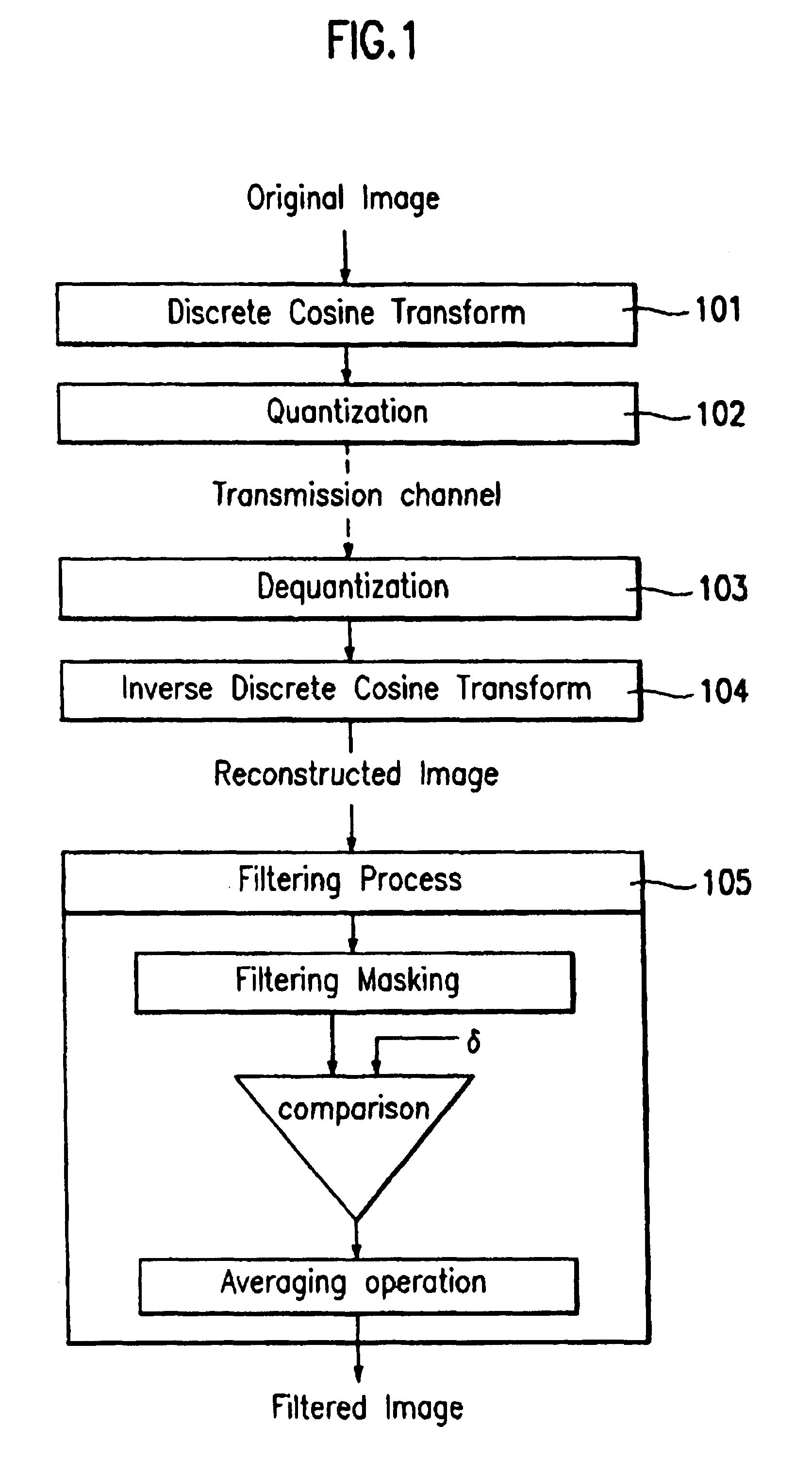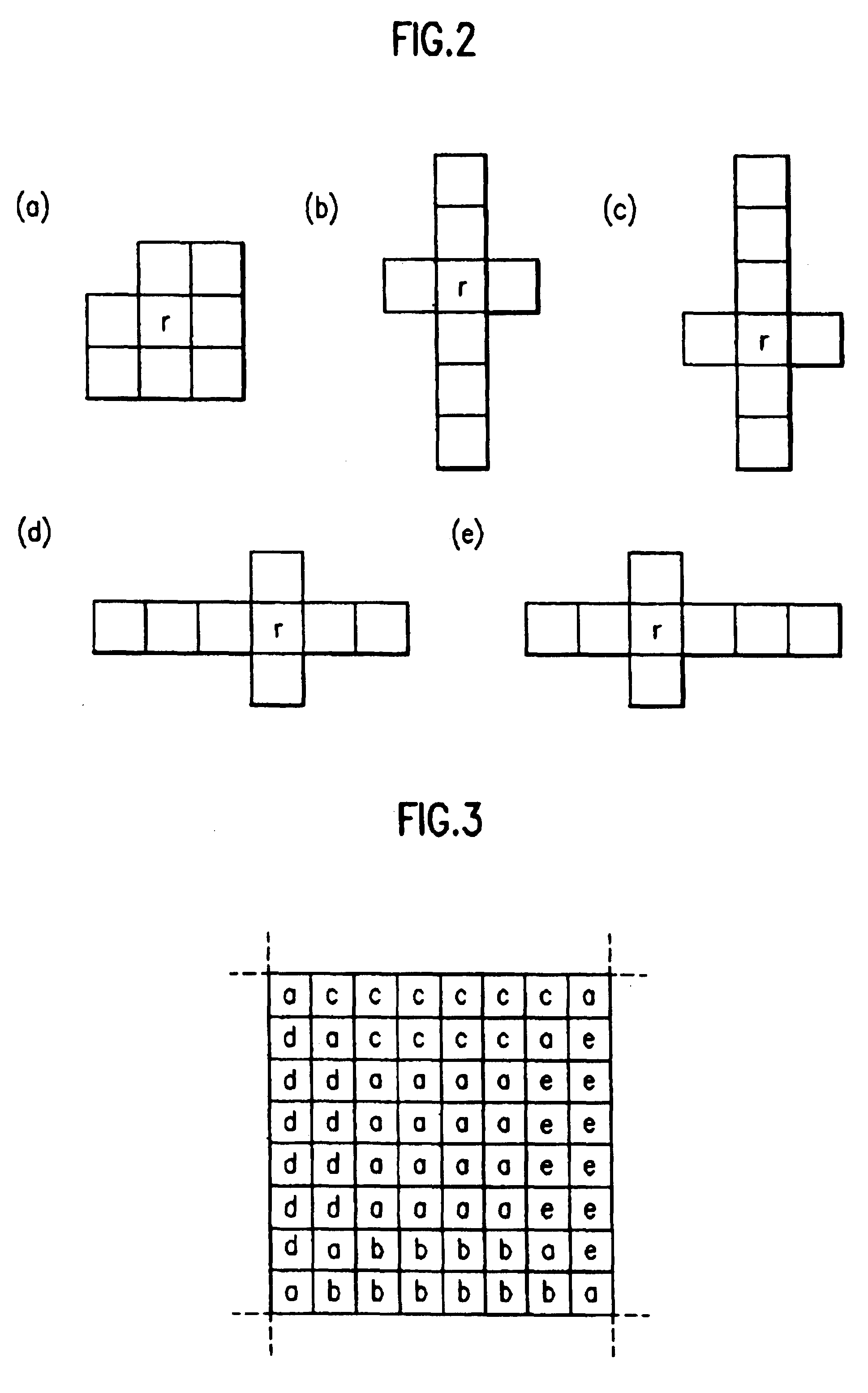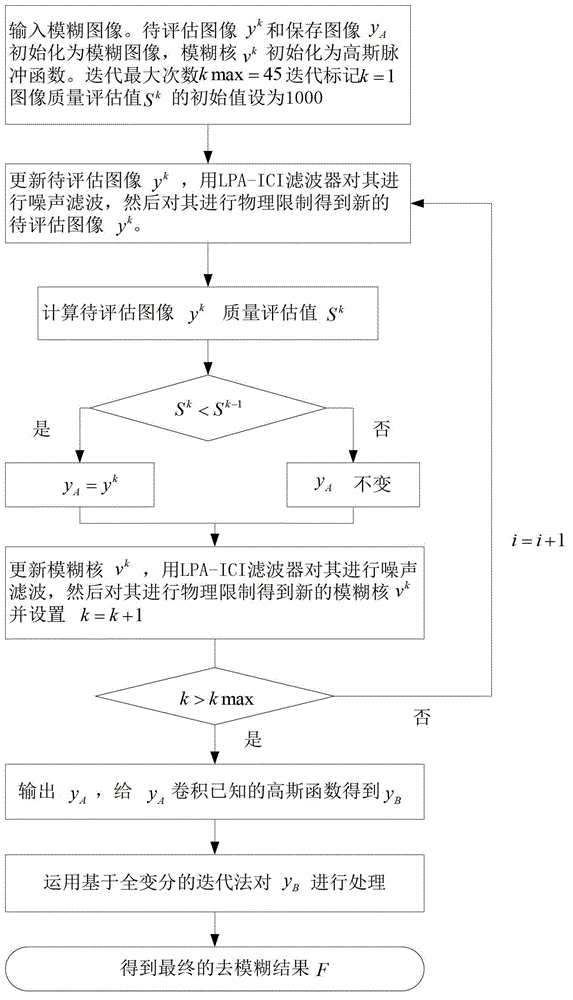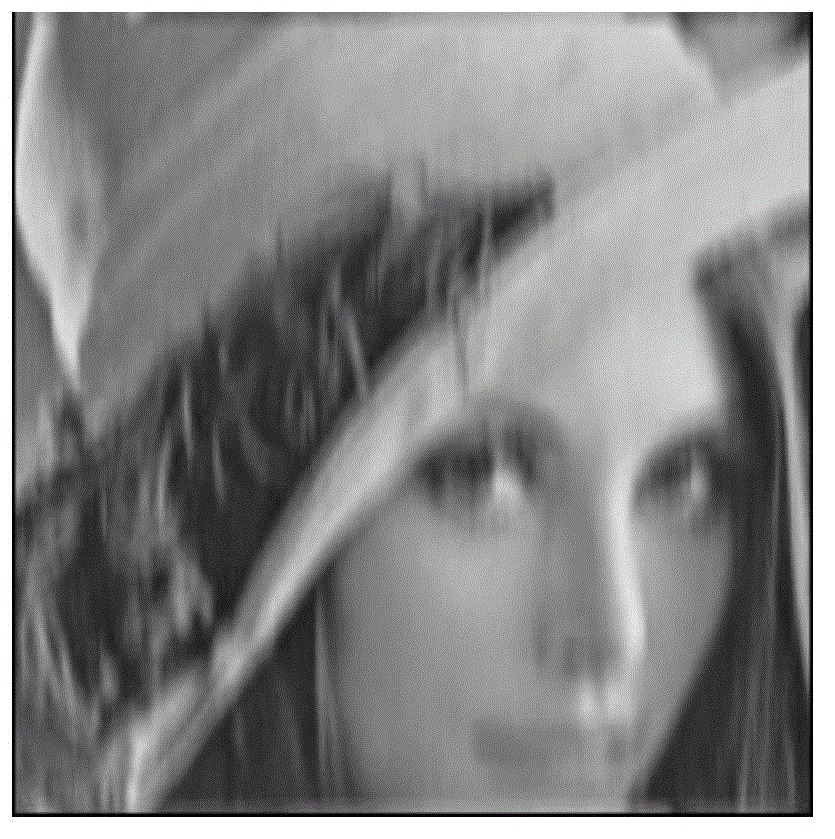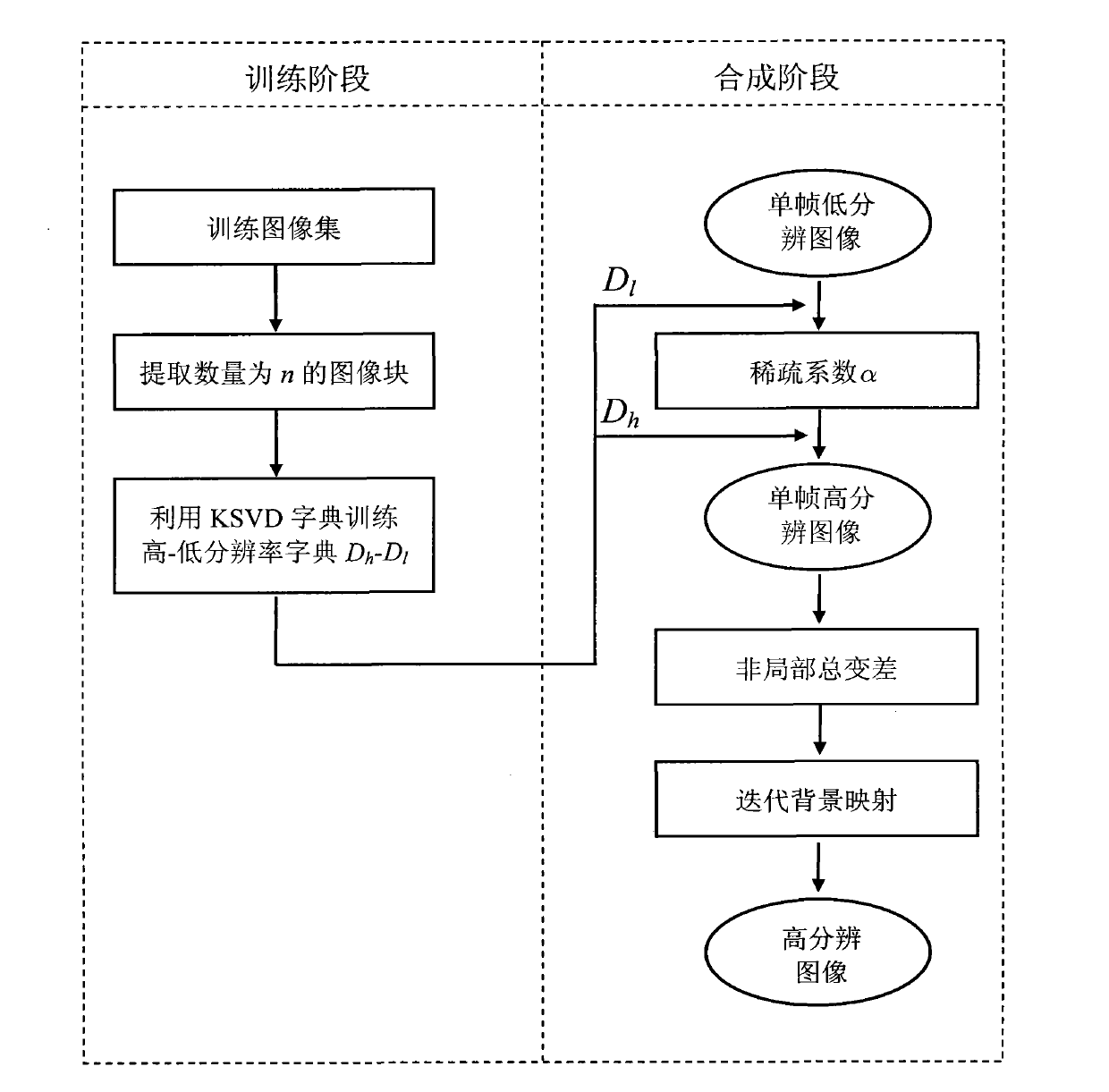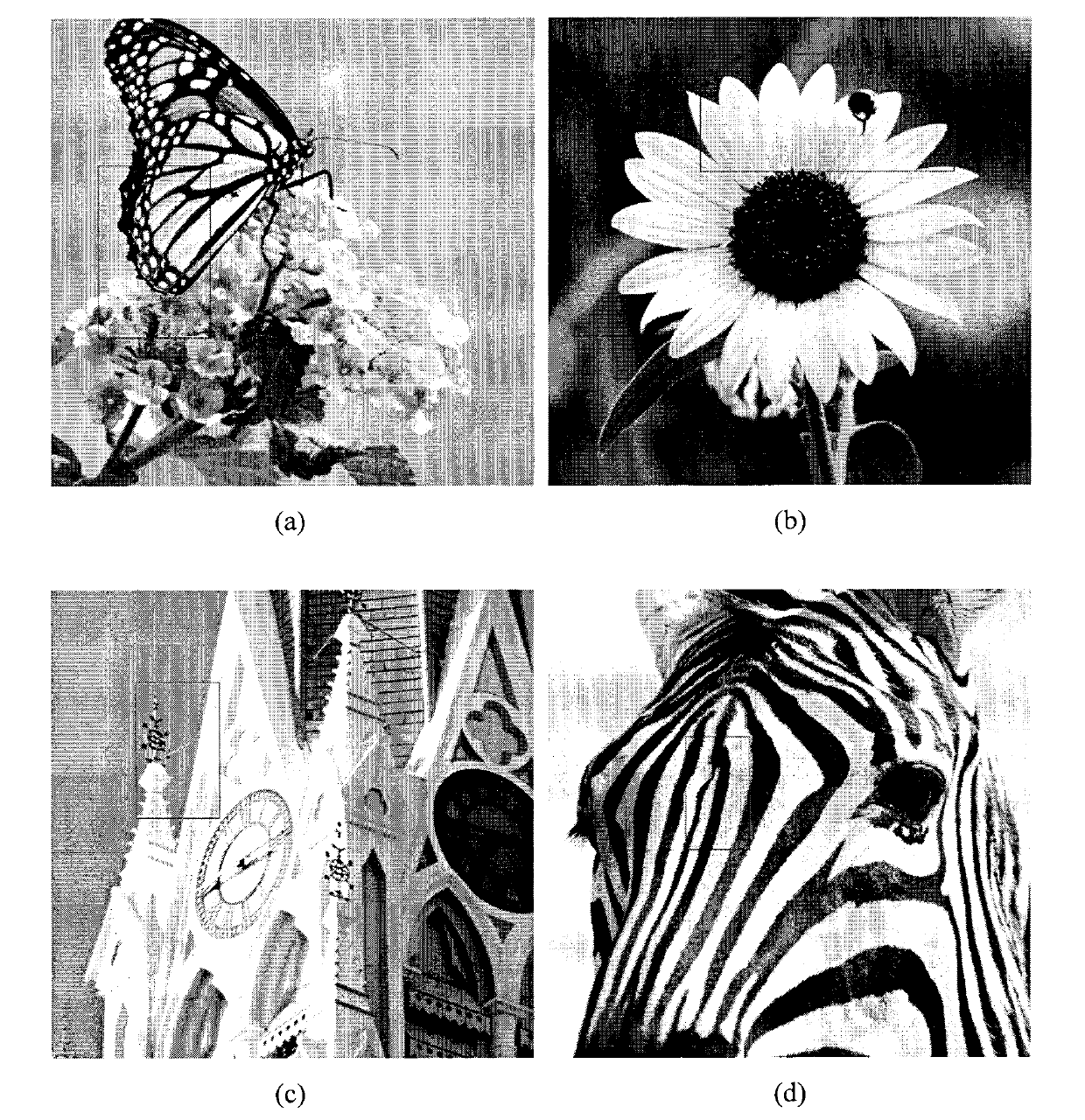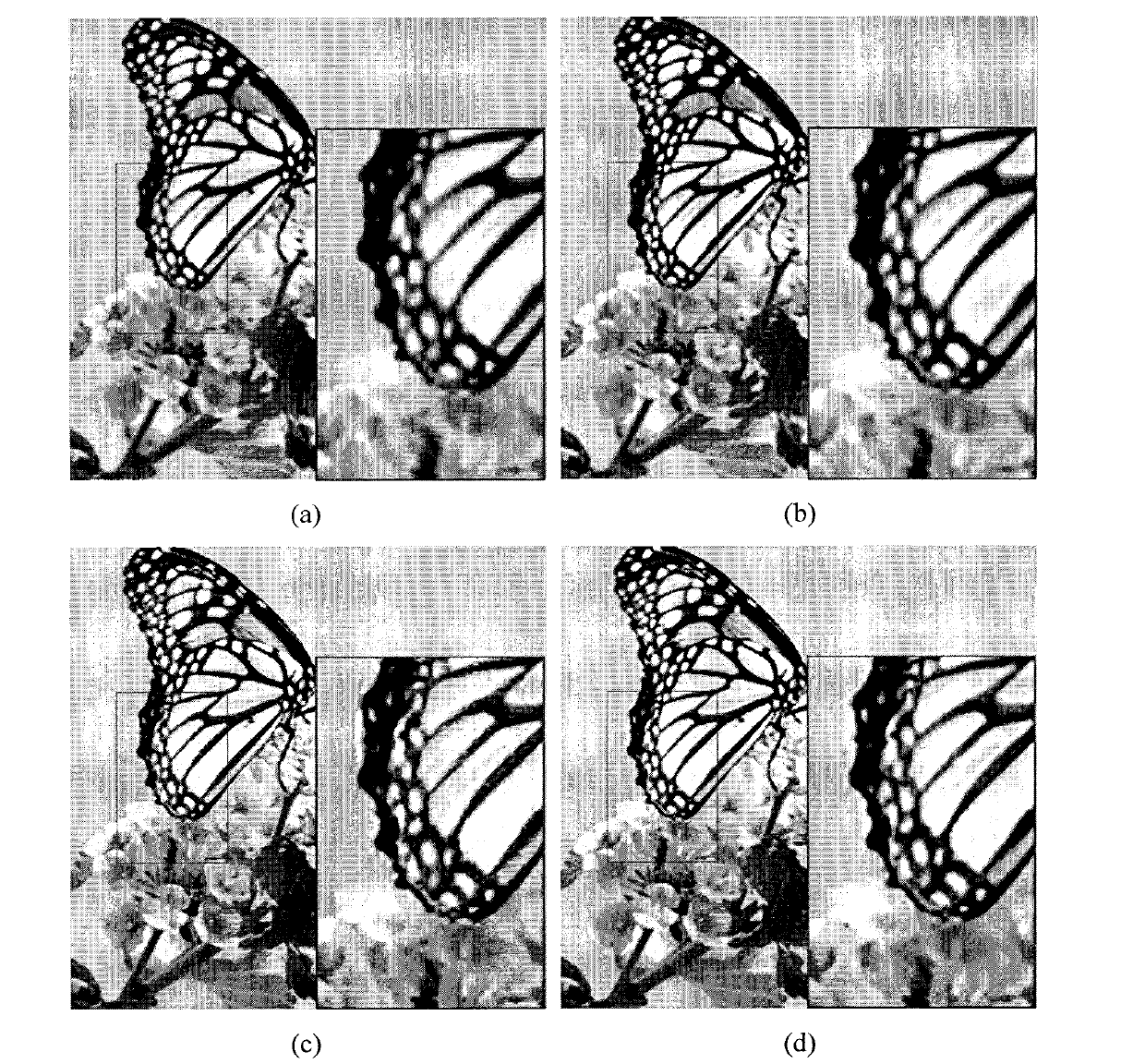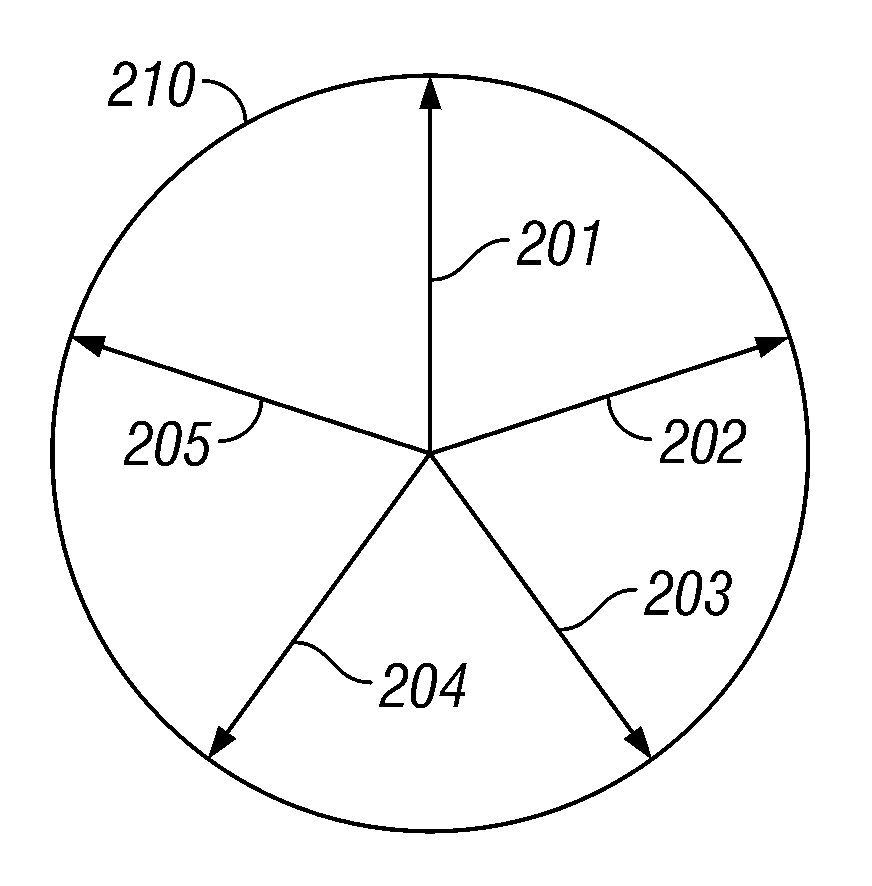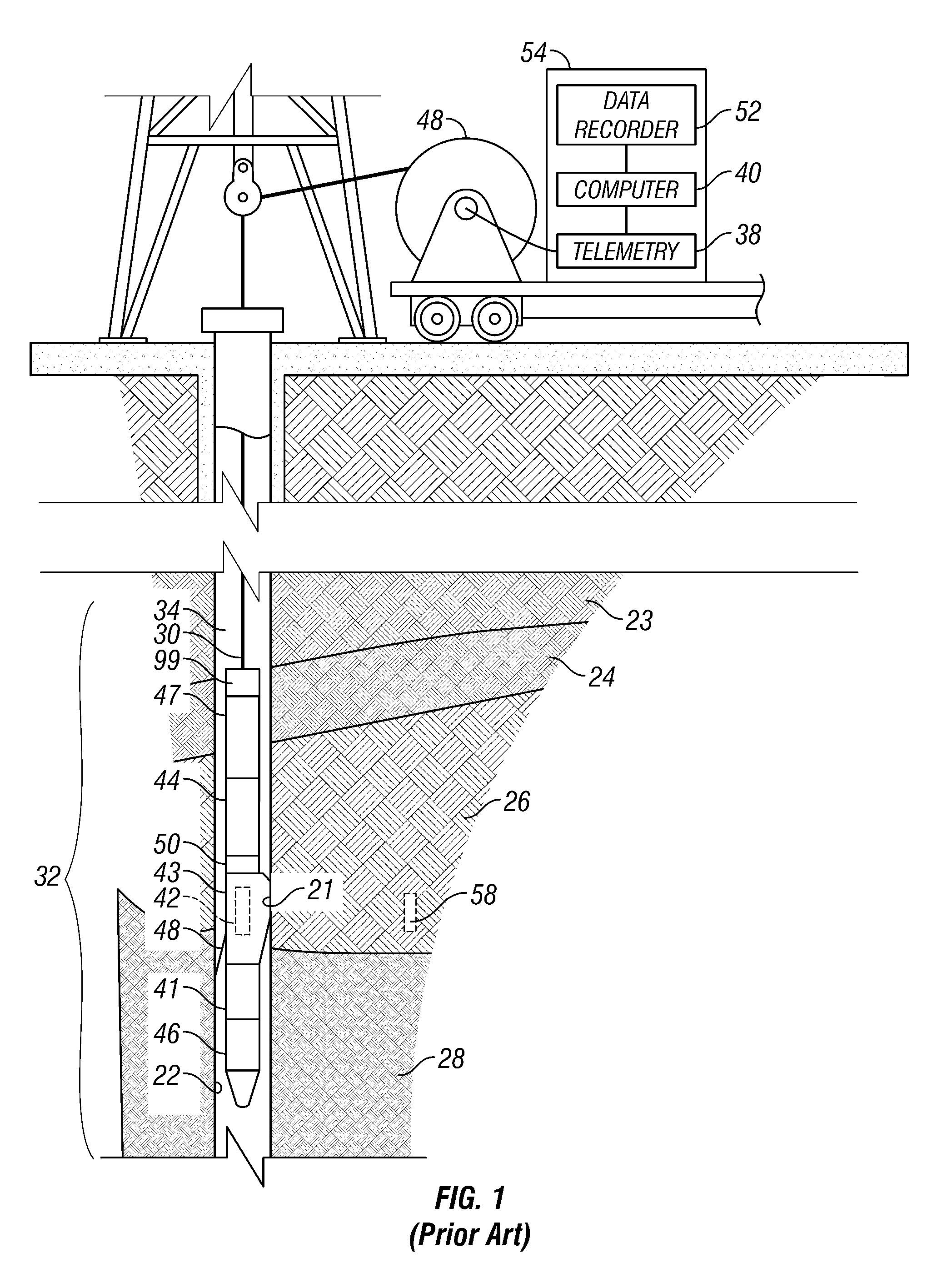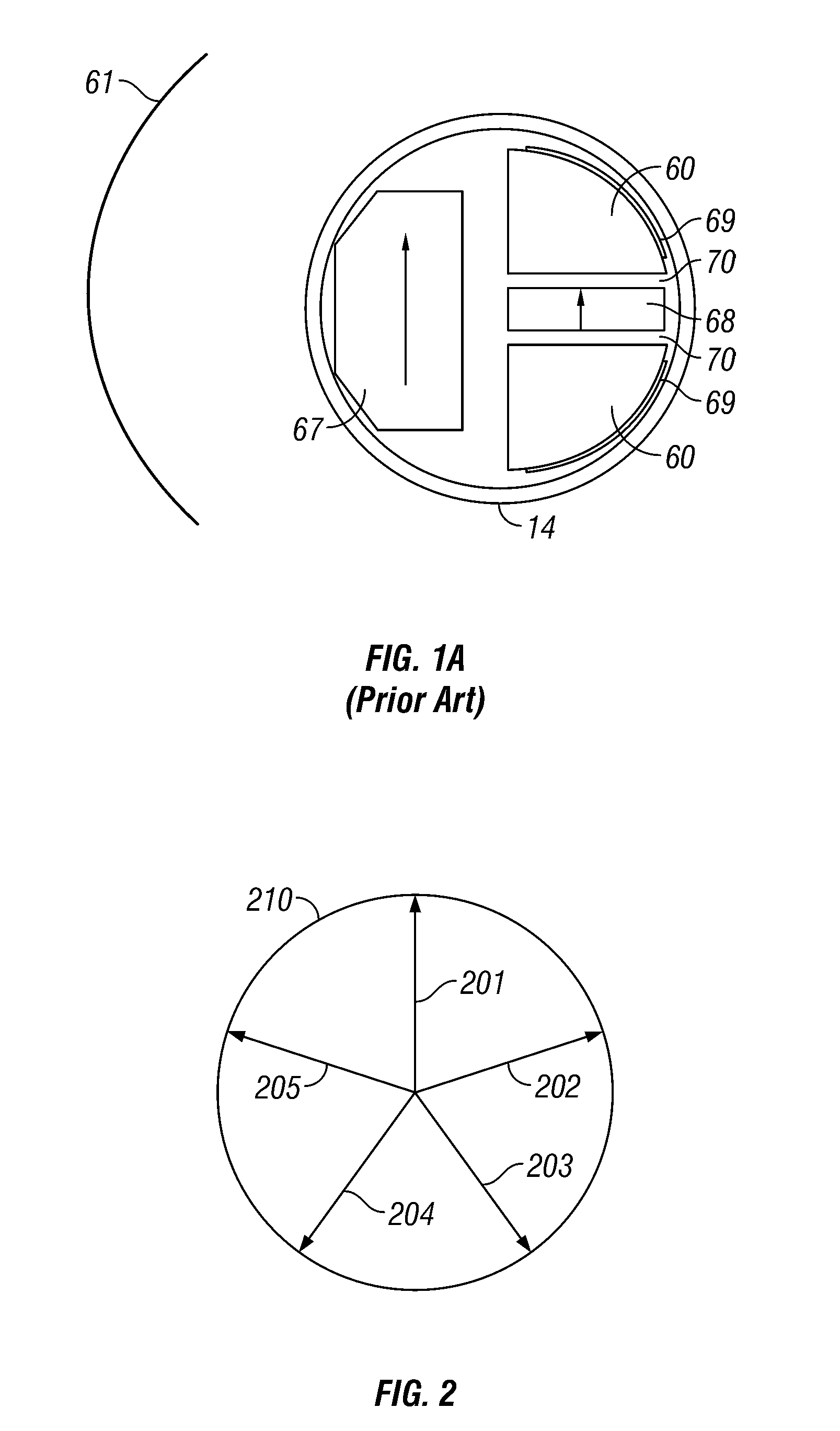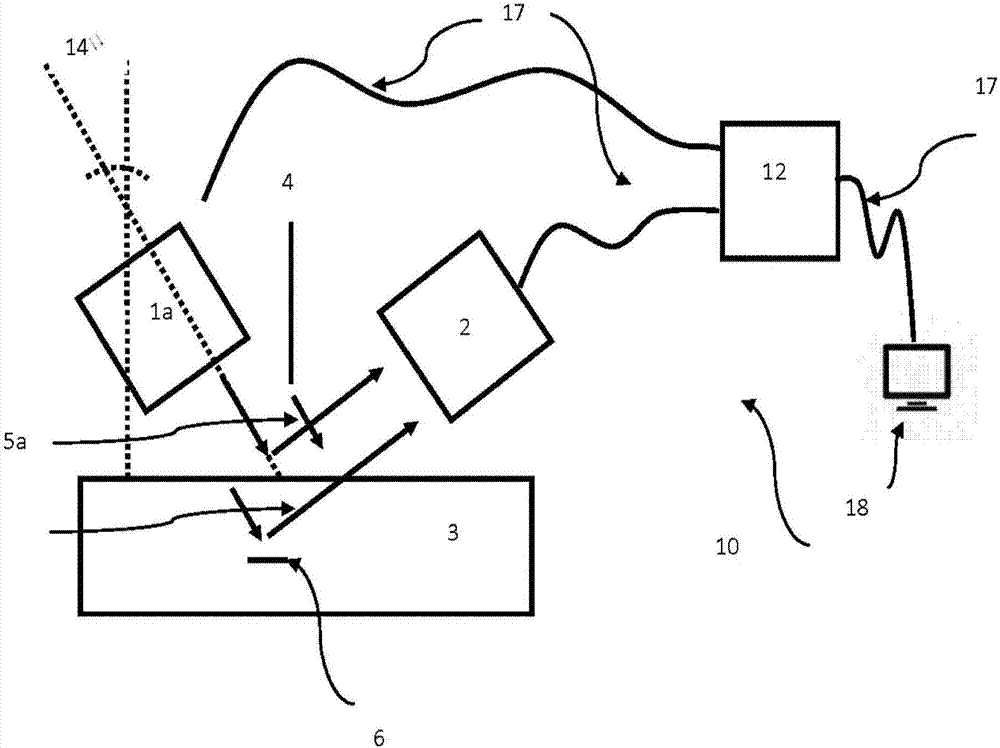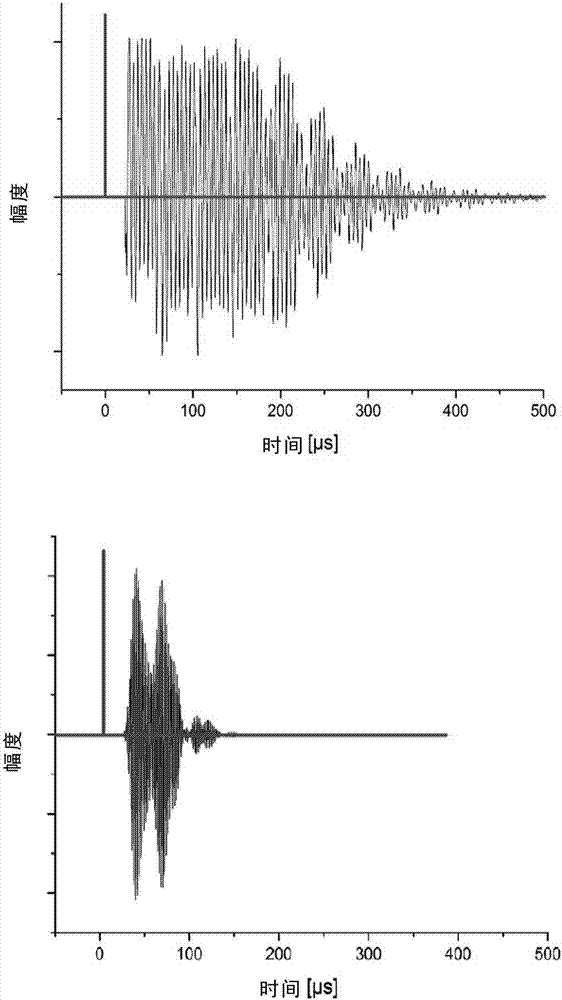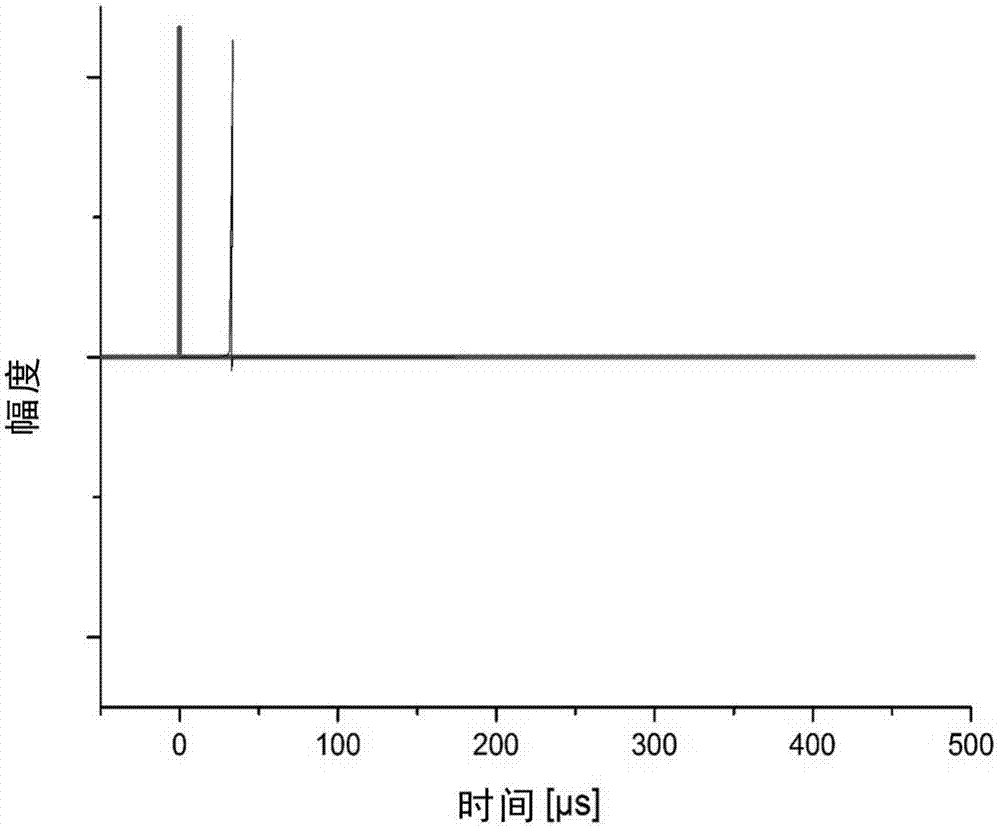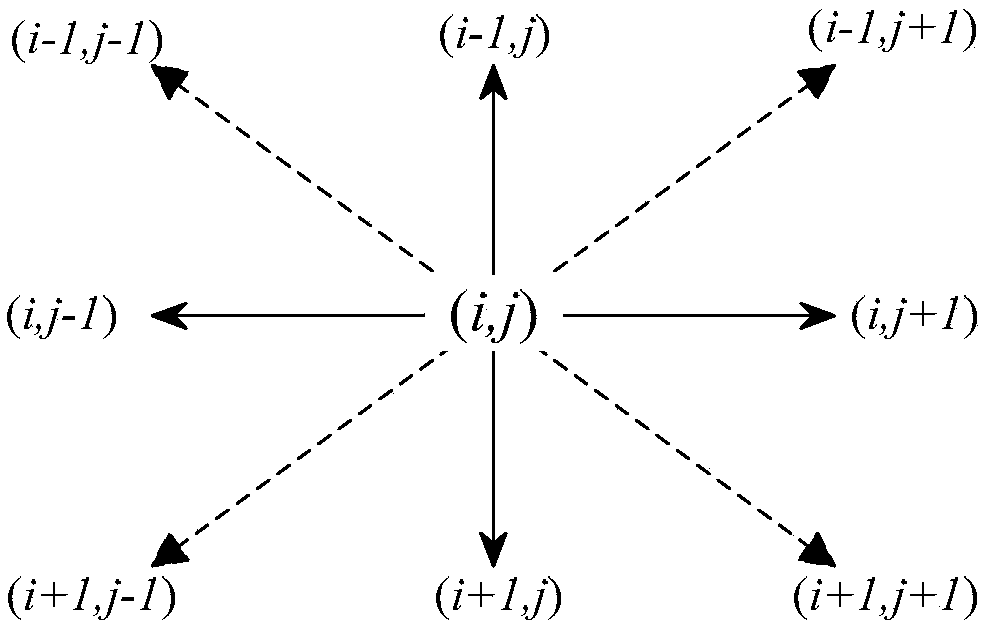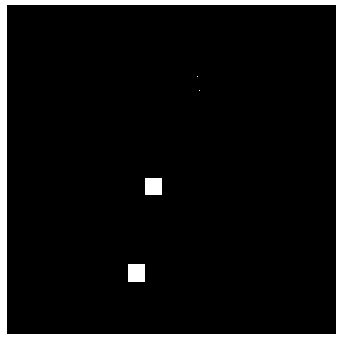Patents
Literature
177 results about "Ringing effect" patented technology
Efficacy Topic
Property
Owner
Technical Advancement
Application Domain
Technology Topic
Technology Field Word
Patent Country/Region
Patent Type
Patent Status
Application Year
Inventor
Ringing effect so known as Gibbs phenomenon in mathematical methods of image processing is the annoying effect in images and video appeared as rippling artifact near sharp edges. This effect is caused by distortion or loss of high frequency information in image.
Cementing systems for wellbores
InactiveUS6056053AReduced inner body thicknessEasy to bendCleaning apparatusFluid removalWell cementingMetallic materials
A new wellbore cementing system has been developed which includes, in certain embodiments, a plug container with a flow diverter for diverting a portion of flowing fluid away from plugs in the plug container; a plug set system with internal sleeves or dart receivers with shearable parts for shearing to selectively release plugs-all in certain embodiments made of non-metal material and / or plastic; a swivel equalizer with internal valving to isolate a plug set (or any other item) from torque and to relieve pressure below the swivel equalizer; and unique burst tube systems for selectively controlling fluid flow and plug system operation. In one aspect a plug nose is tapered to correspond to a taper of a landing ring so that wedge-locking of the nose and ring effects desired non-rotation of the plug during drilling. In one aspect plug fin bending is facilitated by reducing plug body thickness so that an alternate fluid flow path is provided for cementing. In one aspect a new float valve system is provided with a top baffle that prevents debris etc. from shutting off fluid flow to a float valve.
Owner:WEATHERFORD TECH HLDG LLC
Fully clamped coupled inductors in power conversion circuits
InactiveUS7606051B1Improve electromagnetic compatibilitySmall sizeEfficient power electronics conversionDc-dc conversionActive clampLeakage inductance
The subject invention reveals improvement methods for circuits that use a coupled inductor wherein overshoot and ringing associated with leakage inductance of said coupled inductor is entirely eliminated by addition of non-dissipative active clamp networks that clamp each winding during each operating state of a power supply containing said coupled inductor. A further improvement applicable to zero voltage switching circuits that employ an inductor for driving a zero voltage turn on switching transition of a switch enables elimination of said inductor and preserves said zero voltage switching properties by adding leakage inductance to a coupled inductor without any adverse overshoot and ringing effects associated with said leakage inductance. The subject invention also reveals a coupled inductor with enhanced leakage inductance which can be used with said other improvements. Example circuits including zero voltage switching flyback and forward converters which require only one magnetic circuit element are revealed. Zero voltage switching tapped inductor buck and boost converters with a single magnetic circuit element are also revealed.
Owner:WITTENBREDER JR ERNEST HENRY
Sparse representation-based blind restoration method of broad image
ActiveCN102354395AReduced ringingPrevent morbidityImage enhancementPattern recognitionRestoration method
The invention relates to a sparse representation-based blind restoration method of a broad image, aiming at solving the technical problem that an image restored by the existing broad image blind restoration method is bad in effect. The method has the technical scheme that the broad image is sparsely represented by a fuzzy dictionary and a brilliant image is rebuilt by a brilliant dictionary to restore the image due to the characteristic that the sparse coefficient of the broad image under the fuzzy redundancy dictionary is coincident with that of the brilliant image under the brilliant redundancy dictionary. The illcondition during deconvolution can be avoided, the ringing effect at a high edge during image restoration can be reduced, and the image which is more brilliant can be obtained.
Owner:NORTHWESTERN POLYTECHNICAL UNIV
Improved HEVC sample point self-adaption compensation method
InactiveCN105141948AThe improvement effect of subjective evaluation quality is obviousImprove encoding performanceDigital video signal modificationRinging artifactsImage edge
The invention discloses an improved HEVC sample point self-adaption compensation method. The BO algorithm and the EO algorithm are adopted for performing SAO filtering on images. The sample point self-adaption compensation algorithm is adopted for solving ring effects caused by transform and quantization in the current video coding standard HEVC in the loop filter technology. The current video coding standard HEVC comprises BO and EO algorithms, but sideband distribution conditions are not fully taken into consideration in the BO algorithm which only transmits four continuous sidebands. According to the invention, by use of an image histogram, the sideband distribution conditions can be sufficiently analyzed; intra-frame prediction mode type texture information is extracted in a self-adaption manner; and for different sizes of CTB, four kinds of BO filter modes are added, BO filter pattern discrimination process is improved, and the improved self-adaption compensation method is provided. The experimental results show that compared with the HM10.0, coding performance is improved; bit rate gain of chromaticity can reach -7.53%; and subjective assessment quality of image edge parts is obviously improved.
Owner:TIANJIN NORMAL UNIVERSITY
Image reference-free quality evaluation method and system based on gradient profile
The invention discloses image reference-free quality evaluation method and system based on a gradient profile. The image reference-free quality evaluation system comprises a gradient profile extraction device, a blurring effect evaluation device, a ringing effect evaluation device and an integrated evaluation device, wherein the gradient profile extraction device is used for detecting input image edge points and extracting the gradient profile according to the edge points; the blurring effect evaluation device is used for measuring the blurring effect of images according to the gradient profile; the ringing effect evaluation device is used for measuring the ringing effect of the images according to the gradient profile; and the integrated evaluation device is used for fusing the blurring effect measurement and the ringing effect measurement to acquire a quality evaluation reference value of input images. Based on the invention, the quality evaluation can be carried out on various types of natural images; and especially, the invention has favorable robustness for partially-blurred images due to the defocusing, the motion and other reasons.
Owner:PEKING UNIV
Image restoration method of blurred image
InactiveCN107369134AAvoid wastingAvoid blind calculationImage enhancementImage analysisTime domainImage restoration
The invention provides an image restoration method of a blurred image. The method comprises steps of: S100 acquiring a blurred image, converting the blurred image and the corresponding target blurred core from the time domain to the frequency domain, and dividing the blurred image into a plurality of blurred sub-image blocks; S200 with the preset blurred core algorithm, estimating the target blurred core of each blurred sub-image block at the same time; S300 according to the preset image restoration algorithm combined with the target blurred cores, calculating and obtaining clear sub-image blocks; S400 jointing and merging each clear sub-image block according to the order of each blurred sub-image block to obtain a clear image corresponding to the blurred image. The method can rapidly estimate the blurred core, can obviously reduce the ringing effect caused by the deconvolution operation, and improve the precision of the deconvolution algorithm.
Owner:PHICOMM (SHANGHAI) CO LTD
Super-resolution reconstruction algorithm based on improved neighborhood embedding and structure self-similarity
InactiveCN105550988ASolving the problem of inaccurate high-frequency initial estimatesImproving super-resolution reconstruction performanceGeometric image transformationObjective qualityScale structure
The invention discloses a super-resolution reconstruction algorithm based on improved neighborhood embedding and structure self-similarity, comprising the following steps: first, the neighborhood embedding method is improved by use of structure similarity, more accurate high-frequency initial estimation is obtained, and an initial estimation algorithm based on neighborhood embedding is realized; and then, the local self-similarity and multi-scale structure similarity of a low-resolution image are used to construct a reconstruction constraint for the purpose of reconstructing high resolution, and a sparse representation dictionary is established. Compared with the prior art, on the basis that the algorithm put forward by the invention solves the problem that the learning-based super-resolution reconstruction algorithm of predecessors needs a lot of training sets, the neighborhood embedding method is improved, the method is adopted to solve the problem of inaccurate high-frequency initial estimation in a super-resolution algorithm based on local self-similarity and multi-scale similarity, and the super-resolution reconstruction effect of images is enhanced; and the saw-tooth effect and the ringing effect are suppressed better, and a reconstructed high-resolution image is closer to the real image and is of better subjective and objective quality.
Owner:TIANJIN UNIV
Real video recovery method based on local strategies
ActiveCN104103050APrecise estimation of local motionAccurate estimation of blur kernelImage enhancementGeometric image transformationPattern recognitionRecovery method
The invention relates to a real video recovery method based on local strategies and belongs to the field of image processing and pattern recognition. The real video recovery method based on the local strategies is characterized by comprising, firstly, extracting the moving foregrounds of the neighboring two frames of a real video, matching the feature points of the moving foregrounds and accordingly estimating the blurring kernels of every pixel point in the foregrounds; secondly, for eliminating object motion blur of space change inside the video, providing an ADM (adaptive delta modulation) algorithm, namely, recovering all the overlapped local blocks and integrating the local blocks into clear video frames. The real video recovery method based on the local strategies can overcome the deficiencies of amplifying noise and introducing ringing effects in traditional methods and achieve good recovery effects on the edges and the details of the video frames.
Owner:上海厉鲨科技有限公司
Visual saliency-based image deblurring method
The invention relates to a visual saliency-based image deblurring method. The method is characterized in that according to a visual attention mechanism, saliency dividing is carried out on a to-be-processed image by utilizing image sharpness as a saliency condition, wherein the saliency dividing includes division of a saliency portion and a non-saliency portion; blurring kernel estimation is carried out on the non-saliency portion so as to obtain a blurring kernel K of the image; and a compensation mechanism is introduced and thus the obtained blurring kernel is applied to the whole to-be-processed image, and a ringing-free effect occurs at the edge of the saliency portion so as to obtain an image processed by deblurring. According to the method provided by the invention, as the visual attention-based saliency study, the blurred image is divided into two portions including the saliency portion and the non-saliency portion based on a saliency map; only the blurring kernel of the non-saliency portion is estimated and that is, the blurred portion of the blurred image is processed so as to maintain the clear portion. Therefore, the influence on blurred images with different blurring degrees of different portions and different blurring directions due to the same blurring kernel estimation processing can be eliminated.
Owner:ZHENGZHOU UNIV
Enhancement of decompressed video
A method and apparatus for enhancing the video quality of compressed video signals adaptively removes distortions and ringing effects embedded in the decompressed images. The apparatus operates in conjunction with decoder devices installed in set-top boxes, satellite receivers, TV broadcast channel servers, digital still cameras, DVD players and recorders, large screen TV sets, media players, and the like.
Owner:RATEZE REMOTE MGMT LLC
Image processor and method of processing images
InactiveUS20020054241A1Eliminate the effects ofReduce resolutionTelevision system detailsTelevision system scanning detailsShift registerProcessor register
An image processor is arranged in operation to generate an interpolated video signal from a received video signal representative of an image. The image processor comprises an adaptable register store coupled to a control processor which is operable to receive the video signal and to provide pixels of the received video signal, under control of the control processor, to an interpolator, the interpolator being coupled to the adaptable register store and is arranged in operation to generate the interpolated video signal by interpolating the pixels provided by the adaptable register store. The control processor controls in operation the adaptable register store to provide pixels to the interpolator to interpolate parts of the image in both vertical and horizontal directions. Performing diagonal interpolation can substantially reduce ringing effects and resolution loss on diagonal edges of an image. In order to interpolate a part or all of the image in both the vertical and horizontal directions, the adaptable shift register may have a plurality of register elements, selected register elements being connected to the interpolator to provide the pixels of the received video signal for interpolation, each of the register elements being arranged to store a pixel of the received video signal and each being connected to a plurality of other register elements and configurable under control of the control processor to feed the pixel stored in the register element to one or other of the other shift registers in dependence upon a temporal reference.
Owner:SONY UK LTD
Method for eliminating blocking effect in compressed video signal
InactiveUS6859558B2Reduced prediction residualsQuality of compressed can be smoothedPulse modulation television signal transmissionPicture reproducers using cathode ray tubesSimple equationBlock effect
The present invention relates to a method for eliminating a blocking effect in a compressed video signal signal. The method of the invention includes: the encoding step of eliminating a blocking effect by compensating the motion of a signal compressed in block unit to be transmitted; the decoding step of restoring the motion compensated video signal to the original video signal by reducing the prediction residual between the motion compensated video signal and the original video signal and the blocking effect; and the post-filtering step of performing post-filtering in a blocking elimination filter in order to eliminate a blocking effect and ring effect remained in the compensated signal. The equation for obtaining the original pixel is made simple by eliminating the remaining blocking effect and ring effect using a loop / post filter. In addition, normalization parameters can be stored in the look-up table and can be detected according to the difference between pixels adjacent to the original pixel and the size of quantizaiton, whereby the equation for restoring the compressed moving video signal, resulting in excessive smoothing, becomes simpler, and filtering control is made possible by a simple equation, thus making a high speed real time video signal processing possible.
Owner:LG ELECTRONICS INC
Satellite remote sensing space-time distribution inversion algorithm for column concentration of polluted gas
InactiveCN108519340AReduce inversion errorImprove inversion accuracyChemical property predictionColor/spectral properties measurementsAtmospheric pollutionChemical models
The invention discloses a satellite remote sensing space-time distribution inversion algorithm for column concentration of polluted gas. The satellite remote sensing space-time distribution inversionalgorithm comprises the following steps: selecting a spectral waveband and a resolution ratio; carrying out difference absorption spectrum analysis method inversion; carrying out contrast verificationon ground-based observation and a chemical model simulation result. The satellite remote sensing space-time distribution inversion algorithm for the column concentration of the polluted gas has the advantages that 1) the quantity / position of detected damaged pixels is judged and identified through fitting residuals and the signal-to-noise ratio of a detector is calculated; 2) key parameters including a slit function, spectrum drifting and the like, which are changed in real time after the simulated detector is launched into the sky, can be realized, the inversion errors are reduced and the inversion precision is improved; 3) overlapping influences on different trace gas spectrums in fitting calculation and influences on atmosphere ring effects are eliminated; 4) the satellite remote sensing space-time distribution inversion algorithm can be applied to an atmospheric pollution gas absolute total amount inversion algorithm of ground-based and onboard observation; 5) an actual atmospheric outline of China is combined with land surface emissivity and a detector posture to construct an atmospheric quality factor lookup table which is changed along wavelength.
Owner:UNIV OF SCI & TECH OF CHINA
Blind removal of image motion blur based on gradient domain and depth learning
InactiveCN109345474AFuzzy realizationEasy extractionImage enhancementNeural architecturesData setImage motion
The invention discloses an image motion blur blind removing method based on gradient domain and depth learning, A guide filter gradient domain image is used as a basic image, A L0 filt gradient domainimage and a corresponding clear image are taken as samples, that clear image is randomly convolution with different blur kernel, and 1% Gaussian white noise is added to generate a motion blur image.The gradient domain image after the guide filter, the gradient domain image after the L0 filter and the motion blur image constitute a training data set; The depth convolution neural network is constructed, and the weight data of the depth convolution neural network is learned from the training data set, and the depth convolution neural network used for motion fuzzy kernel estimation is learned. Extracting the weight data of the network training, obtaining the motion blur kernel, optimizing the deconvolution function of the image prior constraint, and obtaining the motion blur image by using the total variational term. This method can effectively suppress the image ringing effect and reduce the image noise, and the effect of motion blur removal is better.
Owner:NANJING UNIV OF INFORMATION SCI & TECH
A depth map super-resolution method
InactiveCN109272447ADepth pixel values are accurateSuppress ringing effectImage enhancementImage analysisStochastic gradient descentMean square
The invention discloses a depth map super-resolution method. The method comprises the following steps: color map edges and depth map edges after initial upsampling are extracted respectively by usingedge detection operators; the edge map is optimized by 'AND' operation of expanded color edge and depth edge. The super-resolution network is constructed by four steps: image block extraction, featuremap nonlinear mapping, image reconstruction and optimization and superposition, and then the super-resolution network is constructed. Driven by mean square error and optimized by stochastic gradientdescent, the super-resolution network is trained to update the learning parameters of the network. The method not only improves the image resolution, but also makes the depth pixel value of the imagemore accurate and the image clearer, and effectively suppresses the ringing effect, so that the reconstructed depth edge is sharper.
Owner:TIANJIN UNIV
Super-resolution reconstructed image quality Contourlet domain evaluation method
InactiveCN104123705AAccurate evaluationImprove performanceImage enhancementImage resolutionImaging quality
A super-resolution reconstructed image quality Contourlet domain evaluation method comprises the steps of respectively performing non-downsampling Contourlet transformation on an original low-resolution image and a super-resolution reconstructed image to obtain directional sub-band coefficient images of a transformation domain; utilizing directional entropy to calculate sub-band image energy distribution, evaluating the increase degree of detail information of the super-resolution reconstructed image with energy distribution change degree as the standard, wherein the increase degree of the detail information of the super-resolution reconstructed image is marked as a reconstruction entropy factor; dividing pixels in the reconstructed image into strong edge pixels, weak edge pixels and noise pixels according to characteristics of the Contourlet coefficients, evaluating the severity degree of the ringing effect, for the strong edge pixels, according to the coefficient change in neighborhood domains of front and rear edge pixels to obtain a ringing factor, and evaluating the fuzzy degree of the weak edge pixels to obtain a fuzzy factor; fusing the entropy factor, the ringing factor and the fuzzy factor to obtain the unified quality evaluation standard.
Owner:BEIHUA UNIV
Image display device employing selective or asymmetrical smoothing
InactiveUS20050179699A1Increase awarenessReduce colored tingeCathode-ray tube indicatorsHueDark line
An image display device includes a smoothing unit that filters the image data to be displayed. According to one aspect of the invention, only bright parts of the image that are adjacent to dark parts are smoothed, thereby improving the sharpness of dark dots and lines displayed on a bright background. According to another aspect, different primary colors are smoothed with different characteristics, enabling unwanted colored tinges to be removed from the edges of white areas. According to still another aspect, smoothing moves the luminance centroids of all primary colors in a direction in which the display screen is scanned, to reduce ringing effects without needless loss of edge sharpness.
Owner:MITSUBISHI ELECTRIC CORP
Turbulence-degraded image blind restoration method based on dark channel and Alternating Direction Method of Multipliers
ActiveCN106920220ASolve the problem of easy to obtain fuzzy solutionSuppress artifactsImage enhancementRestoration methodMaximum a posteriori estimation
The invention relates to a turbulence-degraded image blind restoration method based on dark channel and Alternating Direction Method of Multipliers. The method includes the following steps: firstly on the basis of the multiple dimension theory, in each dimension, applying dark channel prior constraint on an image, applying sparse constraint and energy constrain on a point spread function, then using the coordinate descent method and conducting alternating iteration to estimate a fuzzy kernel and the image in current dimension, if the dimensions arrive at the maximum thereof, a final estimated fuzzy kernel is obtained, finally, in combination with a total variation model, using a derivative Alternating Direction Method of Multipliers to make details of the image restored quickly. According to the invention, the method, by using the dark channel prior information of a clear image as a constraint item, can help a cost function to converge to a clear solution in the iteration process, addresses the susceptibility of obtaining a fuzzy solution by using tapered prior information under the Maximum posterior probability in current blind restoration algorithm, such that the method herein can restore more image details, has less ring effect, and effectively increases restoring quality.
Owner:NORTHWESTERN POLYTECHNICAL UNIV
Video super-resolution method based on compressed domain
ActiveCN101674478AReduce noiseSuppress noiseTelevision systemsDigital video signal modificationPattern recognitionImage resolution
The invention discloses a video super-resolution method applicable to a compressed domain, which fully utilizes the information of a plurality of previous and next frames for the purpose of the super-resolution reconstruction of a target frame. The method mainly comprises the following steps of: firstly, uncompressing a low-resolution video to obtain various information; then respectively obtaining various single super-resolution images in a current window by using the obtained information and a Bayesian framework; and finally, reconstructing a final super-resolution image of the target frameby utilizing the single super-resolution images in the current window. During such processes, the method provides a gradient distribution that the gradient distribution of the super-resolution image is as close as practicable to uncompressed low-resolution images, and takes the provided gradient distribution as prior probability; and the method utilizes IRLS to construct a target function, therebyweakening the influence from outliers and noise, leading the obtained super-resolution image to be higher in PSNR, introducing little new noise and inhibiting coding noise and ringing effect. By sequentially sliding mobile windows, a super-resolution video can be obtained.
Owner:ZHEJIANG UNIV
Steel tube UV-curing color-painting mechanism
ActiveCN101947504AAvoid the phenomenon of fallingImprove work efficiencyPretreated surfacesCoatingsUV curingLacquer
The invention discloses a steel tube UV-curing color-painting mechanism. A cylinder and a guide rail of a linear guide rail pair are horizontally arranged on a cantilever beam bracket. A piston rod end of the cylinder and a sliding block of the linear guide rail pair are respectively fixedly connected with a lifting cylinder support, the lifting cylinder support horizontally is driven to move long the linear guide rail through the retraction of a piston rod of the cylinder; the cylinder body of a lifting cylinder is fixedly connected with the support, a piston rod end of the lifting cylinder are fixedly connected with a rubber roll color-painting device, the rubber roll color-painting device is driven to move vertically through the retraction of the piston rod of the lifting rod; and a UV lamp shade is arranged on a steel tube. When the UV-curing color-painting mechanism works, ink (paint) is evenly printed on the steel tube after transferred through an anilox roller, a distributor roller and an offset printing roller to form a color ring. By adopting a principle of curing UV ink (paint) by UV, the color ring painted on the steel tube is instantly dried, thus the working efficiency and the color ring effect are greatly improved. Especially, the invention avoids the drop of corrosion resistant coating because color ring coating is not dried fully to influence the UV corrosion resistance.
Owner:HANGZHOU ZHEJIANG UNIV JINGYI ELECTROMECHANICAL TECH ENG
Enhancement of decompressed video
ActiveUS7526142B2Image enhancementTelevision system detailsBroadcast channelsComputer graphics (images)
A method and apparatus for enhancing the video quality of compressed video signals adaptively removes distortions and ringing effects embedded in the decompressed images. The apparatus operates in conjunction with decoder devices installed in set-top boxes, satellite receivers, TV broadcast channel servers, digital still cameras, DVD players and recorders, large screen TV sets, media players, and the like.
Owner:RATEZE REMOTE MGMT LLC
Low-order decomposition method for blind deblurring of images
ActiveCN102800055AAdd high frequency informationSmall distortionImage enhancementDeblurringHigh dimensional
The invention discloses a low-order decomposition method for blind deblurring of images, and mainly aims to solve the problem that in the prior art, the image edge and high-frequency details cannot be recovered favorably during blind deblurring of images. The implementation process comprises the following steps of: (1) pre-restoring a blurred image b by using a frequency domain iteration method to obtain an iteration image and a blurring kernel i=1,2,3...45; (2) normalizing each image in the iteration image i=1,2,3...45 to obtain a normalized iteration image i=1,2,3...45; (3) pulling each image of the normalized iteration image i=1,2,3...45 into a column, and forming high-dimensional data M in the order of i=1,2,3...45; (4) calculating a low-order matrix L of the high-dimensional data M; (5) restoring each column in the low-order matrix L into an image to obtain a low-order image ri, i=1,2,3...45; and (6) carrying out mean processing on the low-order image ri, i=1,2,3...45 to obtain a final sharp image F. By adopting the method, the iterated image information can be fully utilized, the ring effect is removed, and sharp images with abundant details can be restored. The method can be used for blind deblurring of various blurred images.
Owner:XIDIAN UNIV
Image display device employing selective or asymmetrical smoothing
InactiveUS6894699B2Increase awarenessReduce colored tingeCharacter and pattern recognitionCathode-ray tube indicatorsDisplay deviceTints and shades
An image display device includes a smoothing unit that filters the image data to be displayed. According to one aspect of the invention, only bright parts of the image that are adjacent to dark parts are smoothed, thereby improving the sharpness of dark dots and lines displayed on a bright background. According to another aspect, different primary colors are smoothed with different characteristics, enabling unwanted colored tinges to be removed from the edges of white areas. According to still another aspect, smoothing moves the luminance centroids of all primary colors in a direction in which the display screen is scanned, to reduce ringing effects without needless loss of edge sharpness.
Owner:MITSUBISHI ELECTRIC CORP
Spatial variation point diffusion function smoothing method based on simple lens calculating imaging
ActiveCN106709879AReduced stabilityImprove robustnessImage enhancementImage analysisDiffusion functionSimple lens
The invention provides a spatial variation point diffusion function smoothing method based on simple lens calculating imaging. The method is characterized by fully using characteristics of sparsity, similarity and the like of a single lens fuzzy kernel; firstly, using a blind convolution algorithm to estimate a fuzzy kernel of each image block, and combining fuzzy kernel TV priori; and then carrying out smoothing and de-noising processing on the fuzzy kernel, and based on a filtered PSF of neighborhood information, replacing an existing PSF. Compared to the prior art, by using the method of the invention, a complex experiment environment and equipment are not needed, the spatial variational PSF can be estimated through combining a correlation algorithm based on a simple lens system; robustness of a deconvolution process is increased; and a noise, a ringing effect and the like are restrained.
Owner:NAT UNIV OF DEFENSE TECH
Method of filtering an image
InactiveUSRE40178E1Reduce blockingReduce ring effectImage enhancementImage analysisBlock effectImage compression
A method and apparatus to remove a block effect and a ring effect appearing in a compression-coded image is disclosed. The present invention is especially applicable to an image compression-coded at a low bit rate. In particular, the present invention includes a variety of masks for the removal of the block / ring effect. Thus, one mask is select for a pixel to be filtered. Moreover, candidate pixels to be averaged with the pixel to be filtered is selected from the pixels of the selected mask to better maintain the details of the image, and a weight is applied to improve the calculation speed of the averaging operation. More particularly, the masks according to the present invention have longer tabs toward adjacent blocks at boundaries of the given block to remove the block and ring effect.In the method, a pixel of an image is filtered according to a filtering methodology. The filtering methodology includes more than one comparison, and each comparison compares a respective determined value and a respective threshold. At least one of the respective thresholds may be based on quantization information of at least a portion of the image including the pixel. Each respective determined value may be based on a respective difference value, and each respective difference value may be based on a different difference. At least one the difference values may be based on the pixel being filtered and another pixel.
Owner:LG ELECTRONICS INC
Blind deblurring method for image quality evaluation
The invention discloses a blind deblurring method for image quality evaluation, and mainly solves the problems of distortion and scratches which are produced in the iterative deblurring process of most images. The blind deblurring method comprises the following steps: (1) initializing a blurring kernel vk into a Gaussian pulse function, initializing an evaluation image yk into a blurred image z, setting an initial iteration index k=0, and setting the maximum number of iterations kmax; (2) solving the image yk and denoising the image yk; (3) performing quality evaluation on the image yk, if the quality evaluation value is the current minimum value, storing the yk and setting the yk as an optimal image yA, otherwise solving the blurring kernel vk and denoising the blurring kernel vk; (4) setting k=k+1, if k>kmax, performing step (5), otherwise returning to the step (2); and (5) convolving the image yA by a Gaussian function H to obtain an image yB, and performing non-blind deblurring on the yB by using a total variation iteration method to obtain the final deblurred image F. By using the blind deblurring method, a clear image can be recovered; the ringing effect and distortion are reduced; scratches of the image, which are caused in the iteration process, can be repaired; and the method can be used for performing blind deblurring on various blurred images.
Owner:XIDIAN UNIV
Image super-resolution method based on dictionary learning and non-local total variation
InactiveCN103136728AReduce refactoring timeReduce training timeImage enhancementDictionary learningNon local
The invention discloses an image super-resolution method based on dictionary learning and non-local total variation. The image super-resolution method based on the dictionary learning and the non-local total variation mainly solves the problems of ring effect, lost high-frequency information, and inaccuracy of boundary matching of a super-resolution method and the like. The achieving steps include (1), inputting an image training set; (2) using a KSVD algorithm to train two corresponding high-resolution dictionary and a low-resolution dictionary; (3) conducting sparse representation of a low-resolution input image, and determining sparse coefficient; (4) using determined sparse coefficient and the high-resolution input image to obtain a high-resolution image; (5) conducting ring effect removal of the non-local total variation on the reconstructed high-resolution image; (6) conducting high-frequency information enhancing of the high-resolution image by error compensation, and obtaining a final result. By showing of a simulation experiment, compared with the prior art, the image super-resolution method based on the dictionary learning and the non-local total variation has the advantages of being simple in operation, small in noise, clear in edge and the like, and can be used for obtaining a high-definition image.
Owner:XIDIAN UNIV
Frequency dithering to avoid excitation pulse ringing
ActiveUS7301337B2Electric/magnetic detection for well-loggingMaterial analysis by using resonanceNMR - Nuclear magnetic resonancePulse sequence
An apparatus and method of obtaining information about a property of interest relating to an earth formation resulting in reduced ringing effects is discussed. A Nuclear Magnetic Resonance (NMR) logging tool is conveyed into a borehole in the earth formation. A first pulse sequence is applied having a first associated measurement frequency, and first NMR signals are measured. The first NMR signals include non-formation signals resulting from an excitation pulse and a refocusing pulse in the first pulse echo sequence. A second and third pulse sequence, at different frequencies from each other and from the first frequency, is applied, and corresponding second and third NMR signals are measured. A phase of the non-formation signals resulting from the first pulse echo sequence and a phase of the non-formation signals resulting from the second and third pulse echo sequences are substantially evenly distributed around a unit circle.
Owner:BAKER HUGHES INC
Airborne ultrasound testing system for a test object
The invention refers to an airborne ultrasound testing system for test object (3) containing an ultrasound generator (1,9), an ultrasound receiver (2), a controller for both and a computer assisted test result interface to display an image of a tested test object (3). The ultrasound generator (1) is a resonance-free thermo-acoustic ultrasound generator which does not rely on mechanically deformable or oscillating parts and the ultrasound receiver (2) is a membrane-free optical microphone in an air or gas coupled pulse-echo arrangement or in an air or gas coupled transmission mode arrangement. With this testing system, it is possible to test objects with high precision and without liquids or disturbing ringing effects.
Owner:夏楼激光音响有限责任公司
Image blind deblurring method based on dark channel prior and multi direction weighted TV (total variation)
InactiveCN108154482AIncreased PSNR valuePreserve local smoothnessImage enhancementPattern recognitionDeblurring
The invention discloses an image blind deblurring method based on a dark channel prior and a multi direction weighted TV(total variation), which mainly comprises steps of constructing an image blind restoration model and its solution, and finally obtaining a target image and a fuzzy kernel. The method of the invention aims at the problem that the total variation (TV) regularized image restorationhas the limited detail recovery capability and is sensitive to noise. In the method, multi-directional edge detection is utilized, the conventional TV model is improved, and a multi-direction weightedTV model based on edge detection is obtained; at the same time, in order to make the recovery model more universal and improve the detail recovery capability, the dark channel priors is fused into the above multi-direction weighted TV model. Experiments show that the target image restored by the method of the present invention has a perfect visual effect, the local smoothness of the image is maintained, the details such as the edge and texture of the image can be well restored, the ring effect is significantly reduced, and the fuzzy kernel estimation is more accurate.
Owner:TIANJIN UNIV
Features
- R&D
- Intellectual Property
- Life Sciences
- Materials
- Tech Scout
Why Patsnap Eureka
- Unparalleled Data Quality
- Higher Quality Content
- 60% Fewer Hallucinations
Social media
Patsnap Eureka Blog
Learn More Browse by: Latest US Patents, China's latest patents, Technical Efficacy Thesaurus, Application Domain, Technology Topic, Popular Technical Reports.
© 2025 PatSnap. All rights reserved.Legal|Privacy policy|Modern Slavery Act Transparency Statement|Sitemap|About US| Contact US: help@patsnap.com


